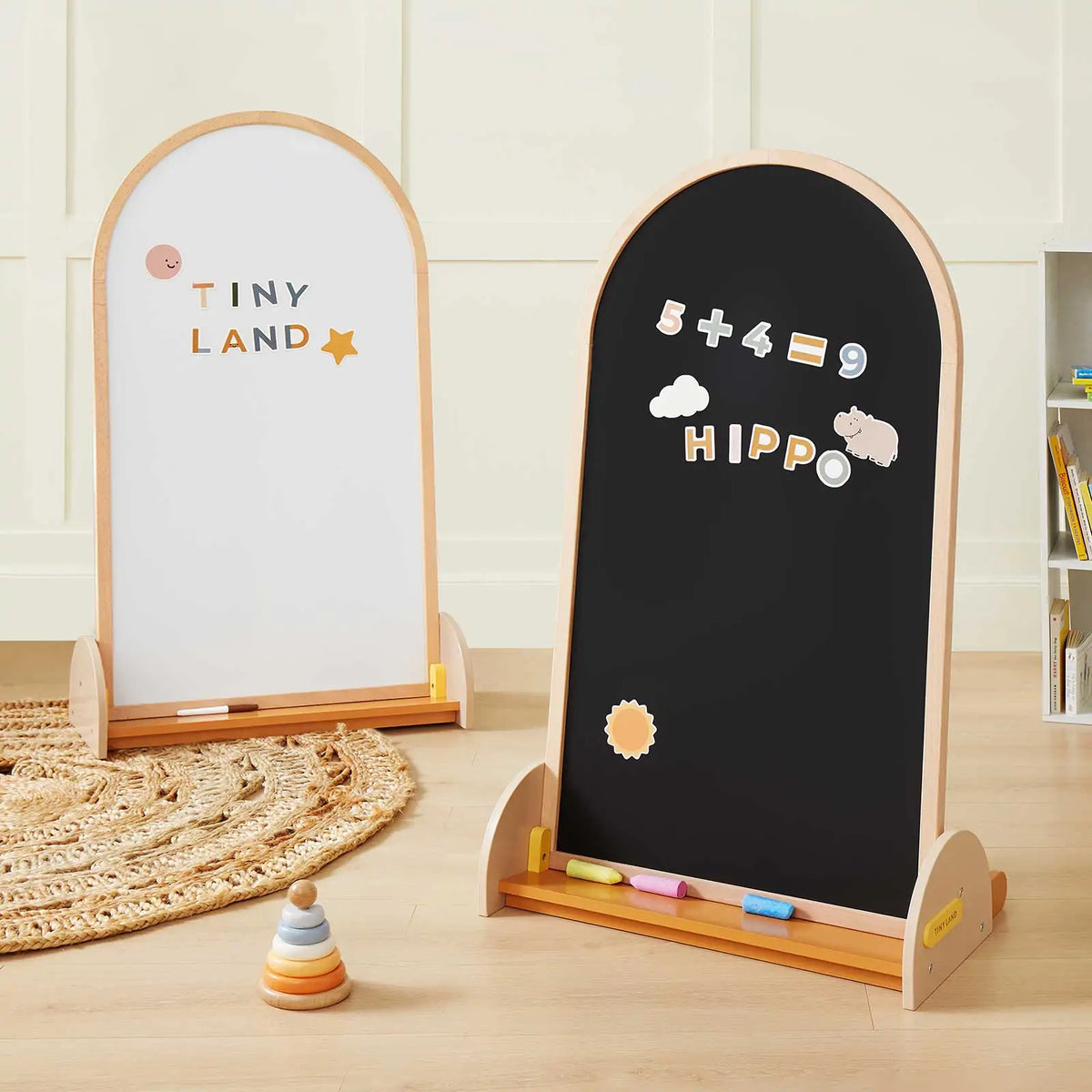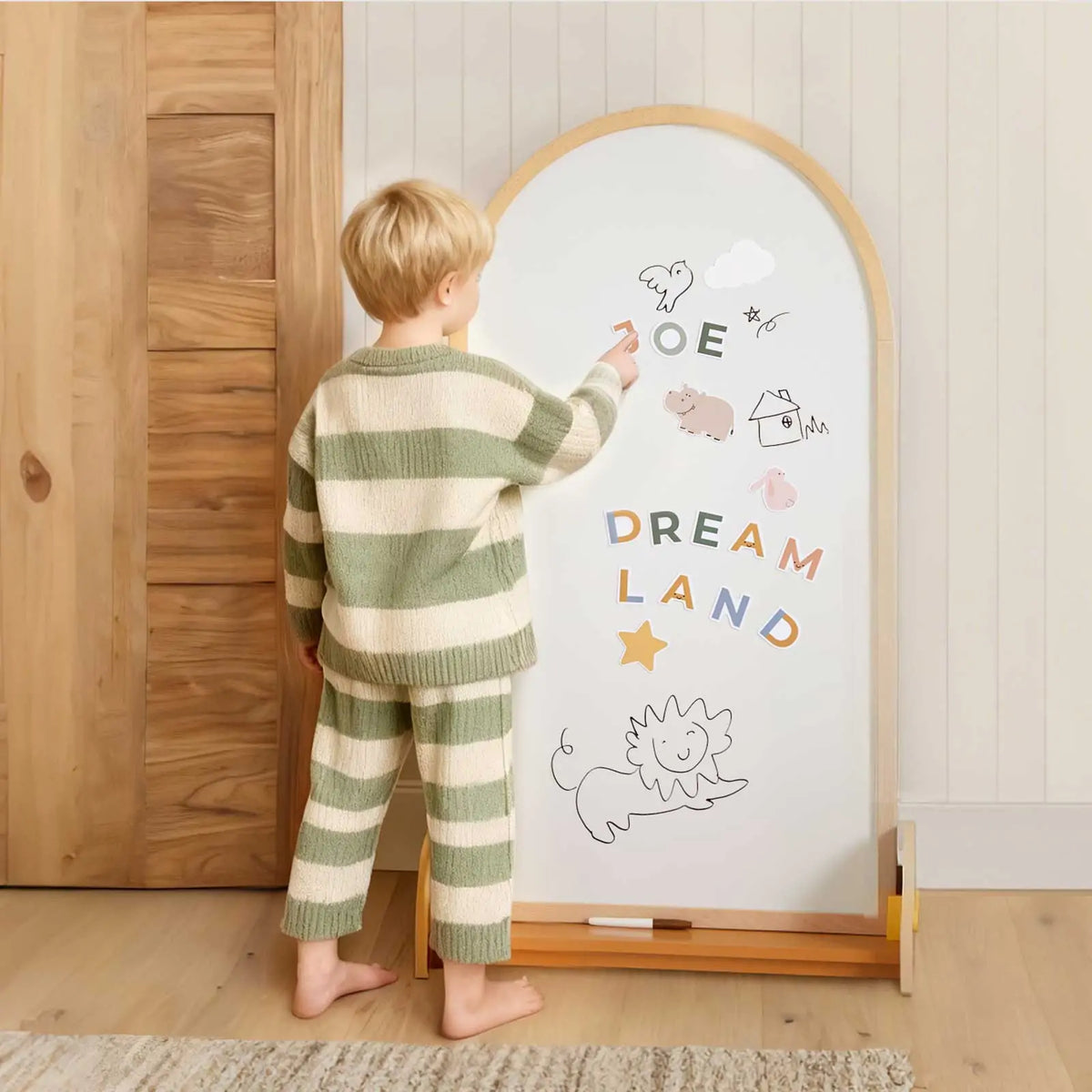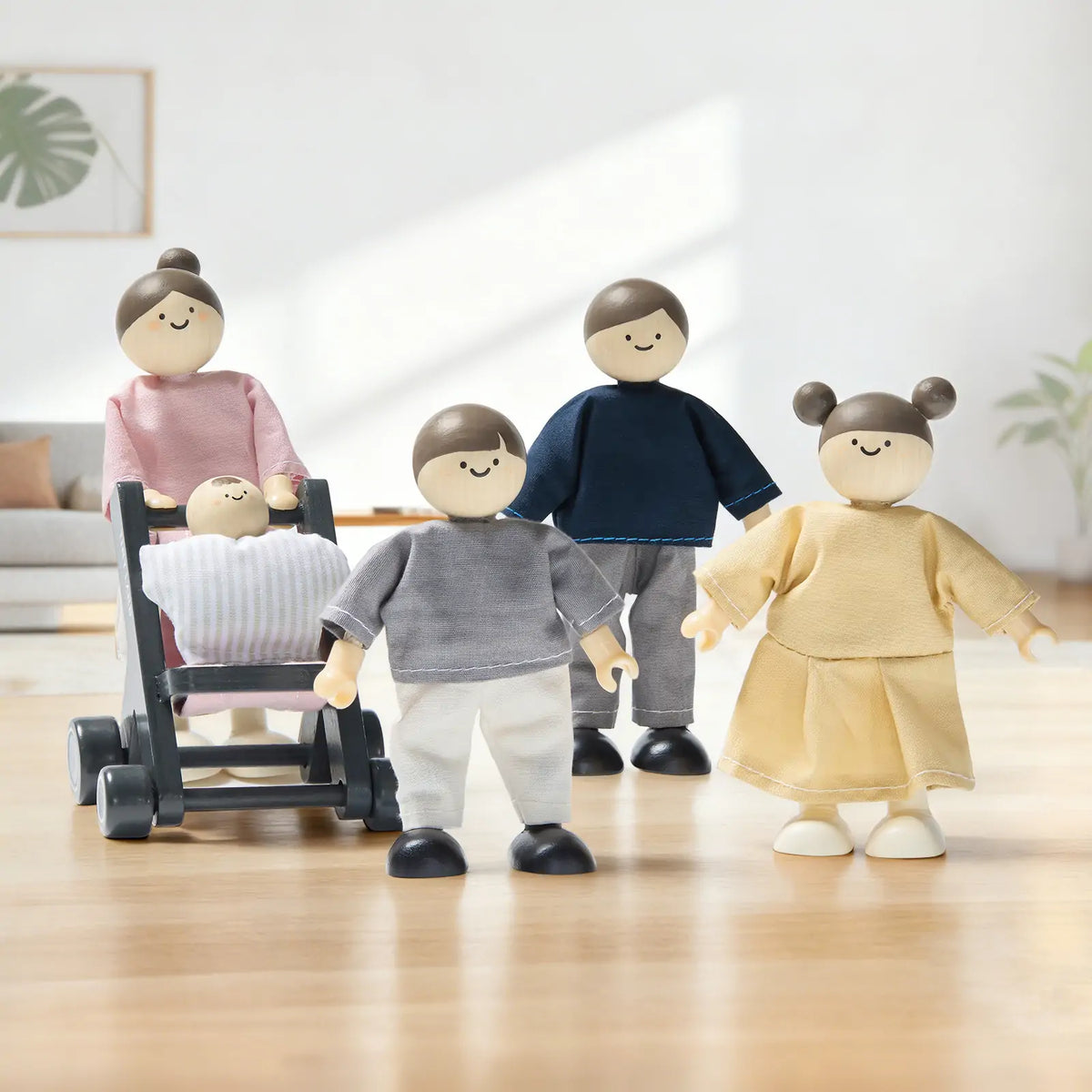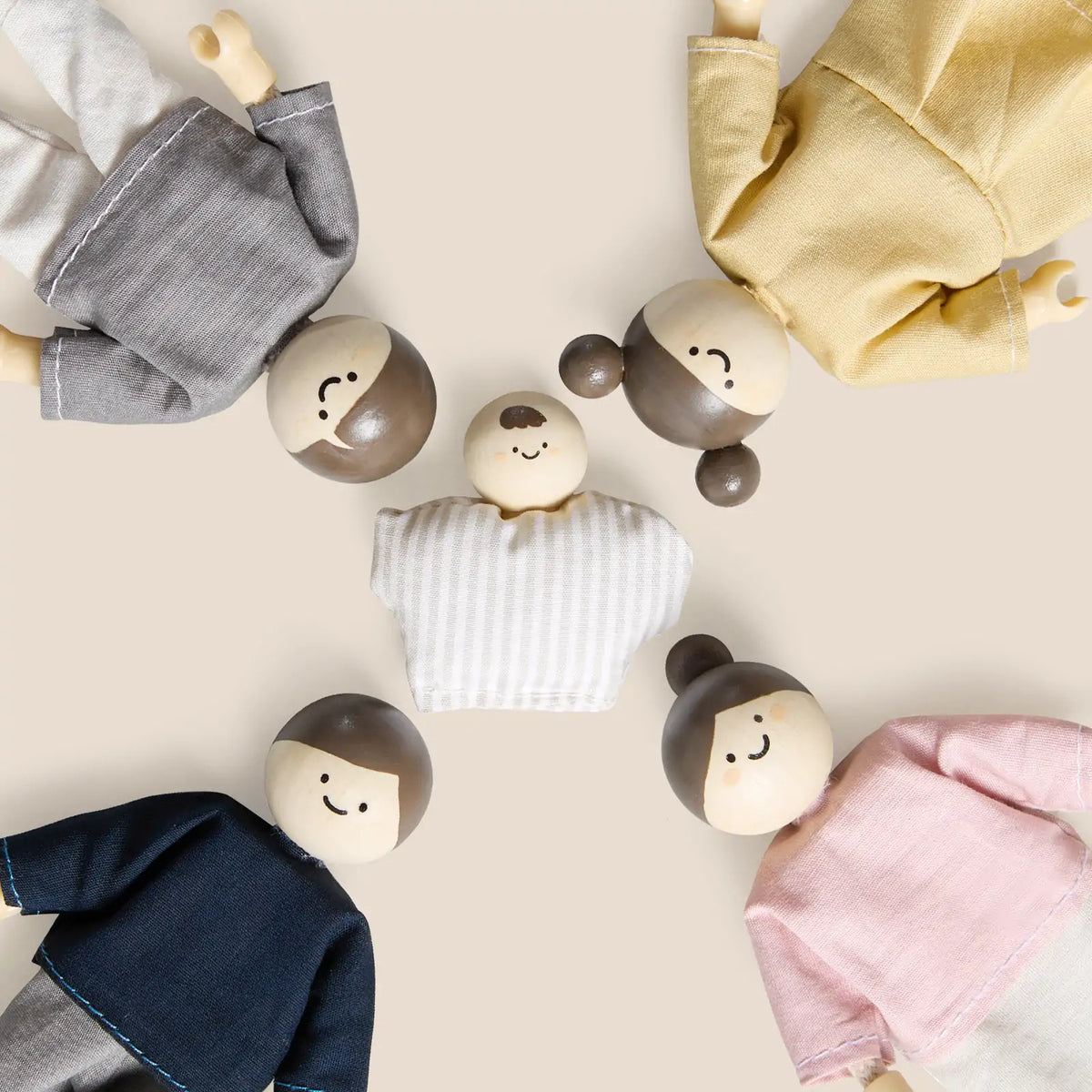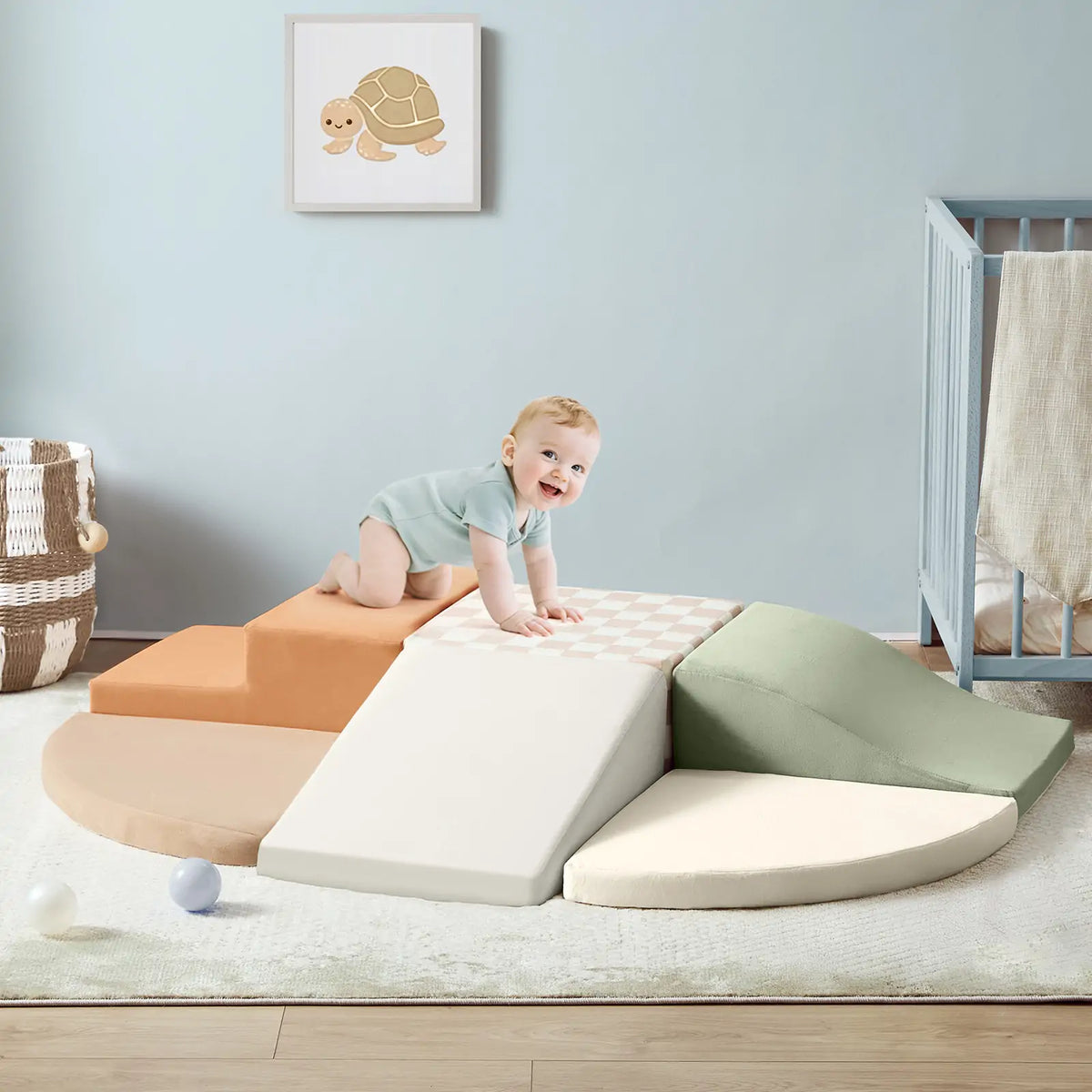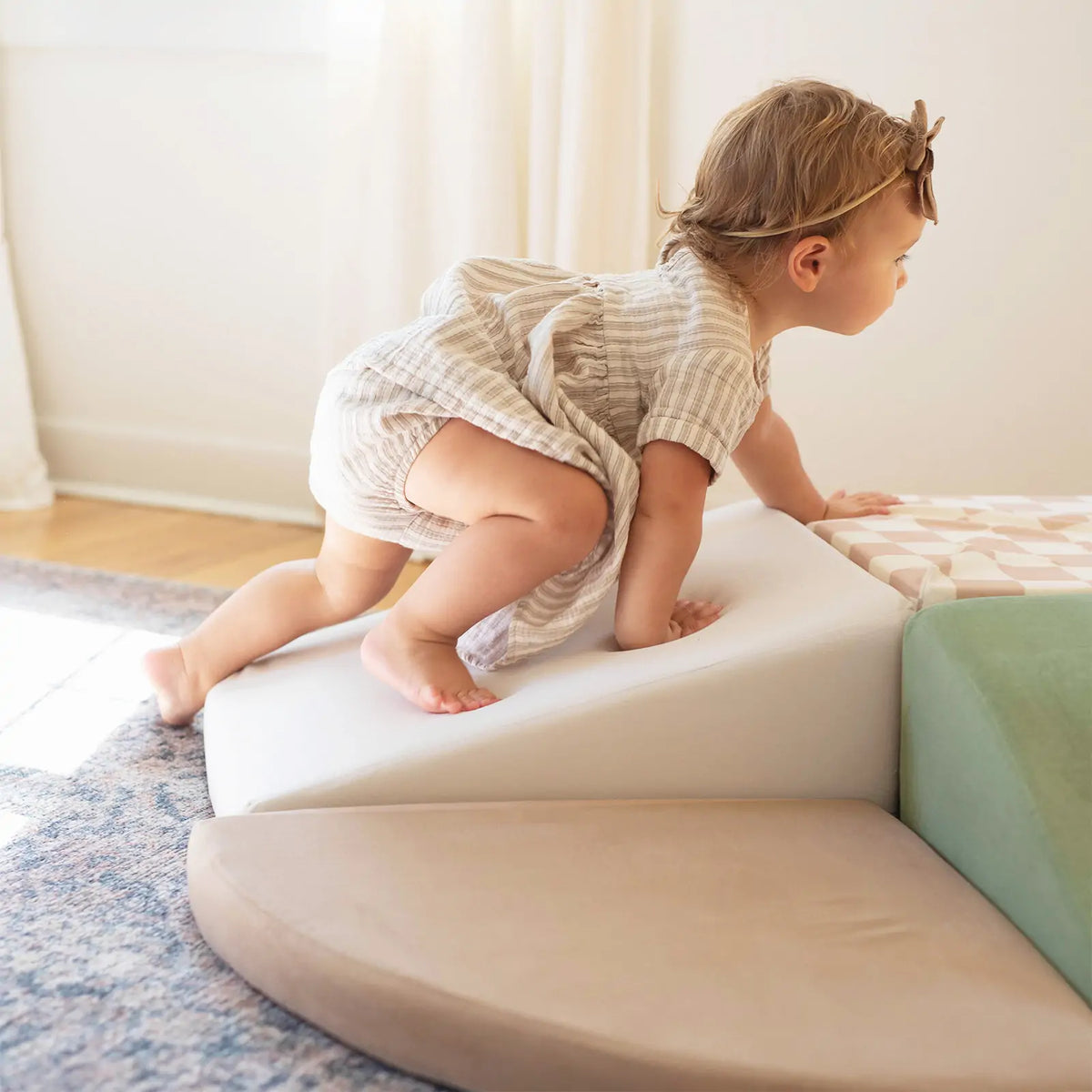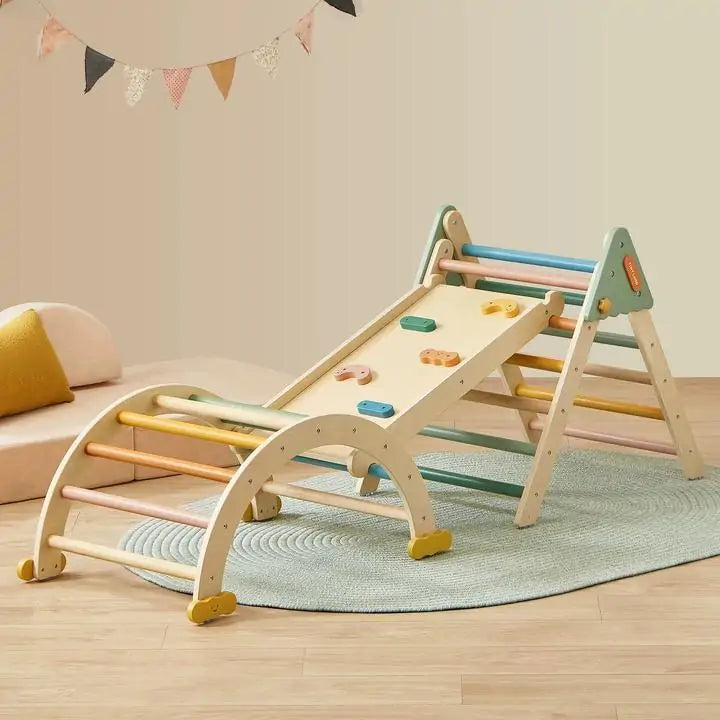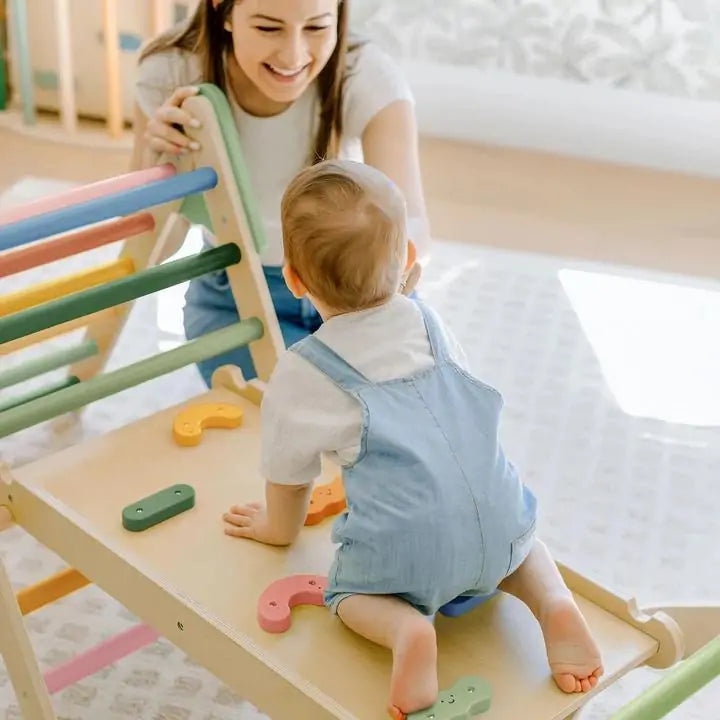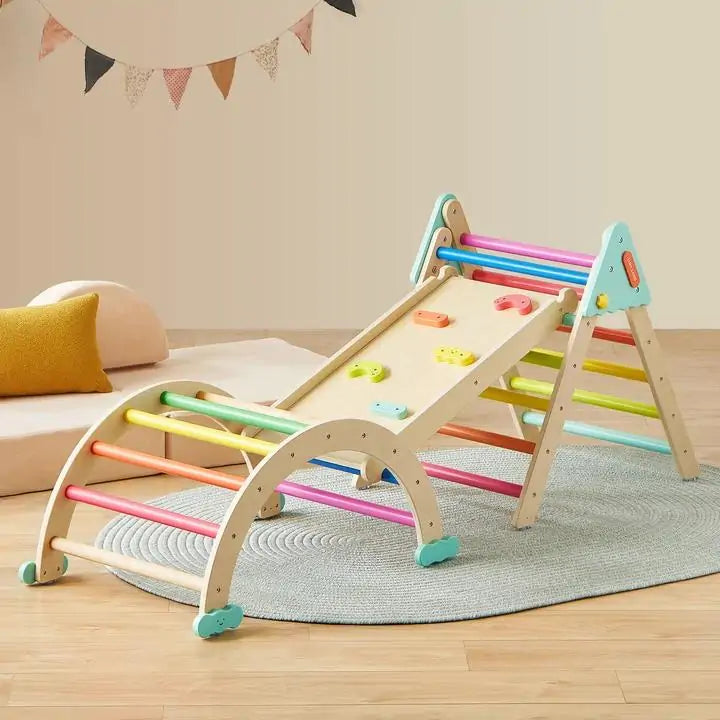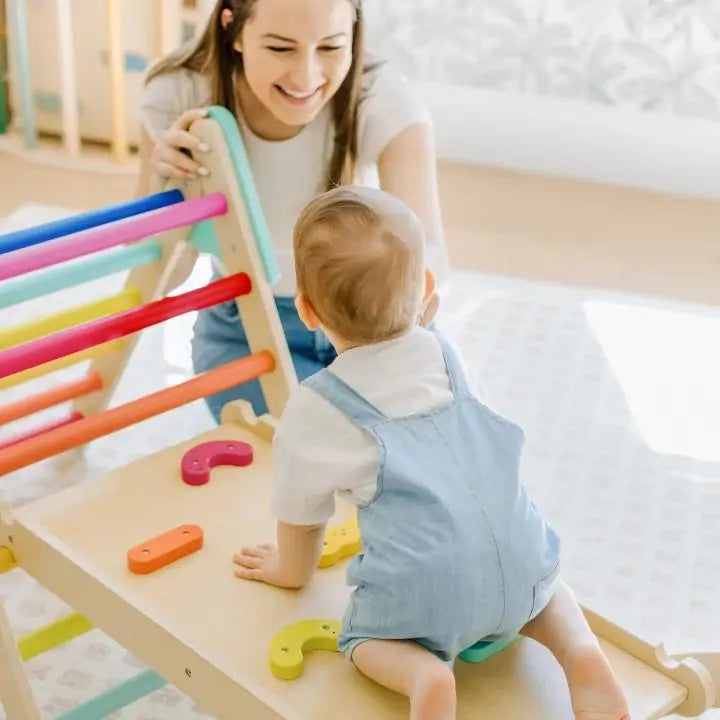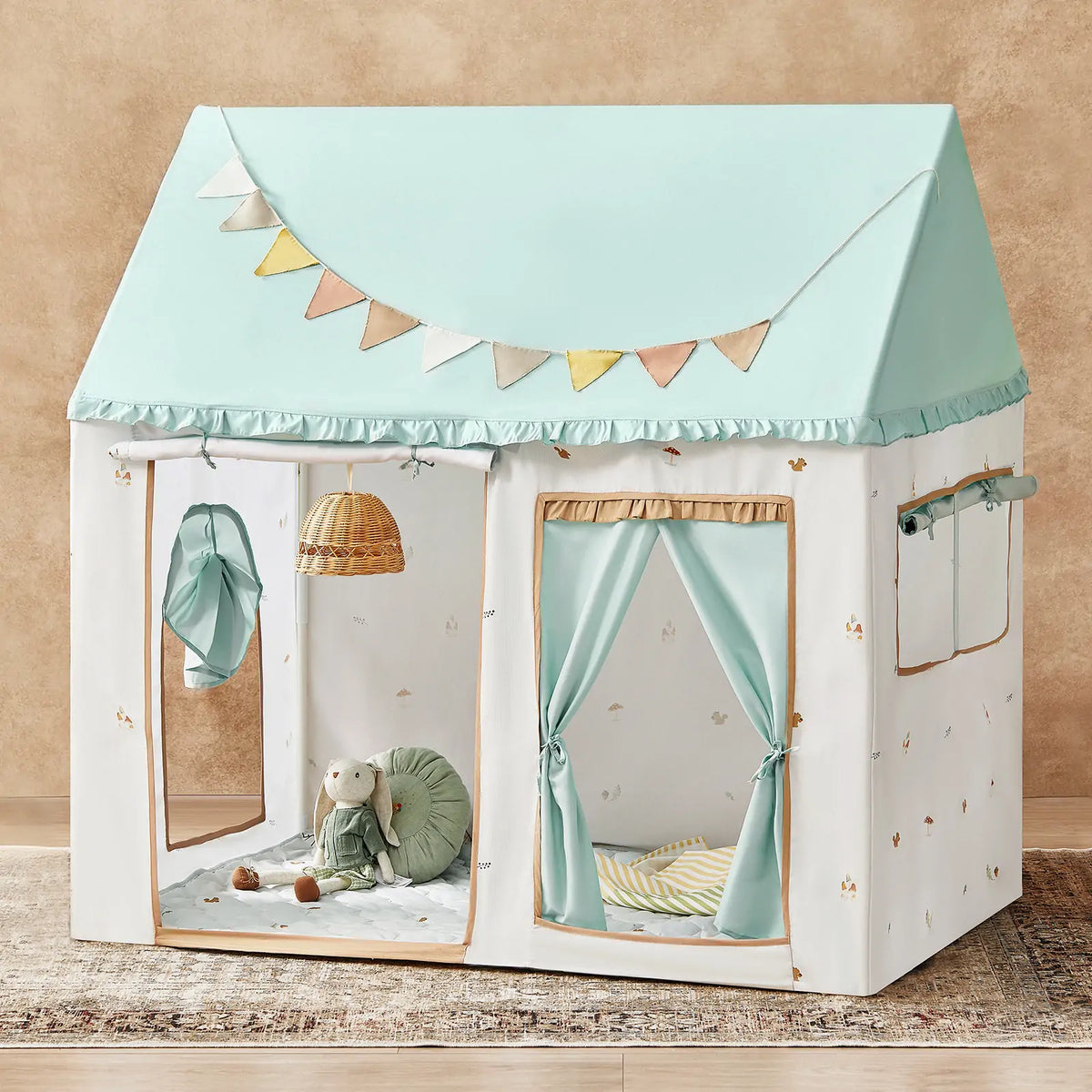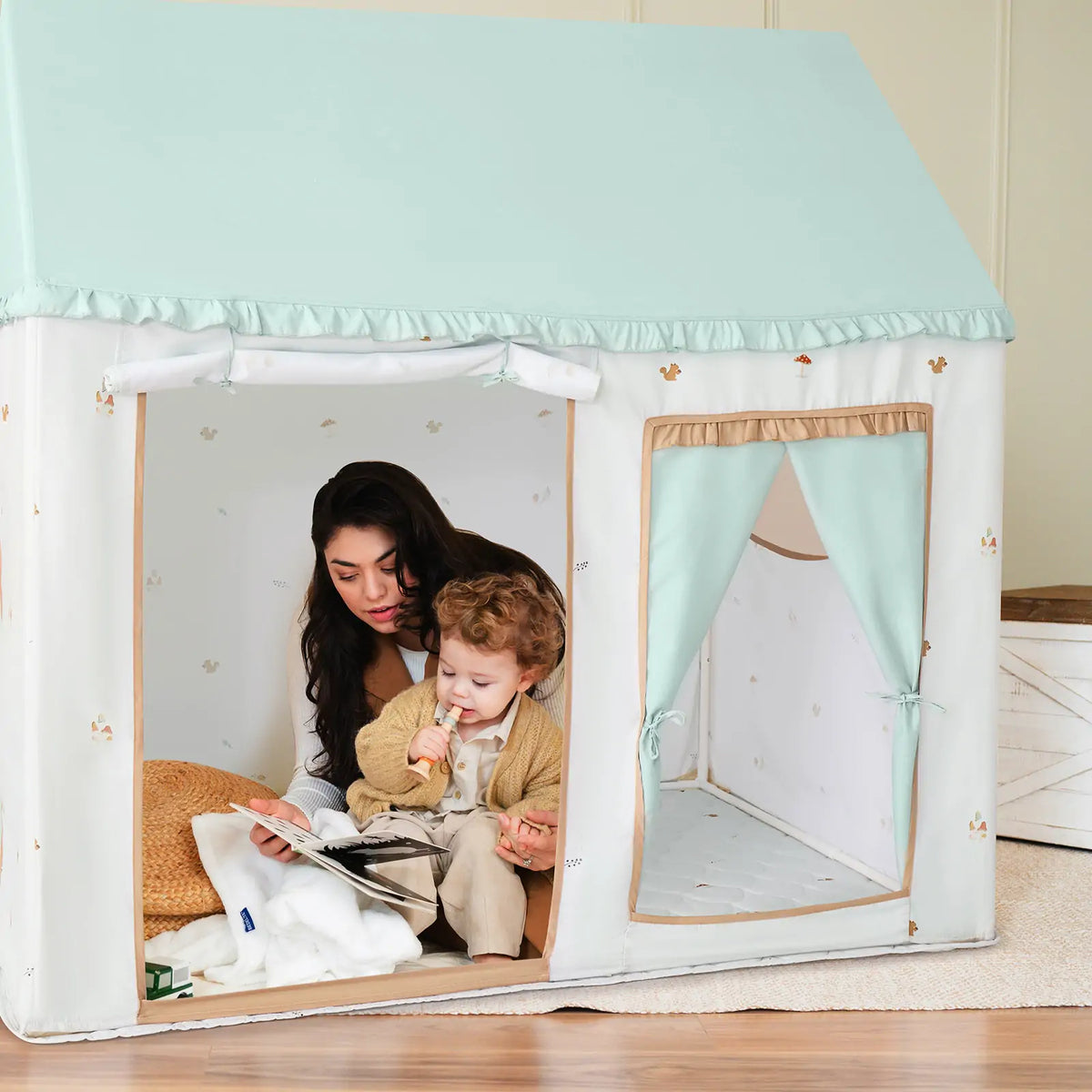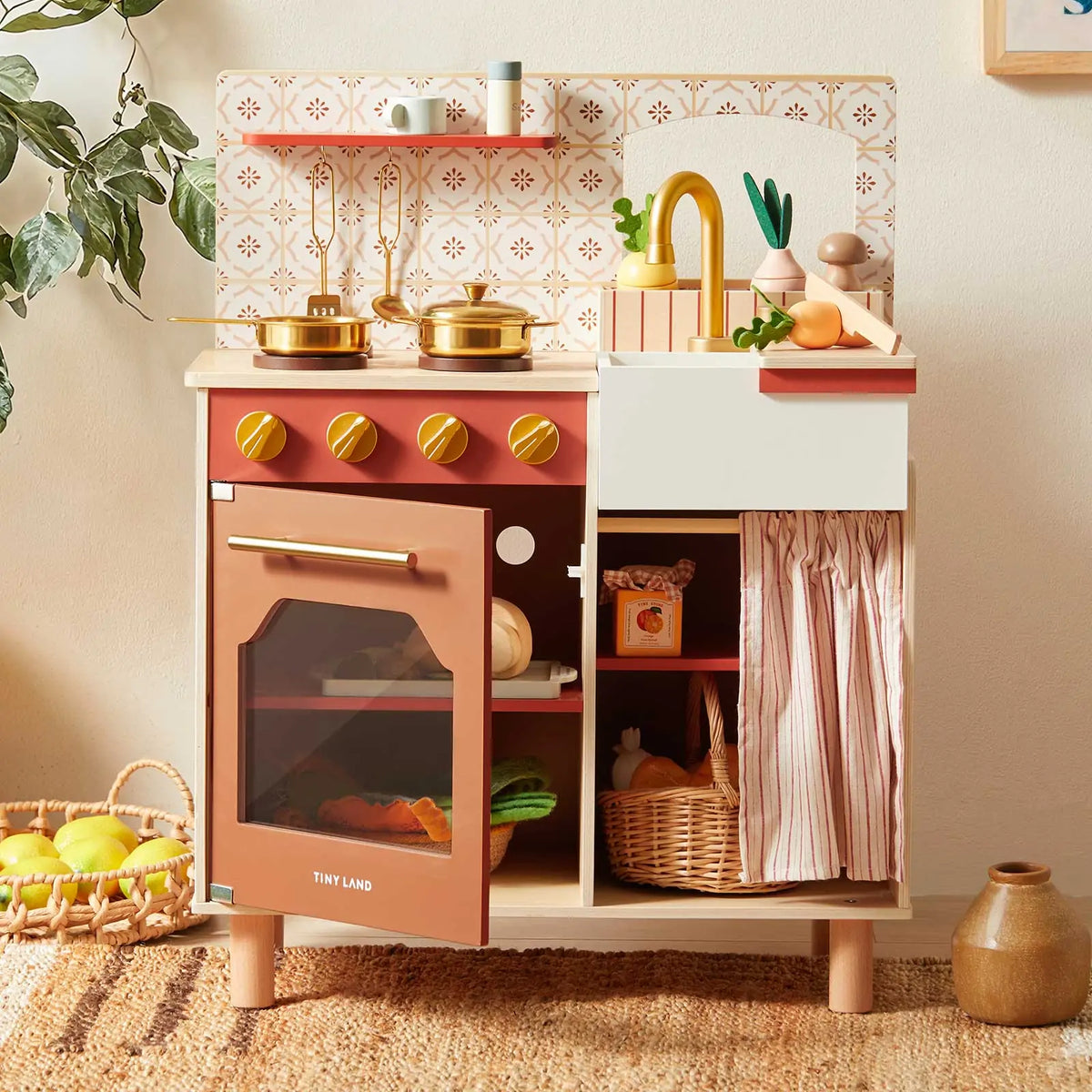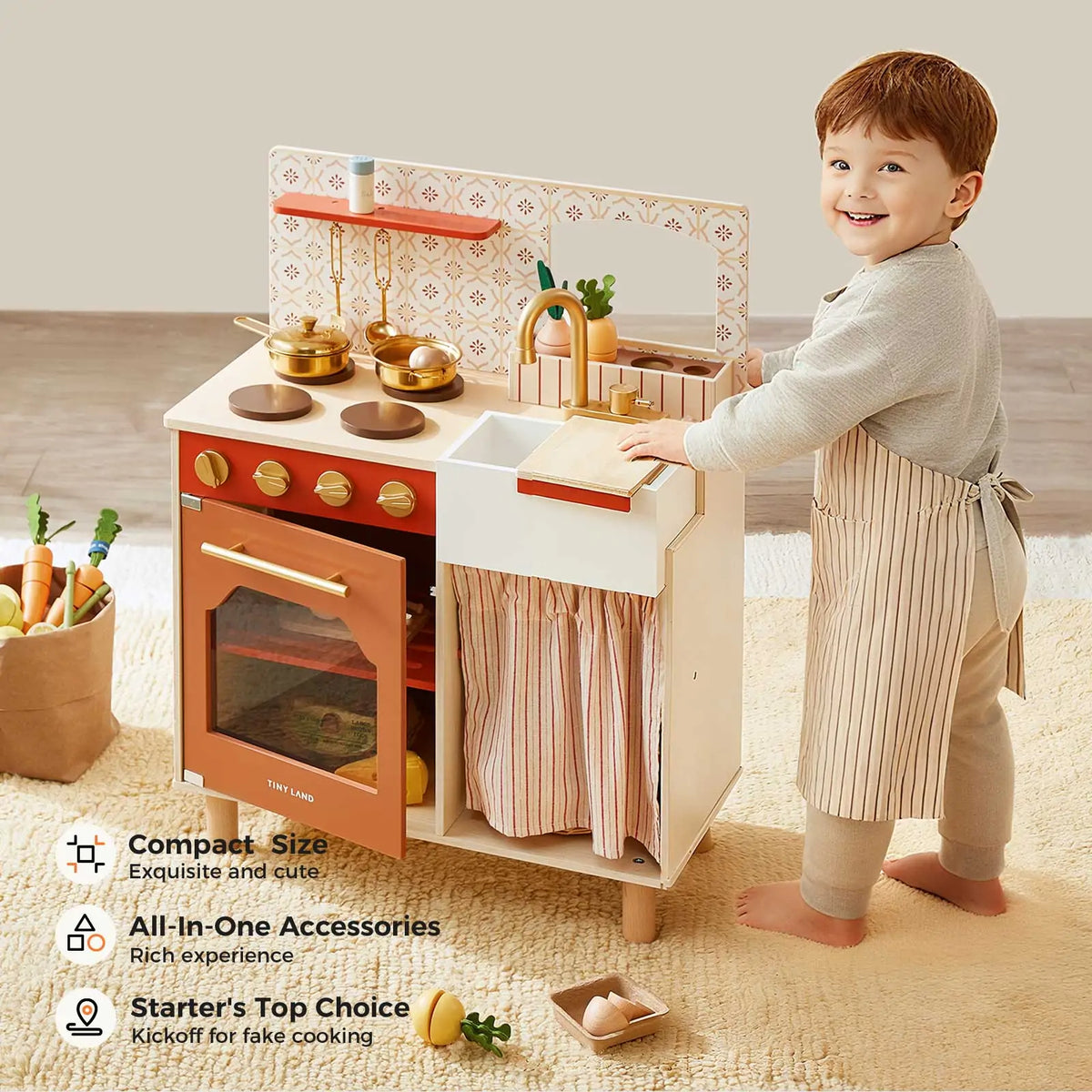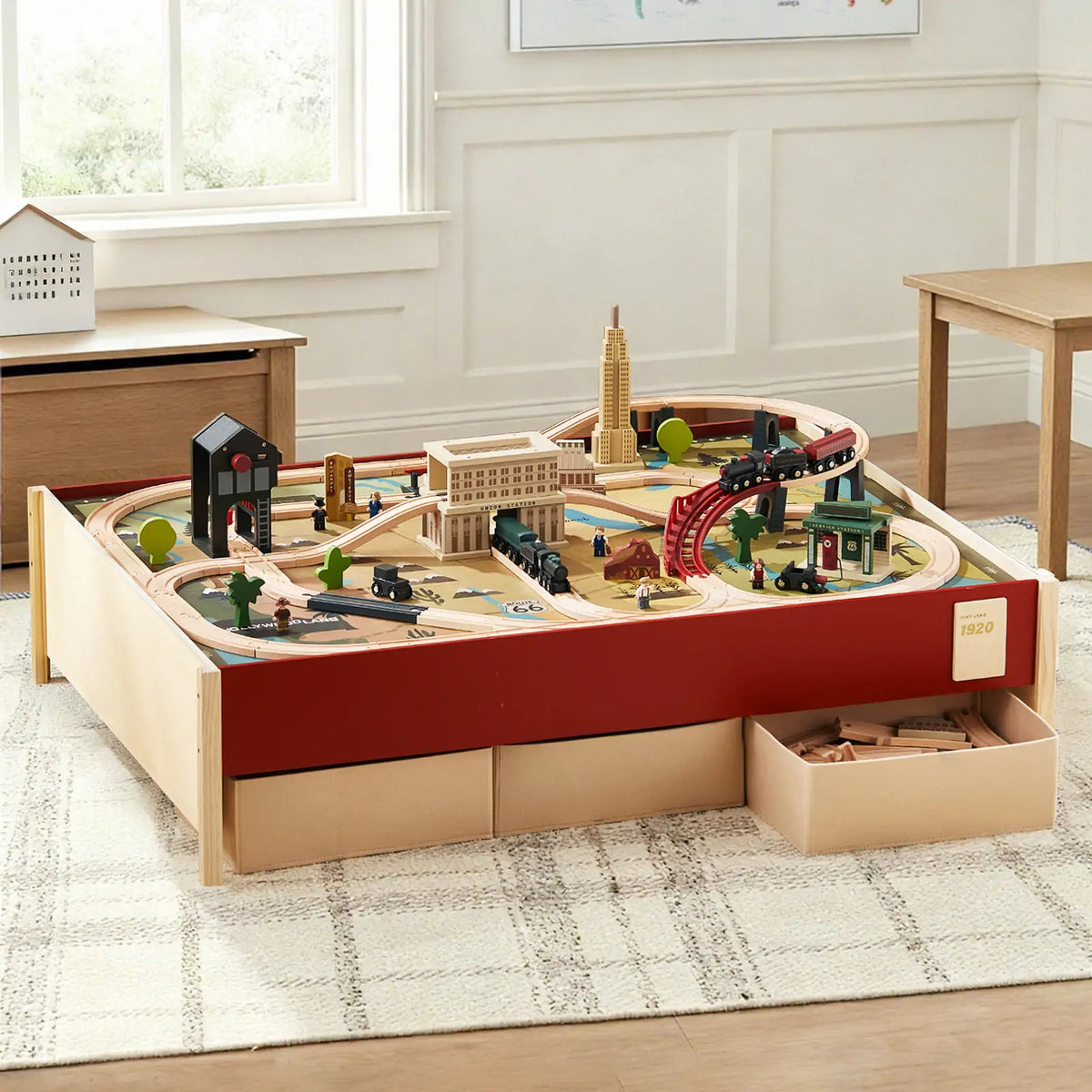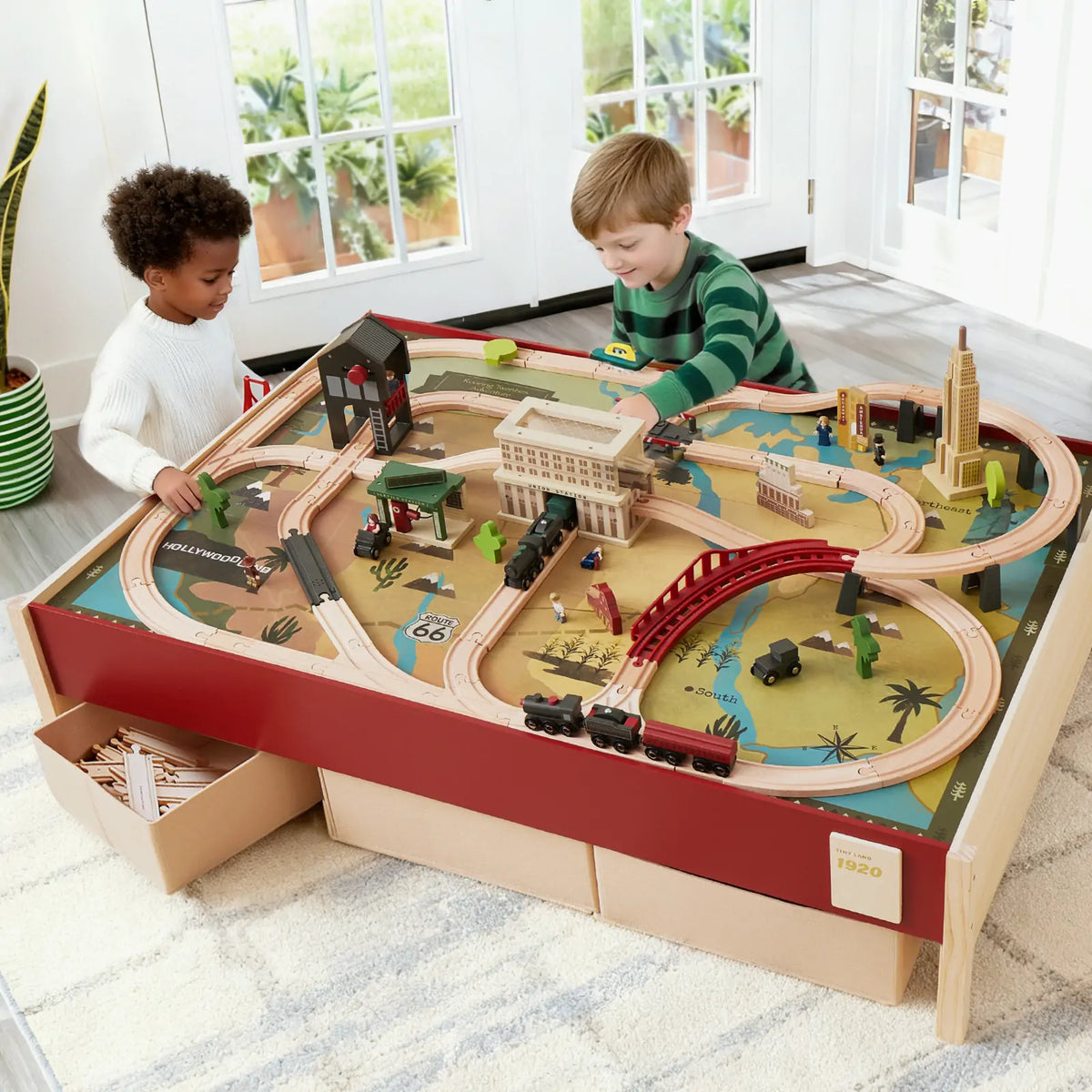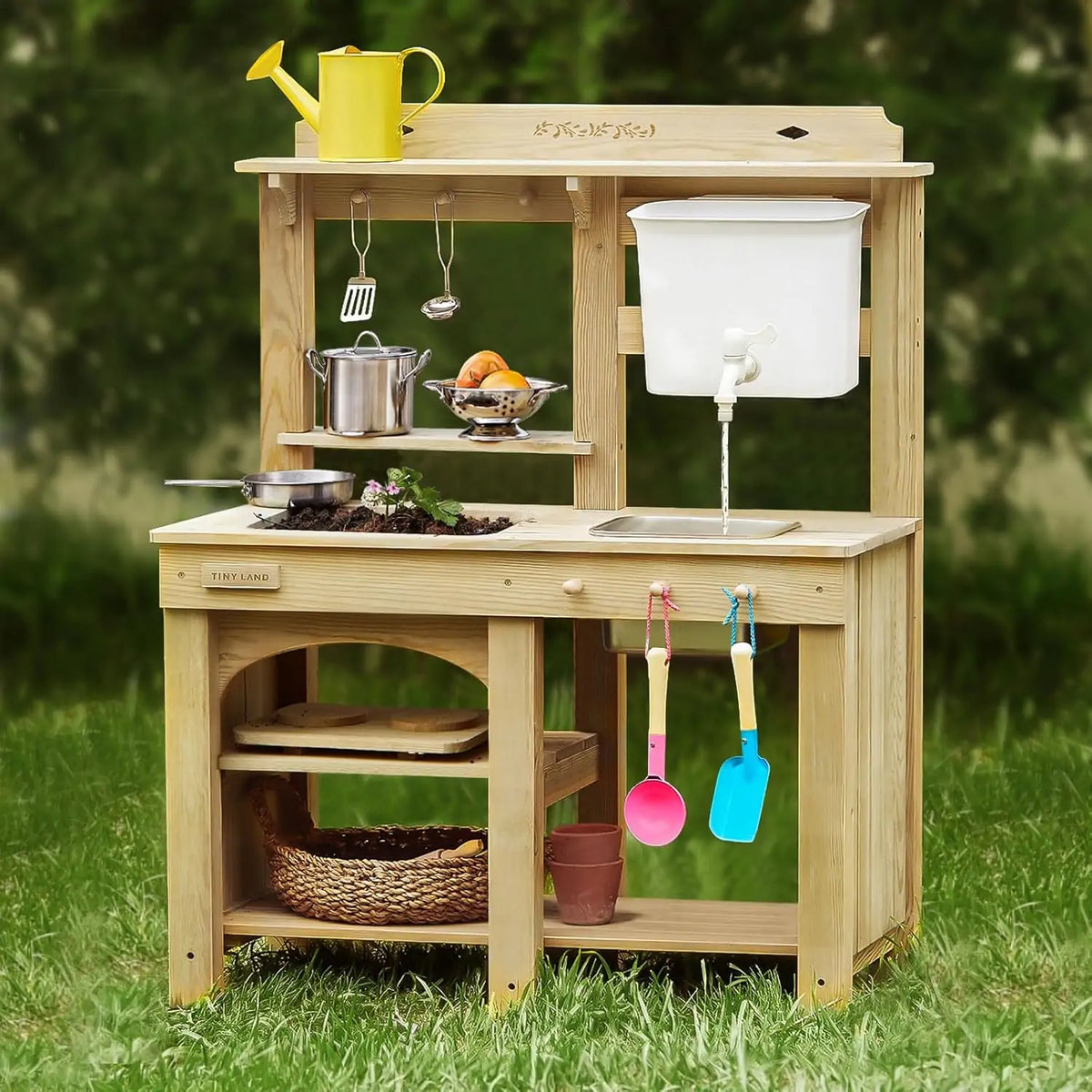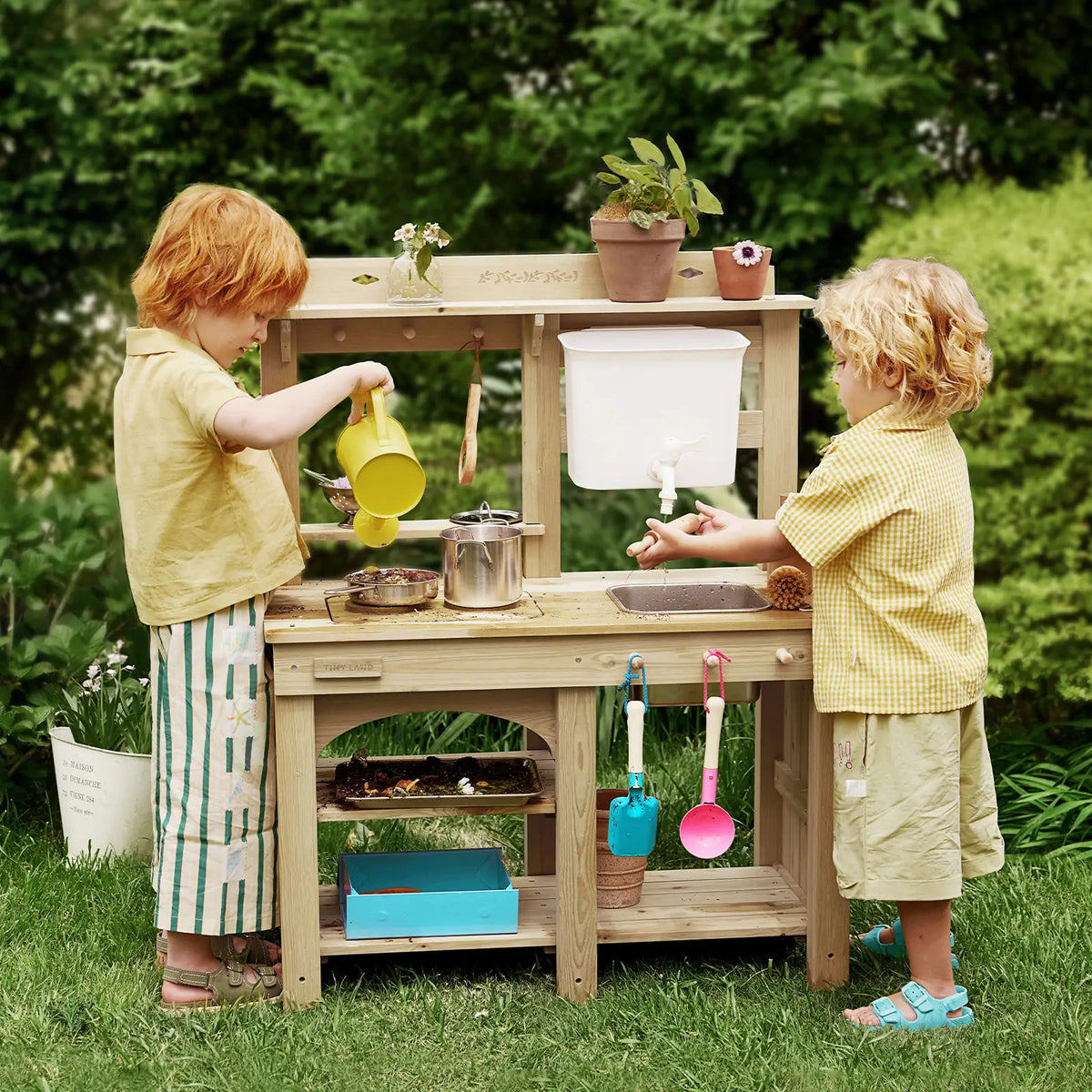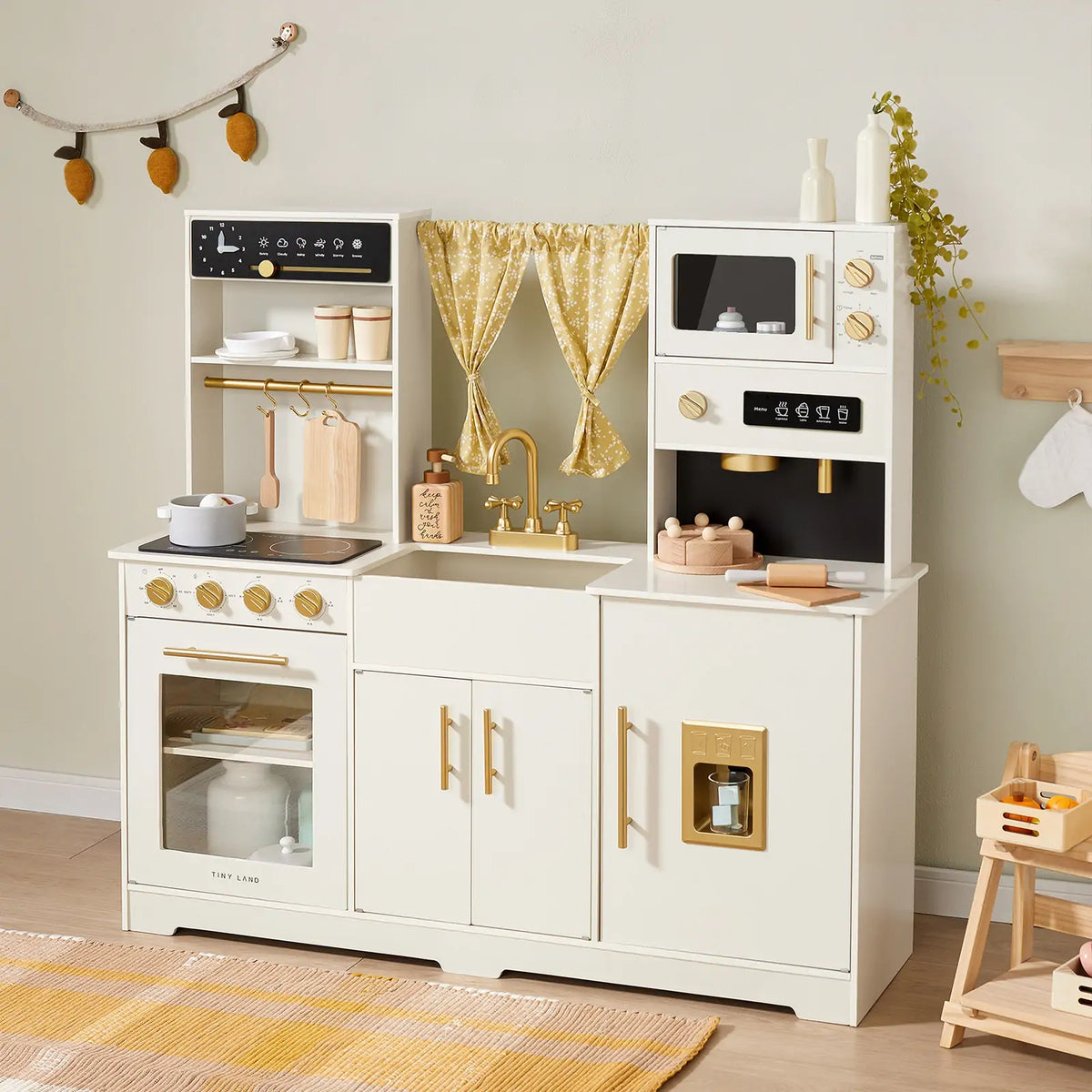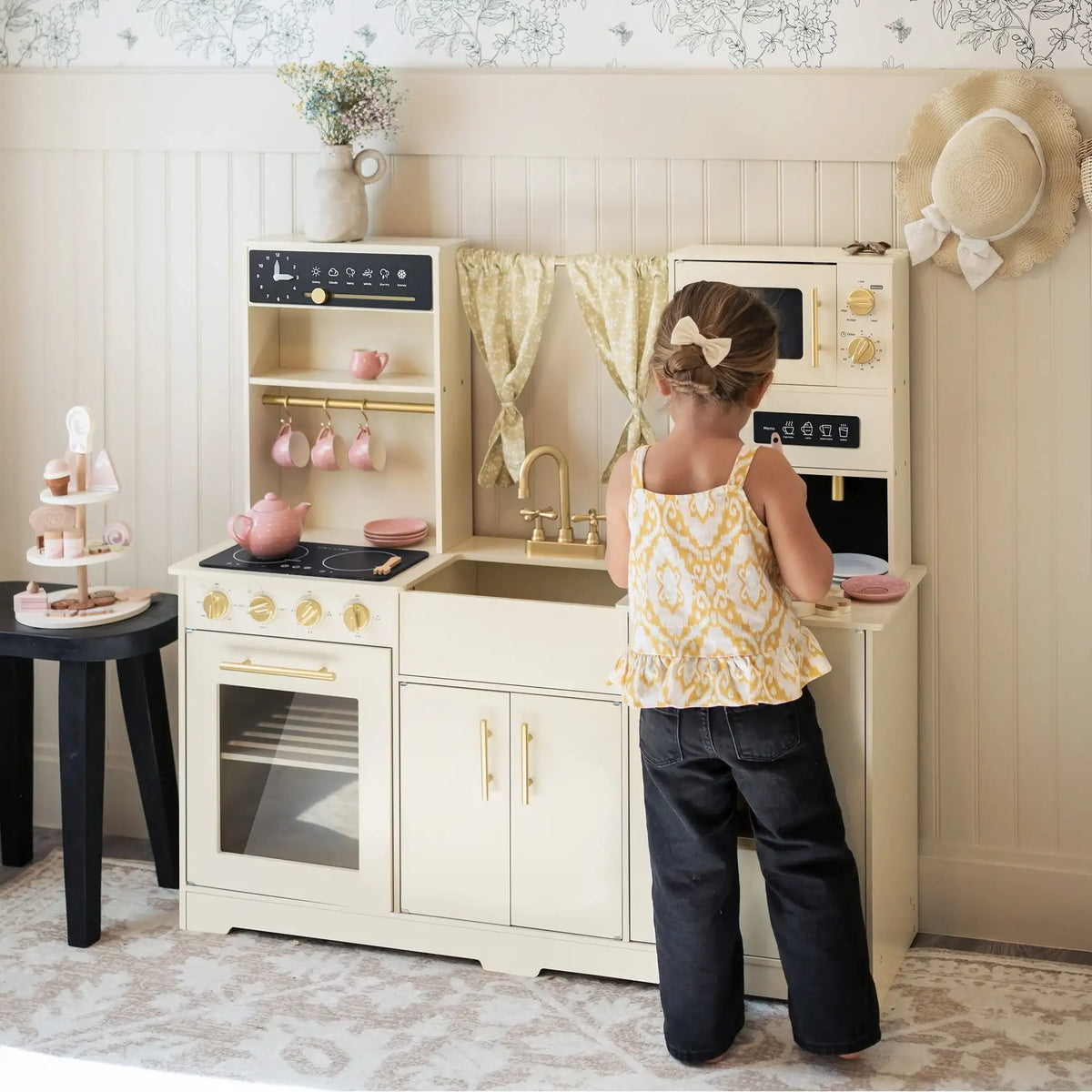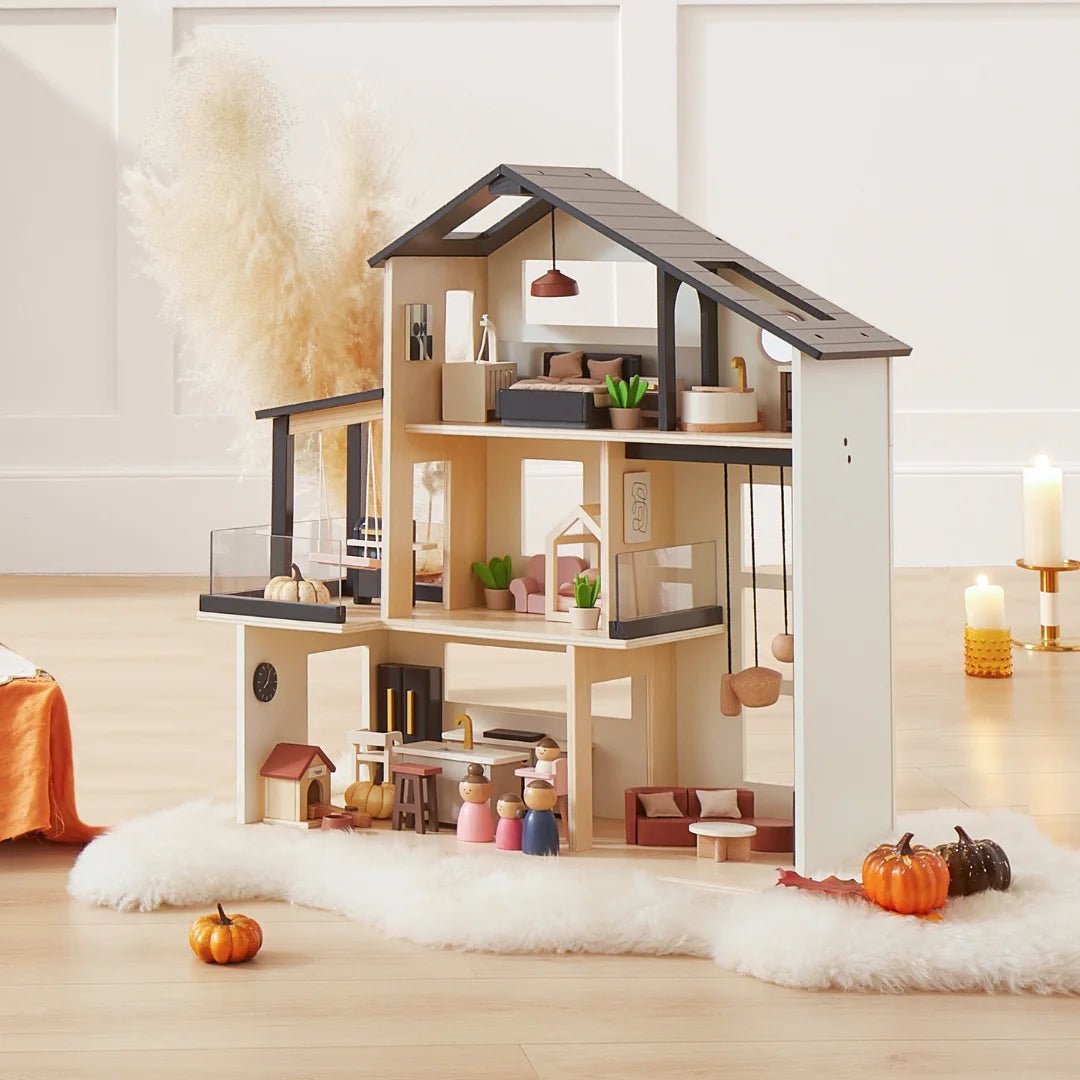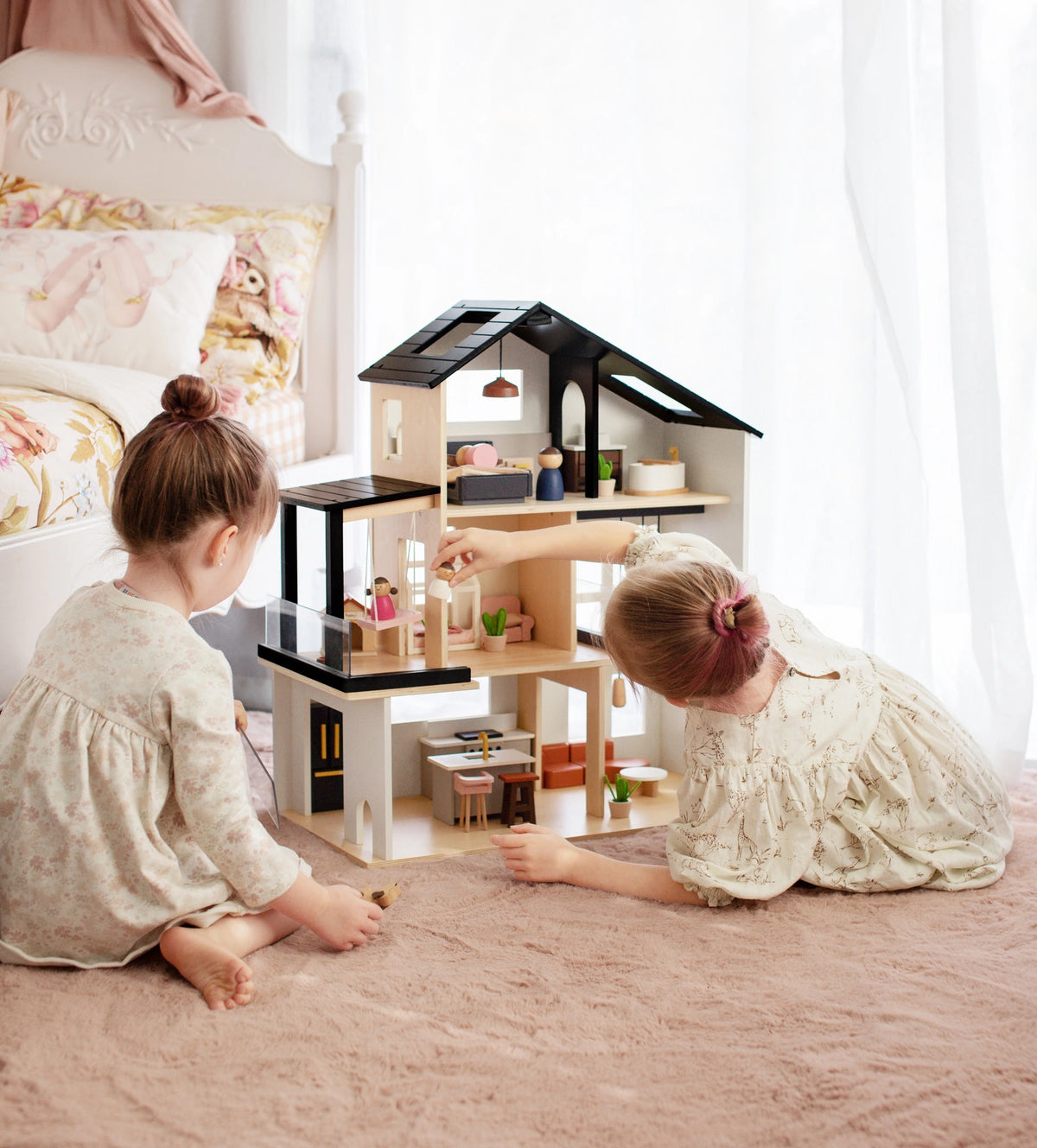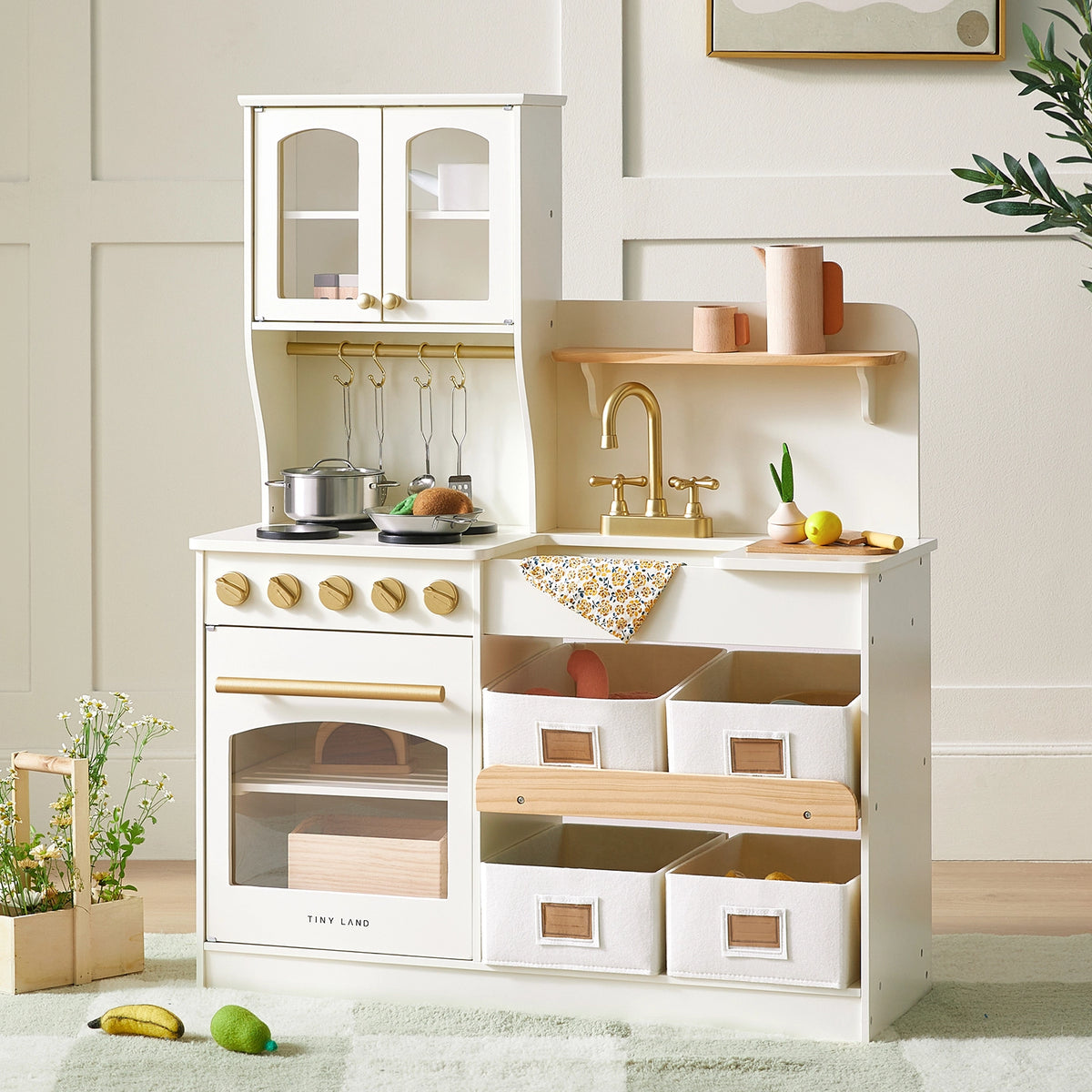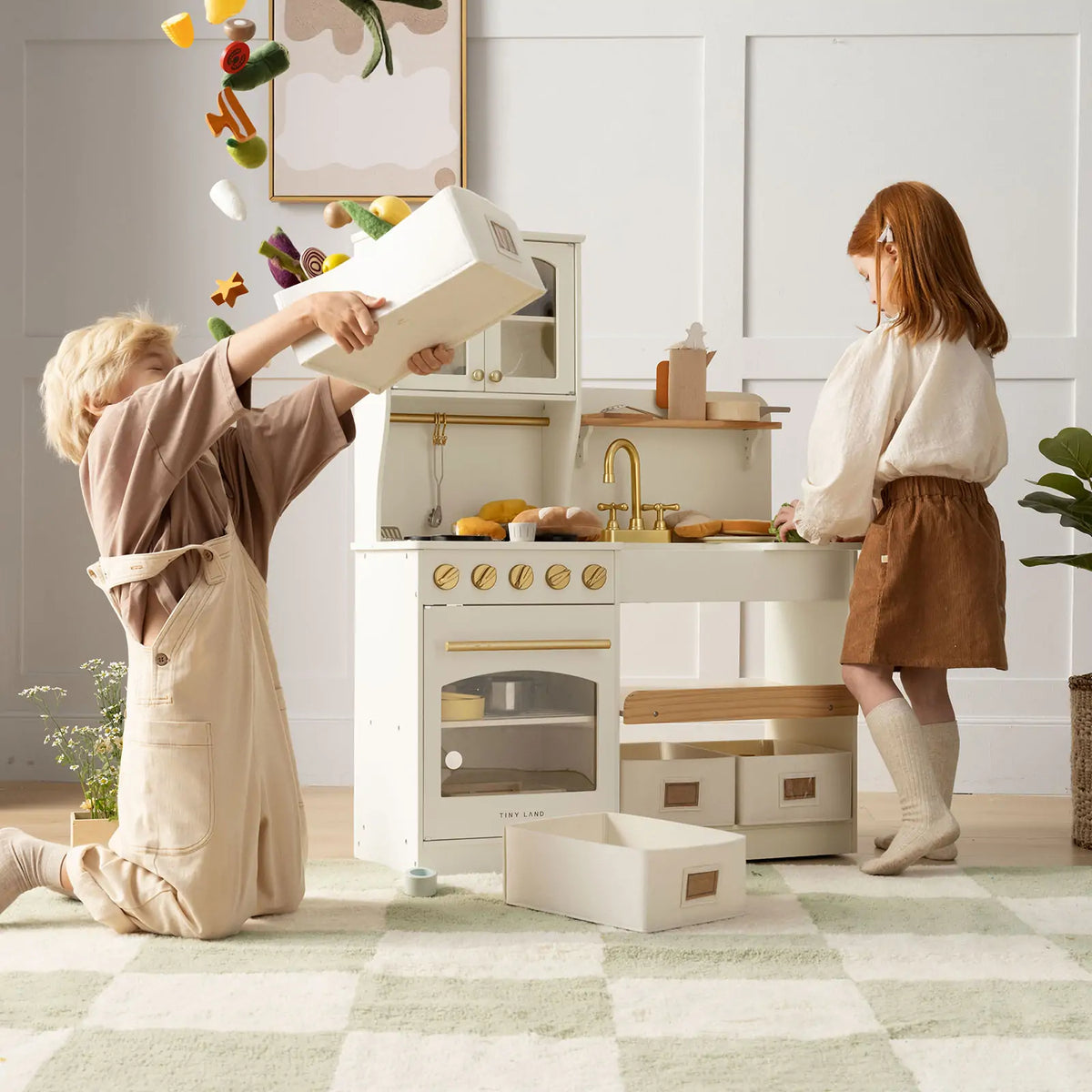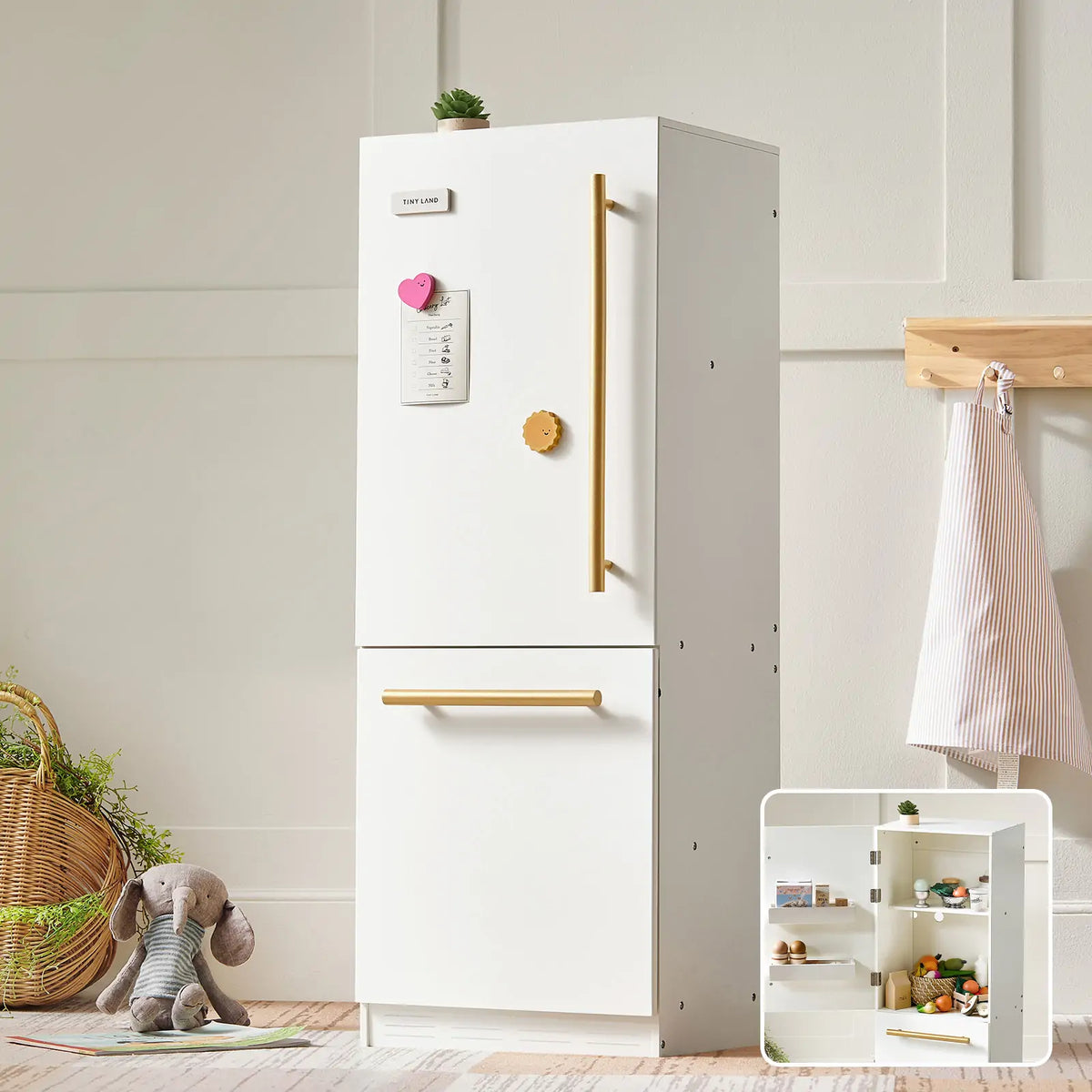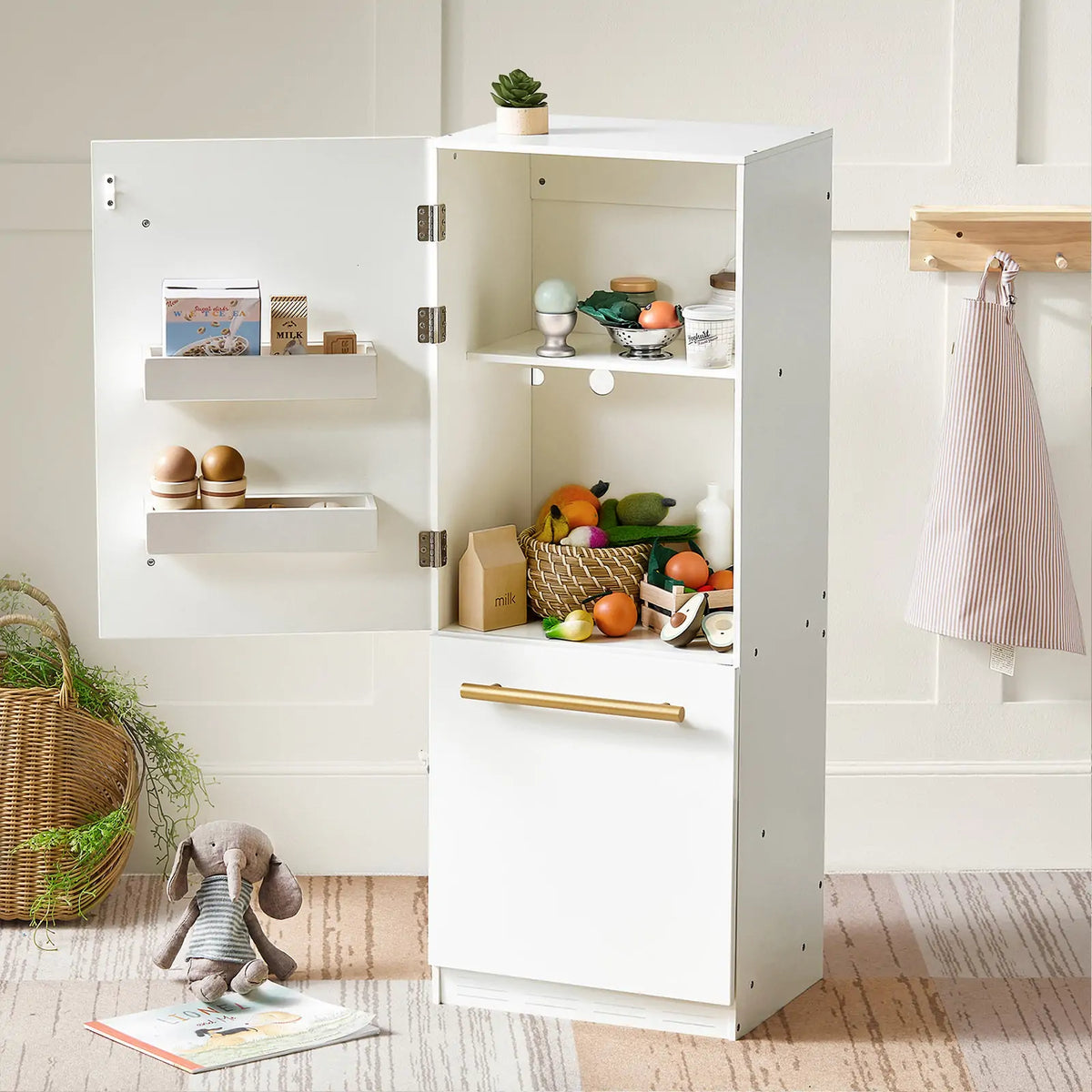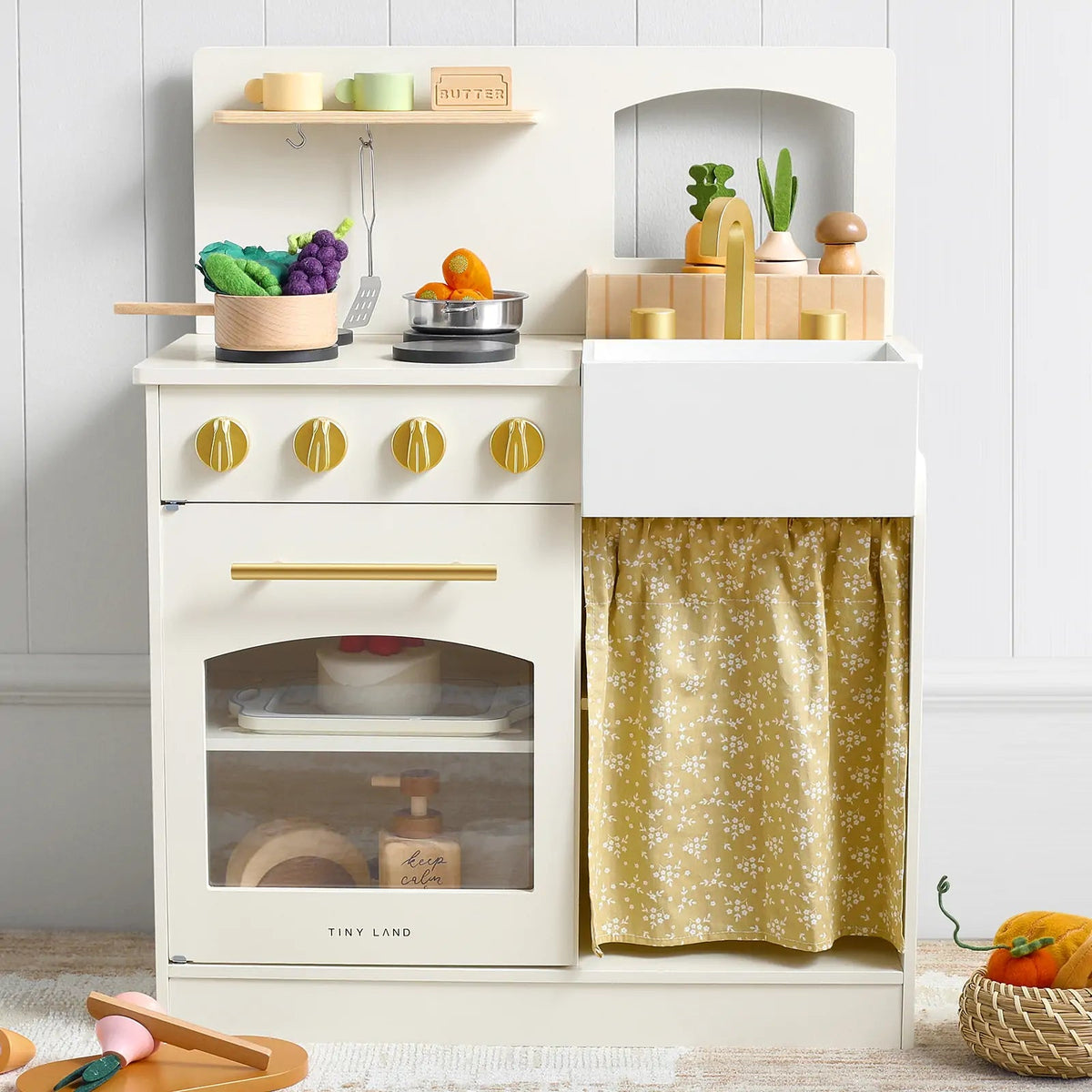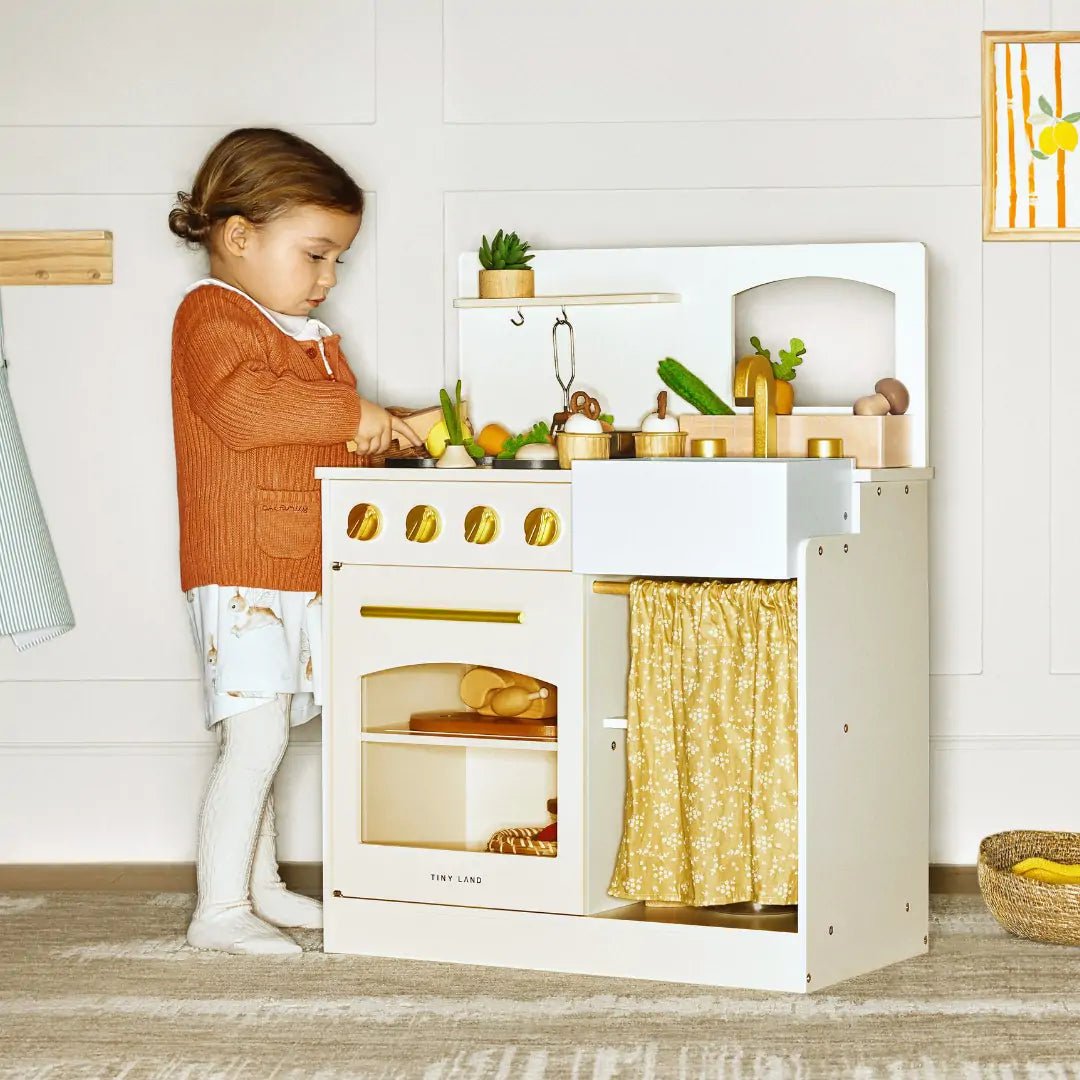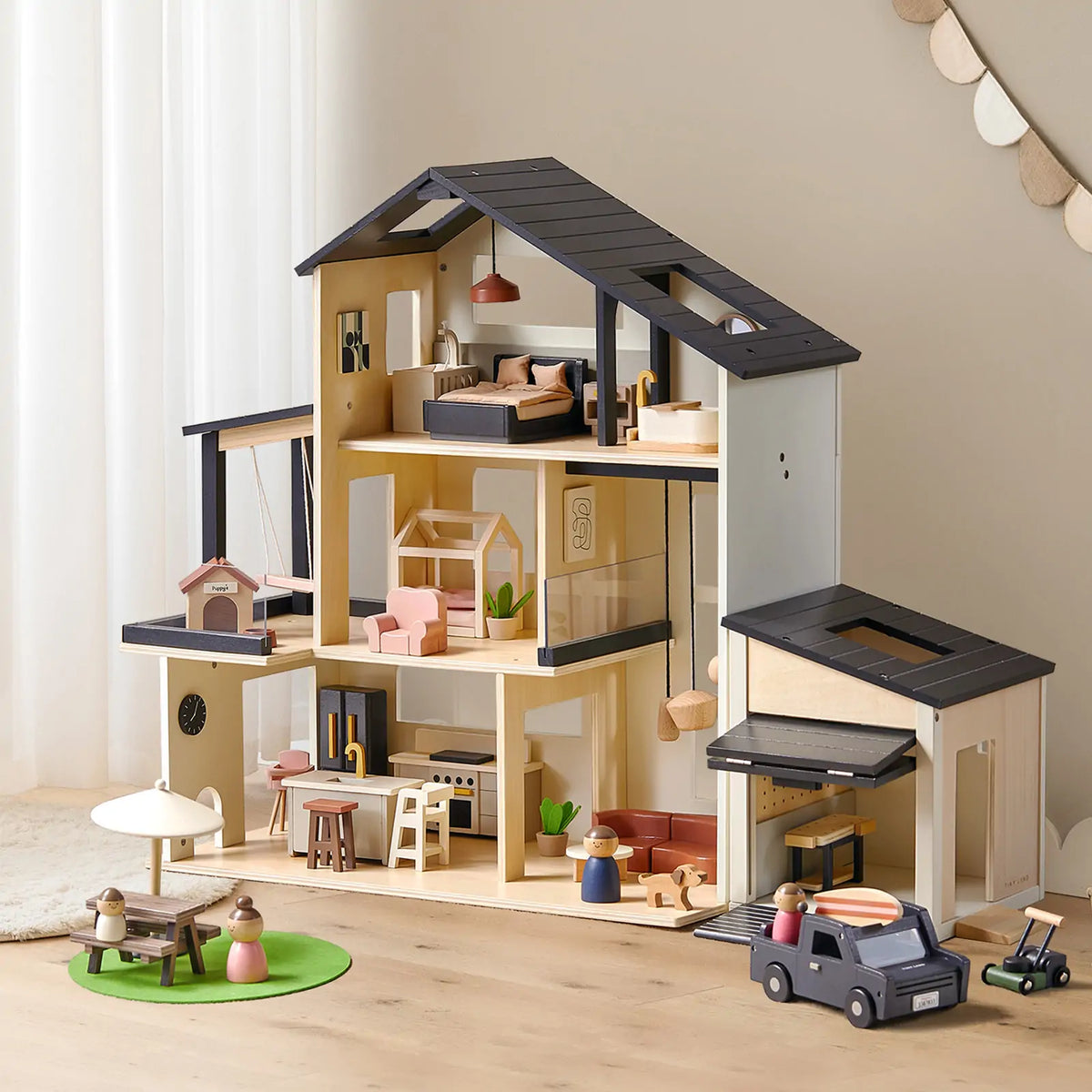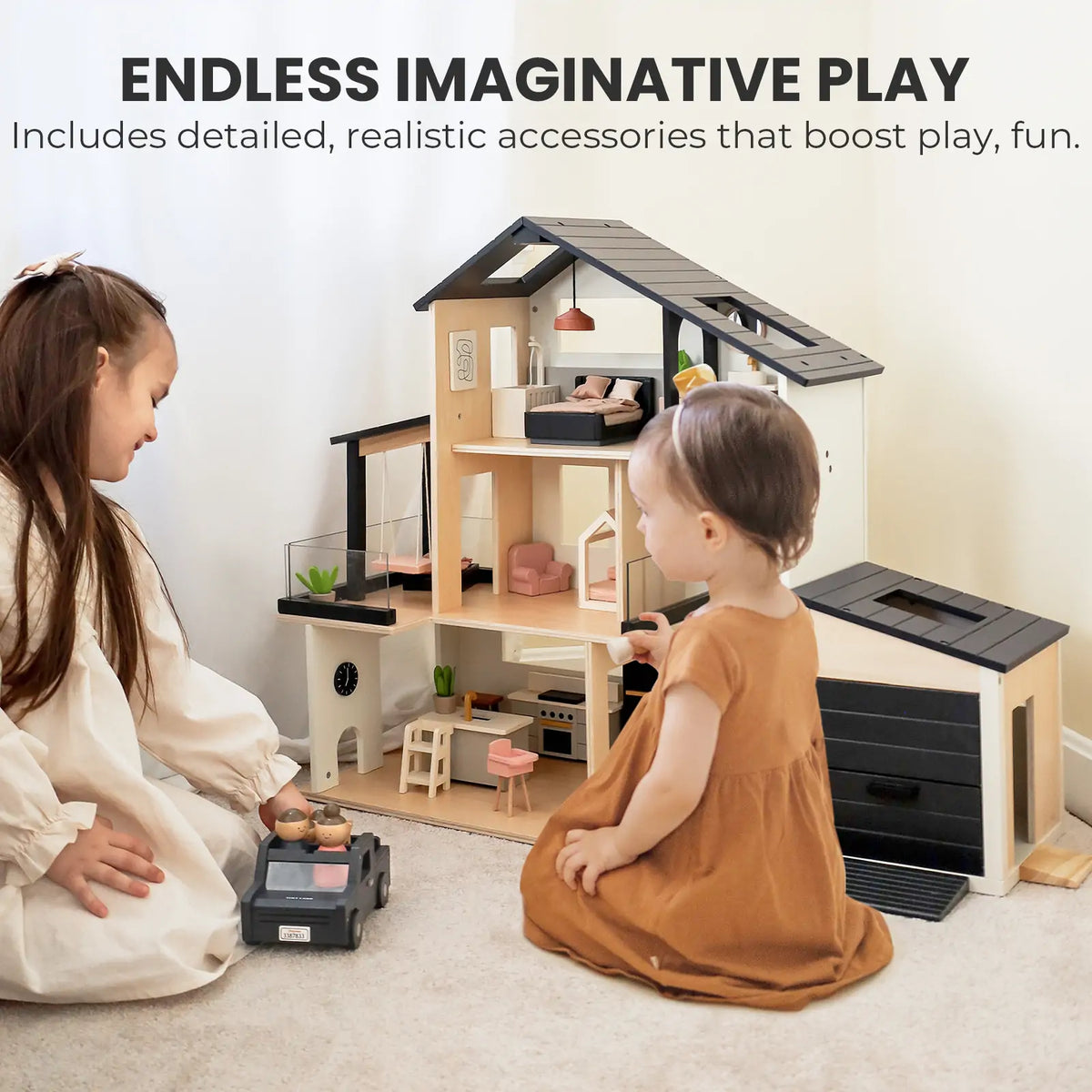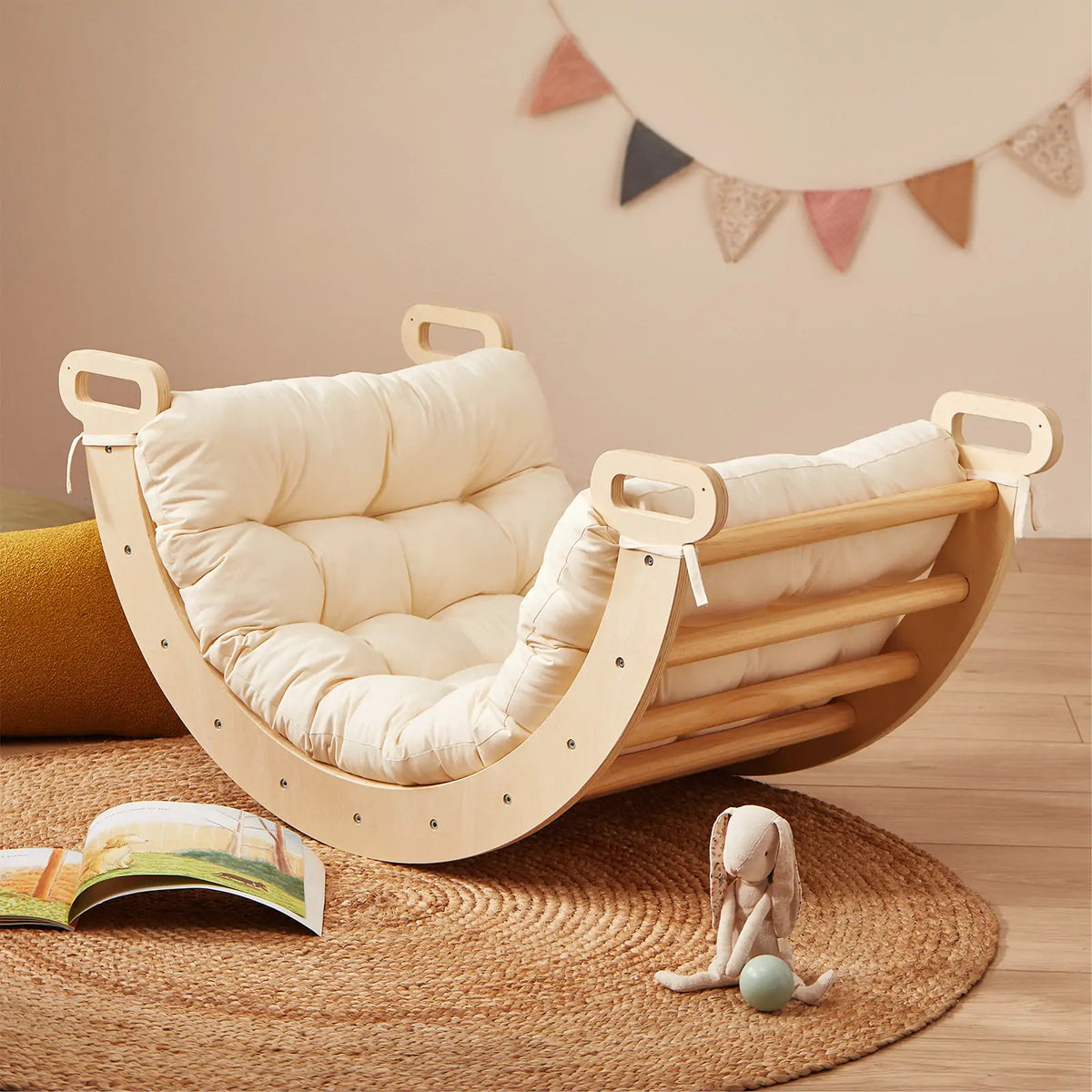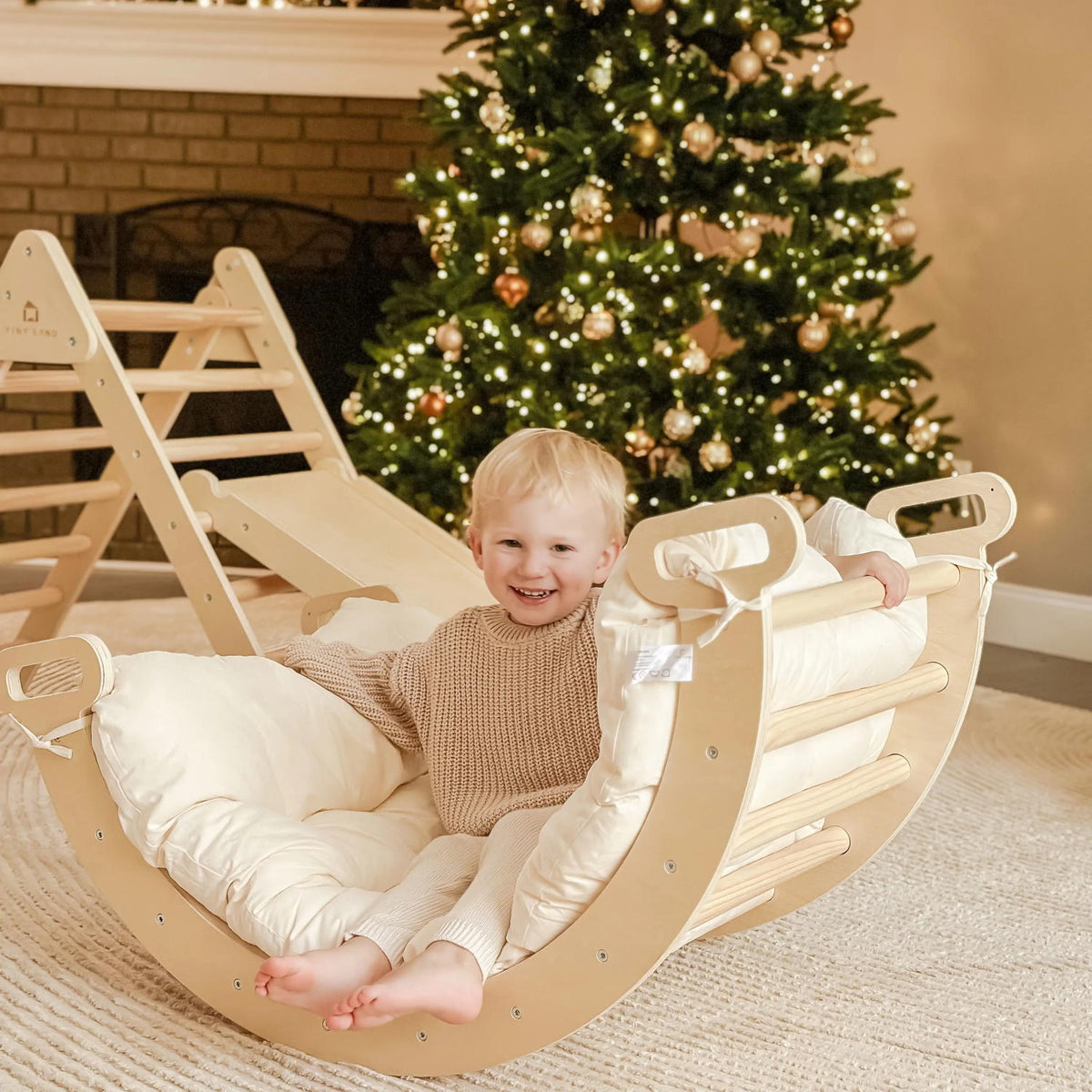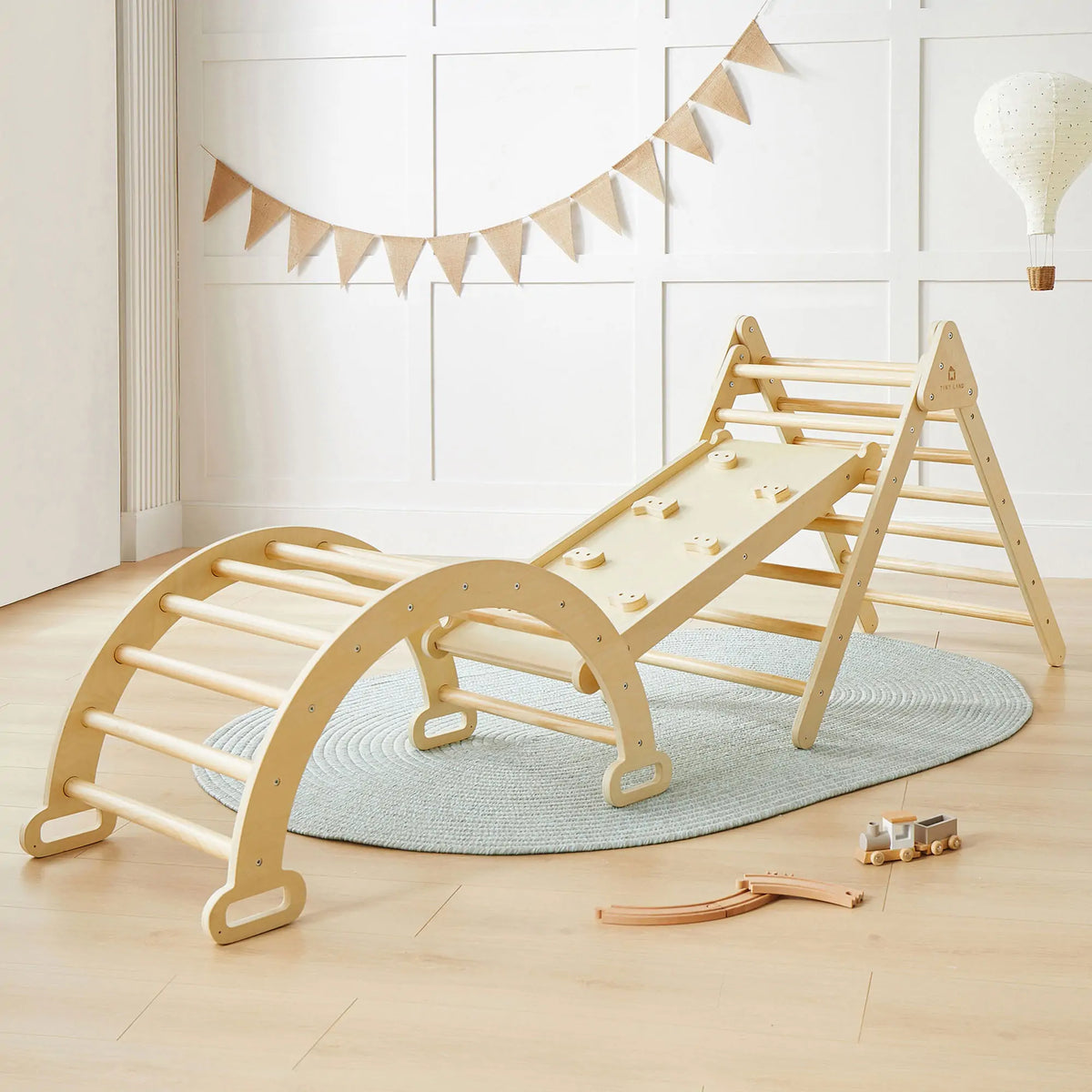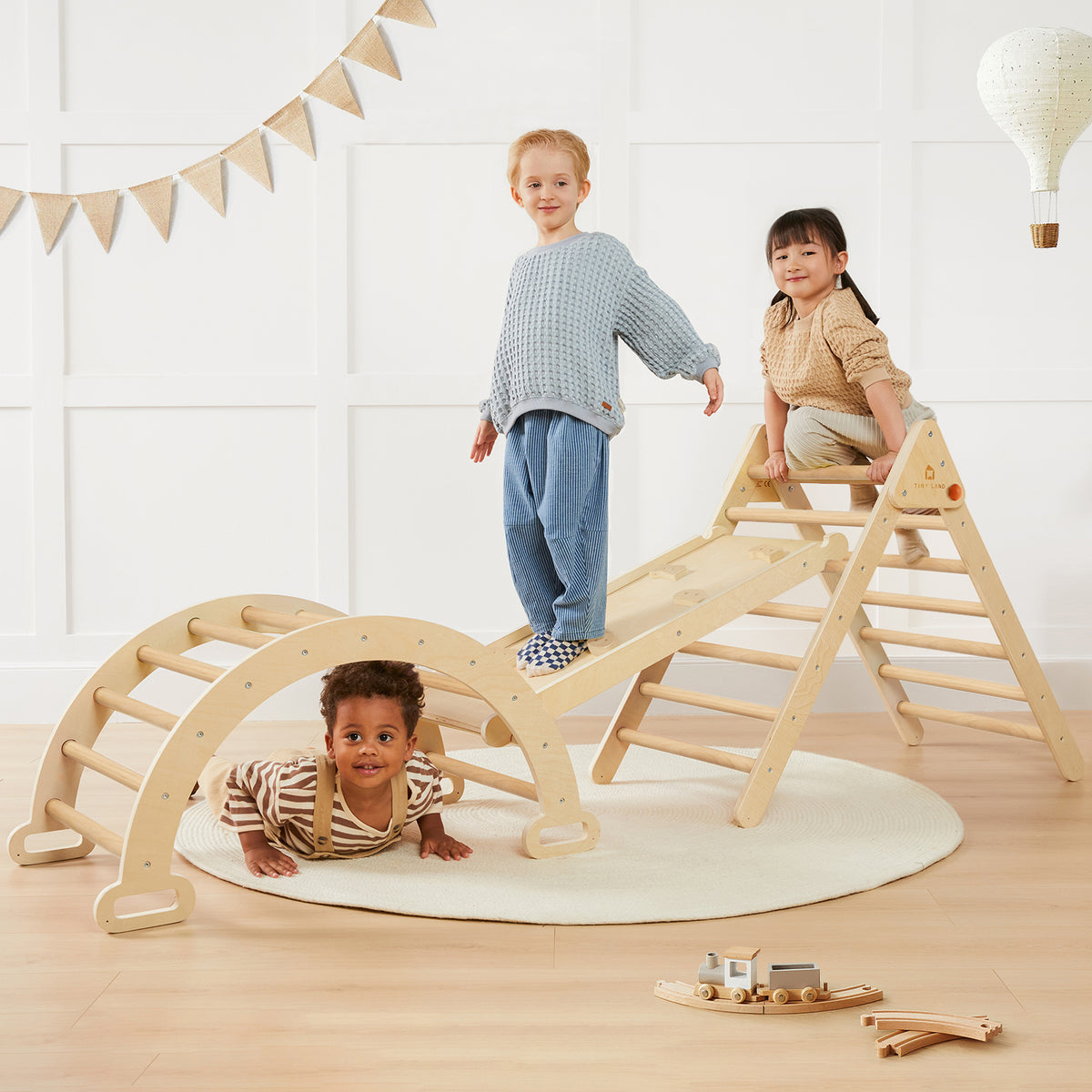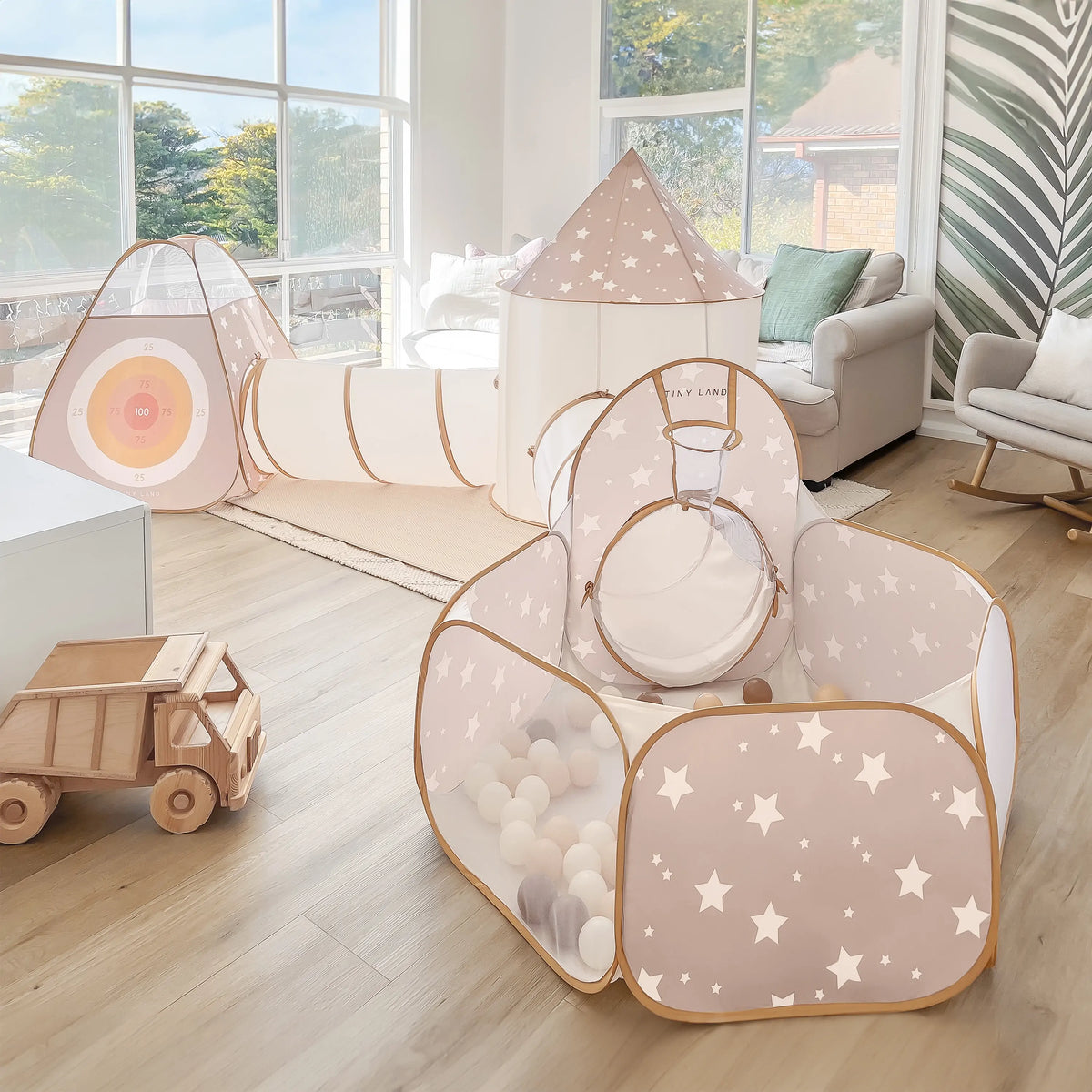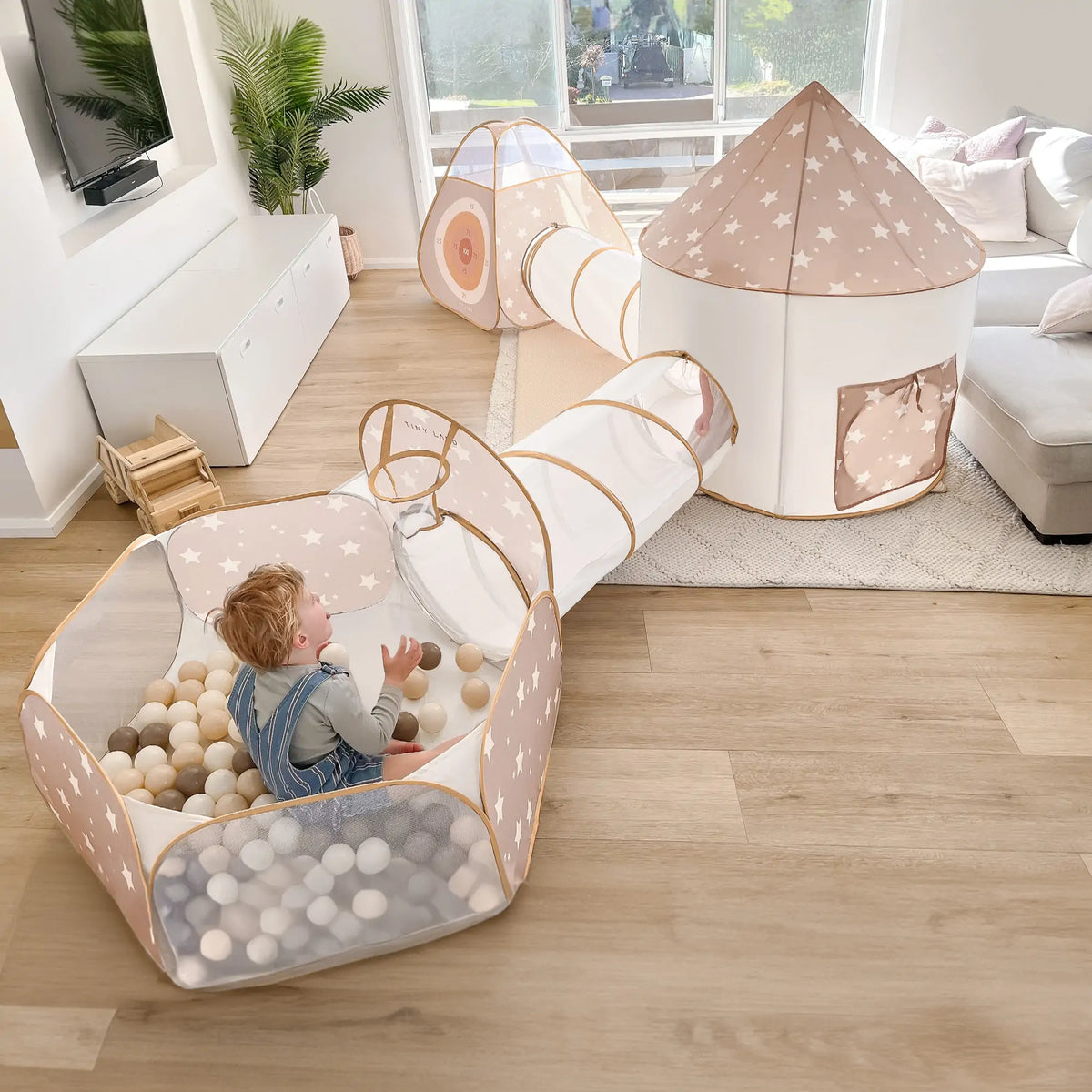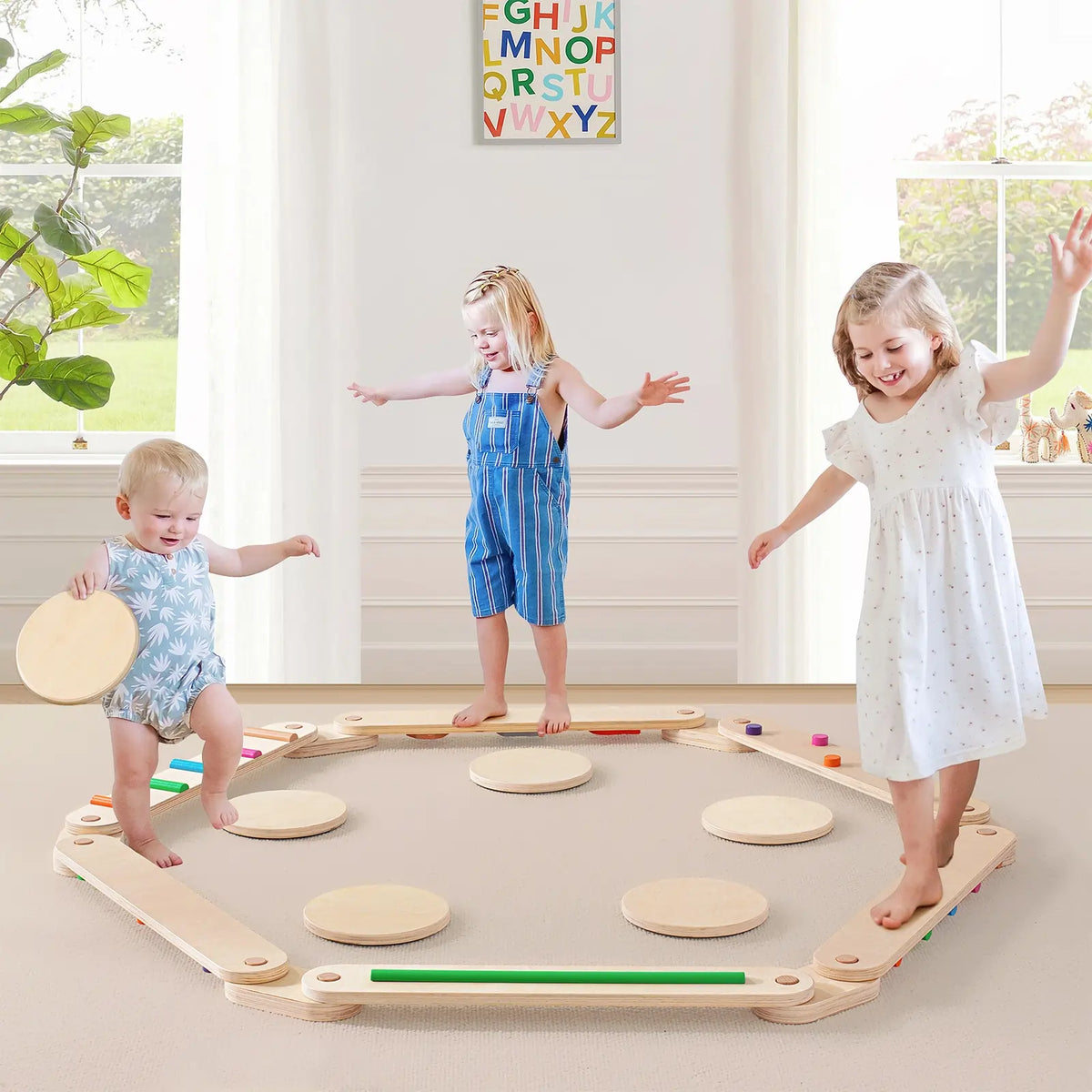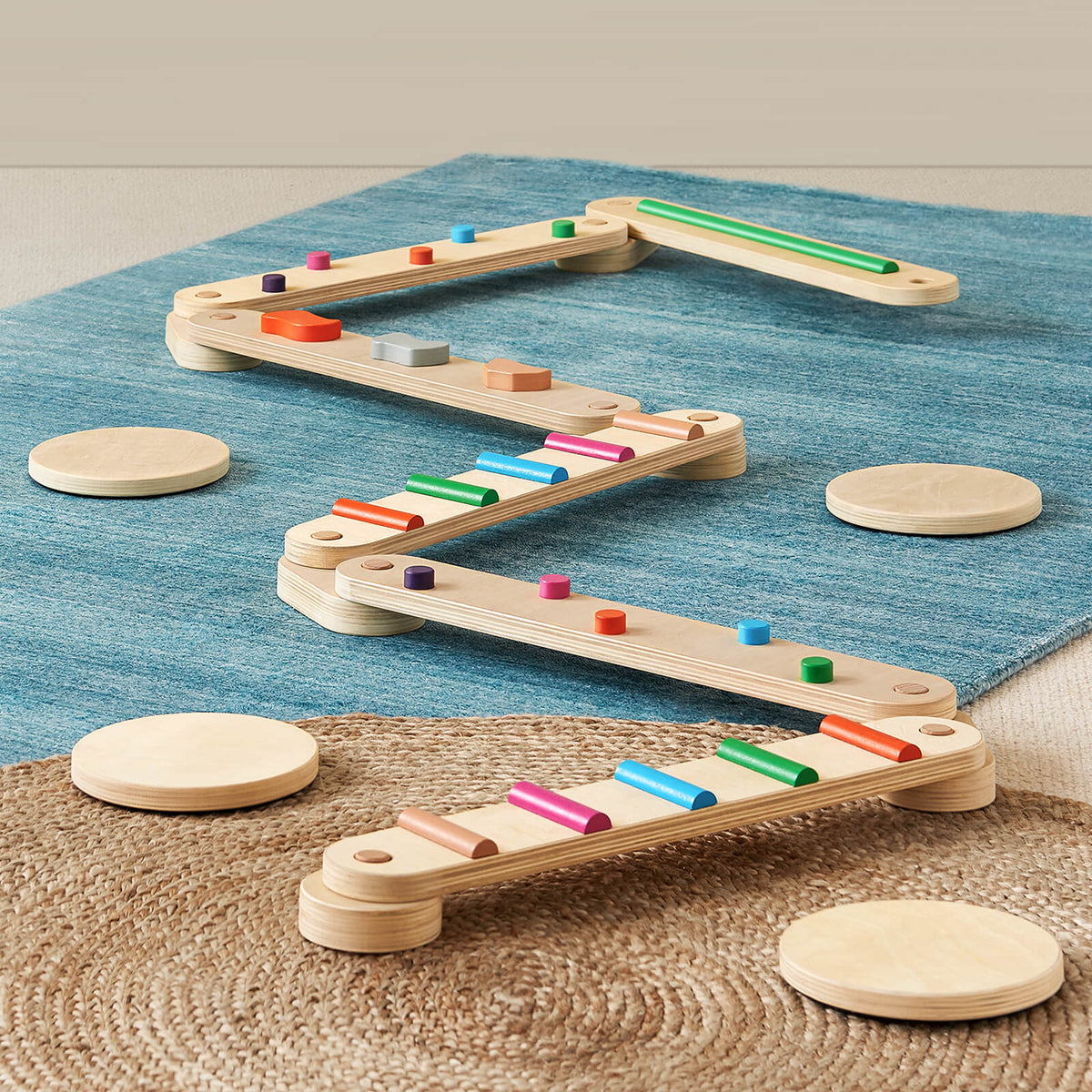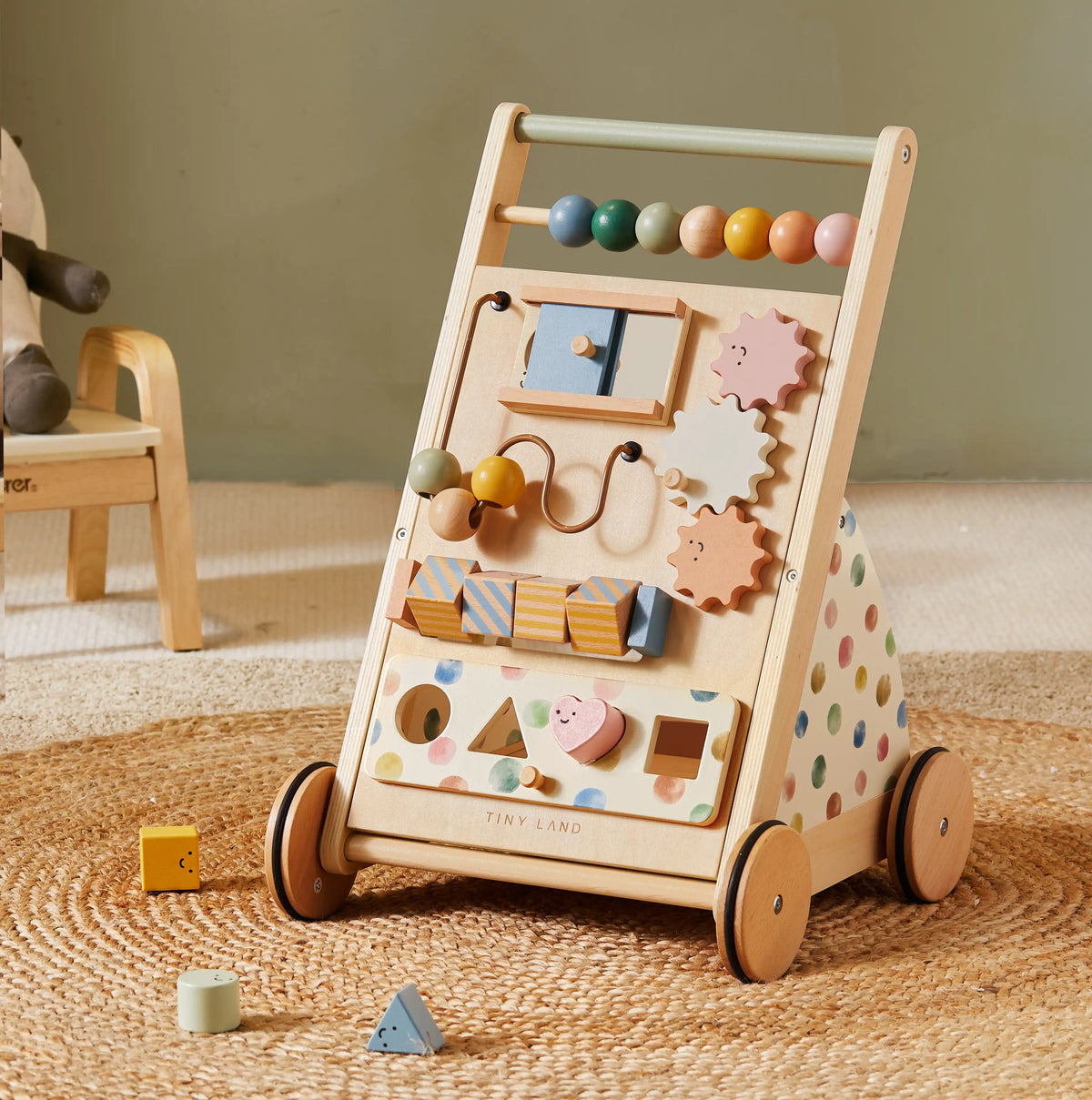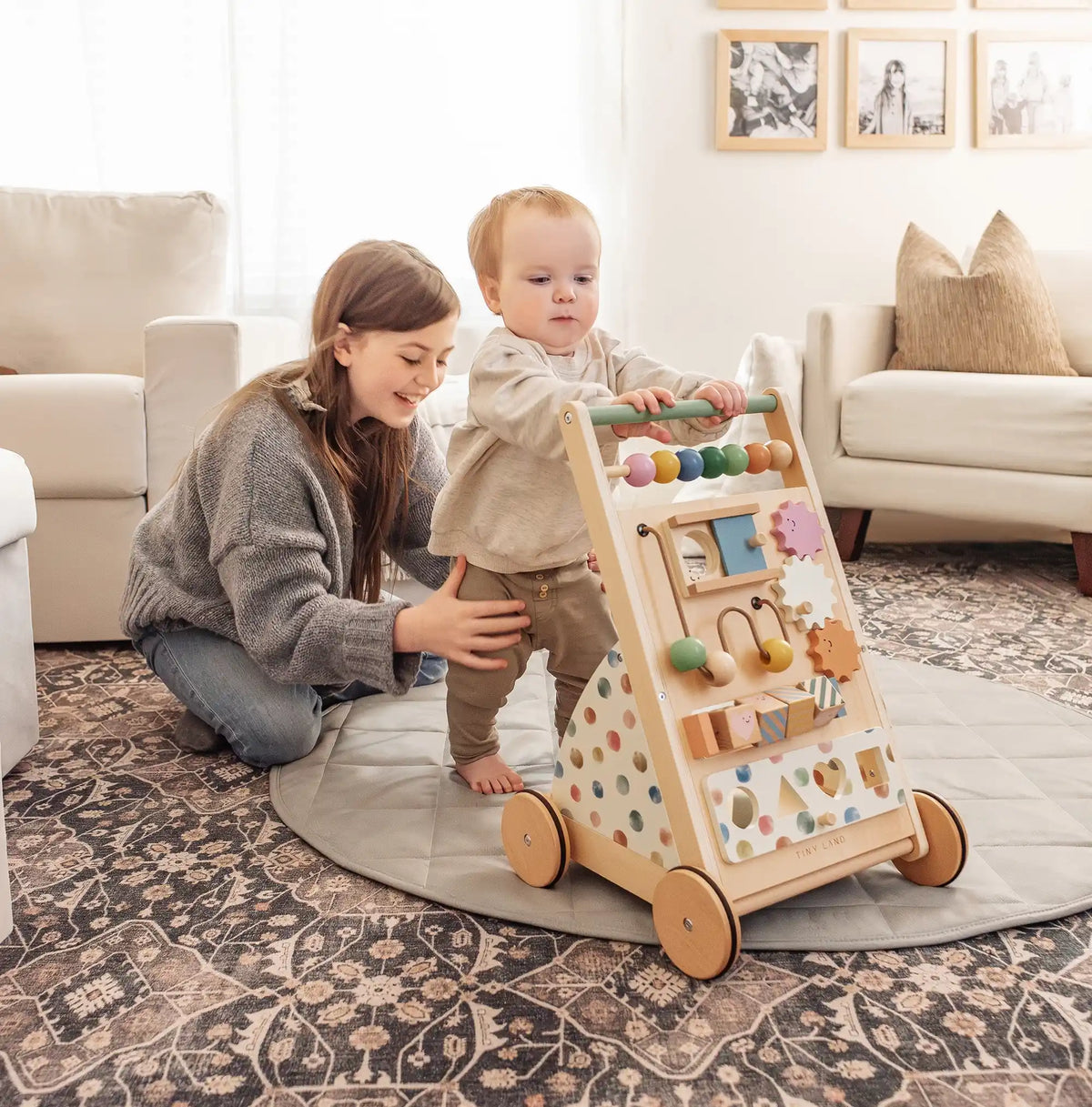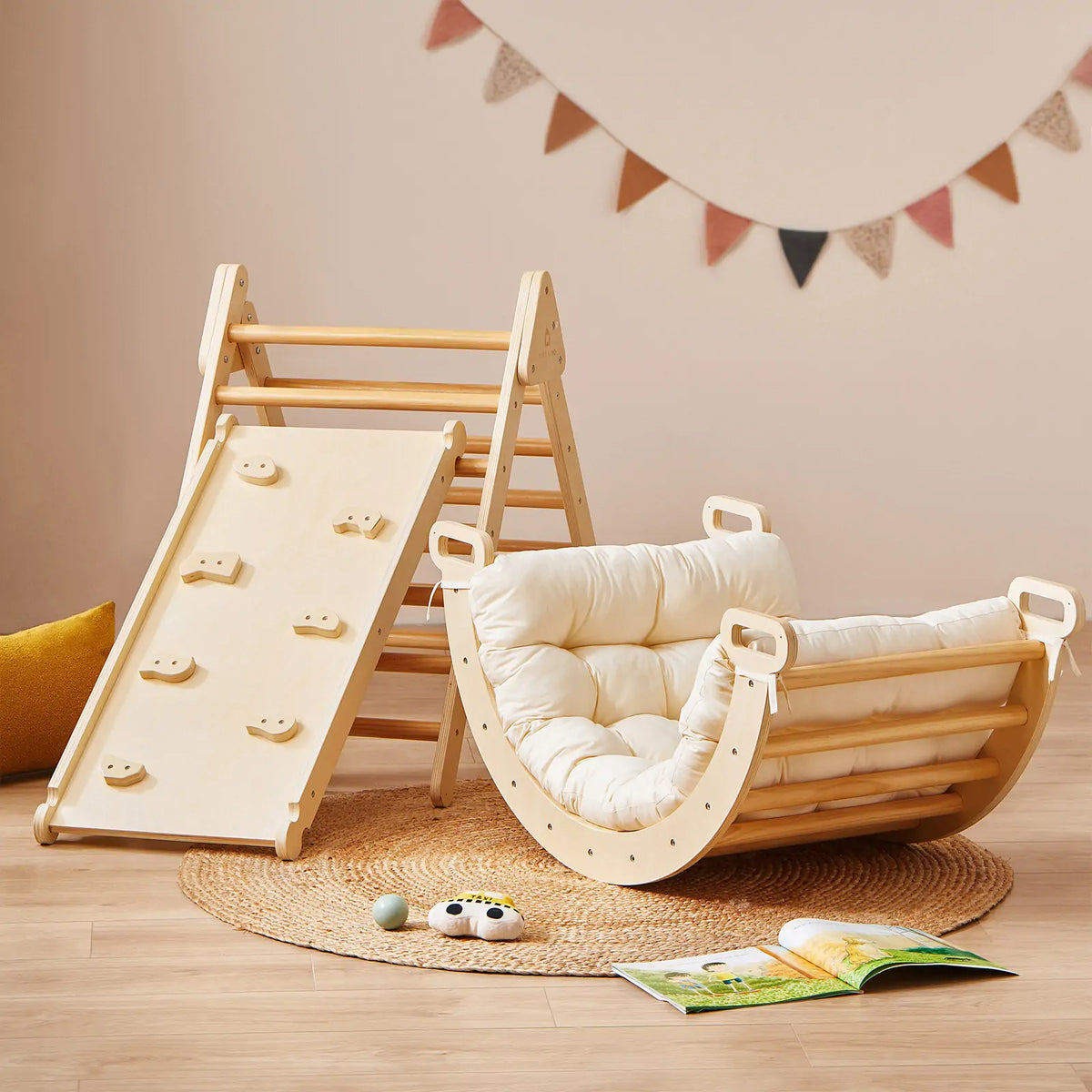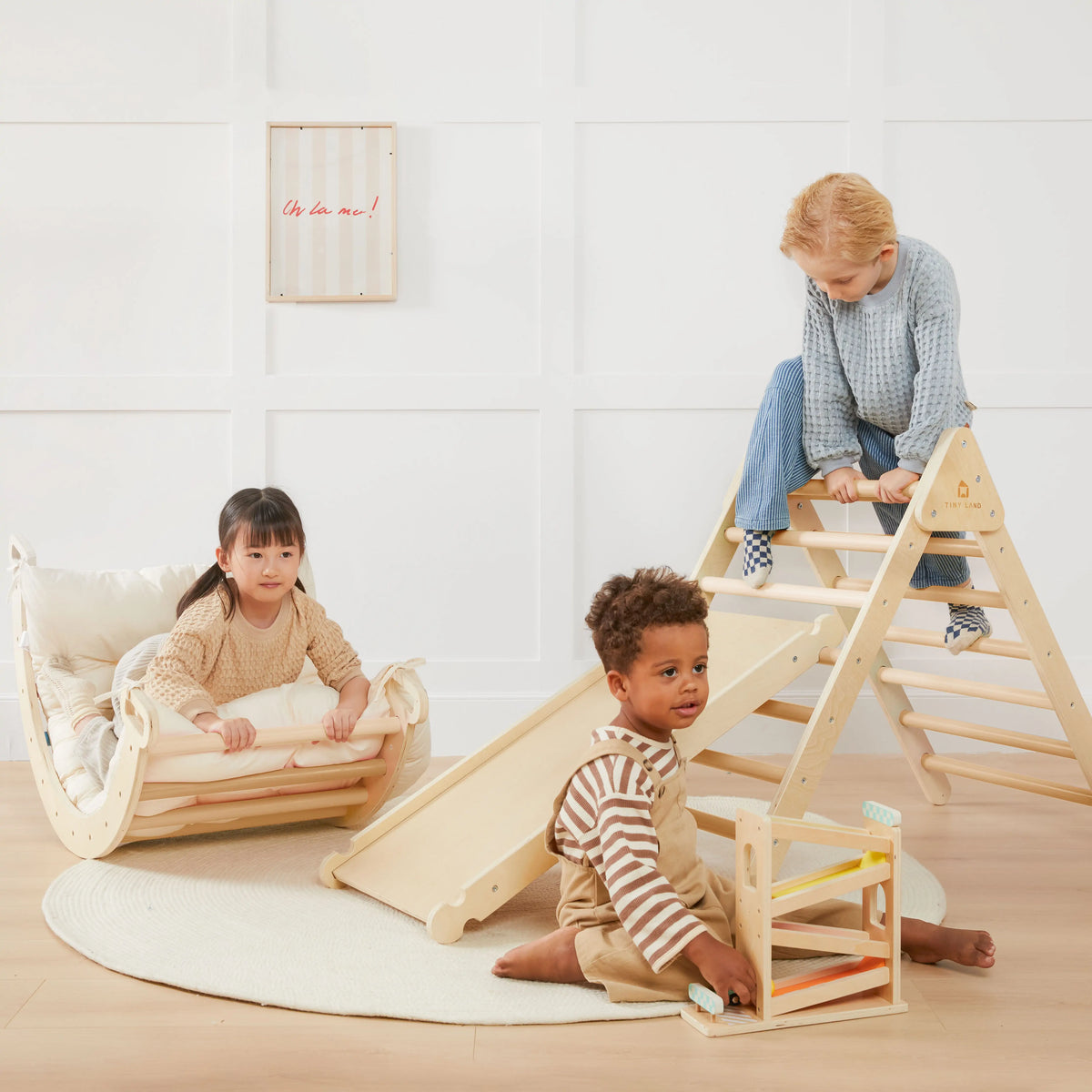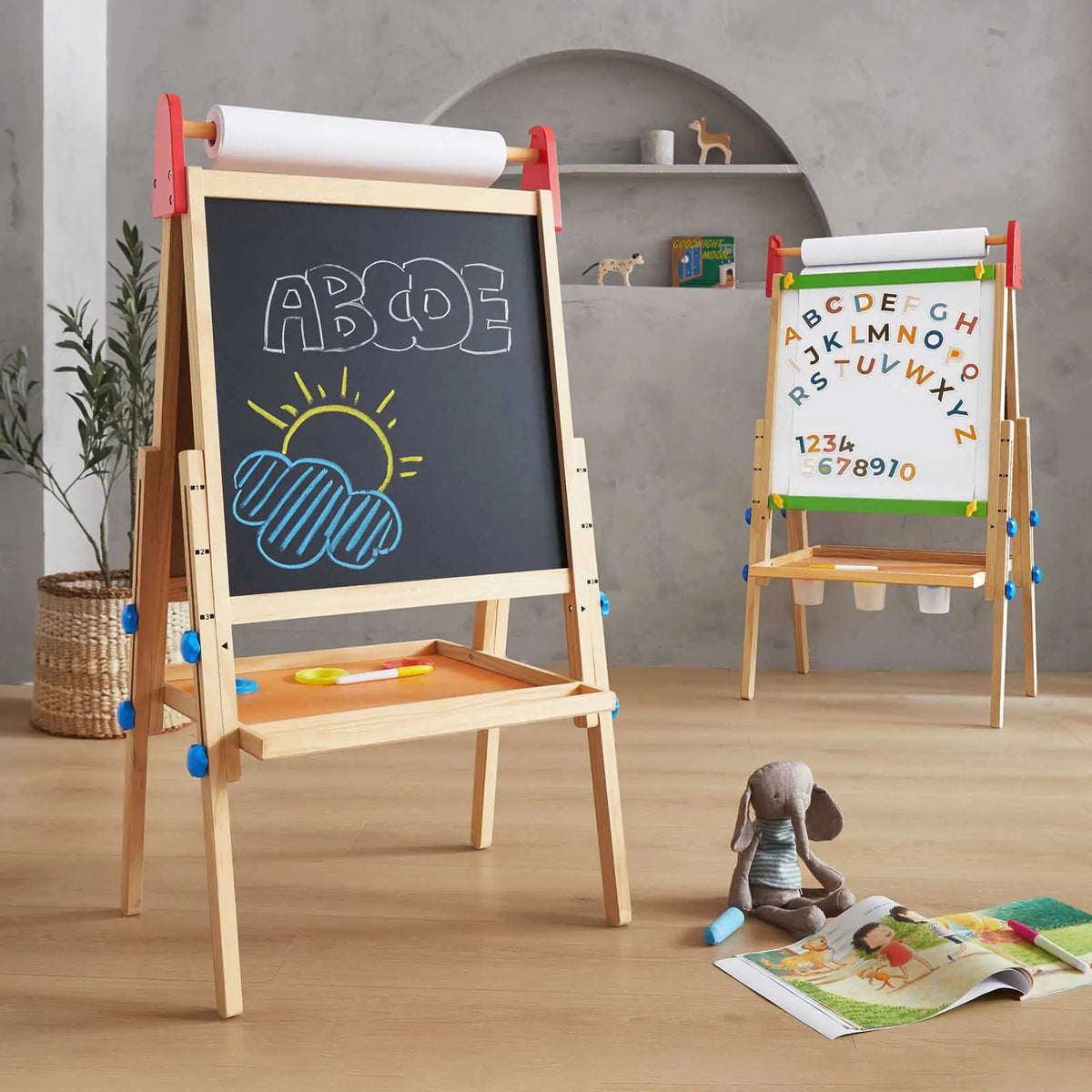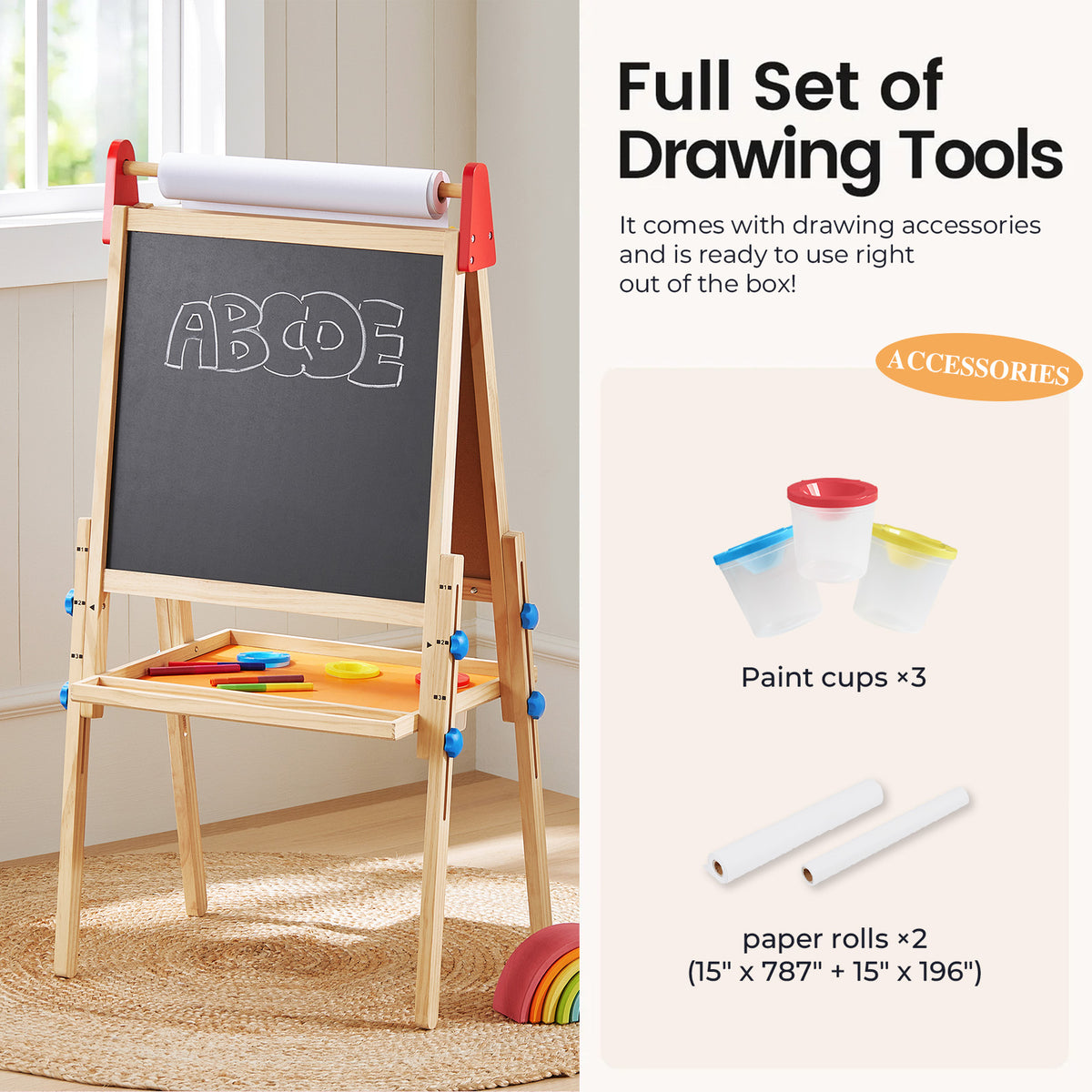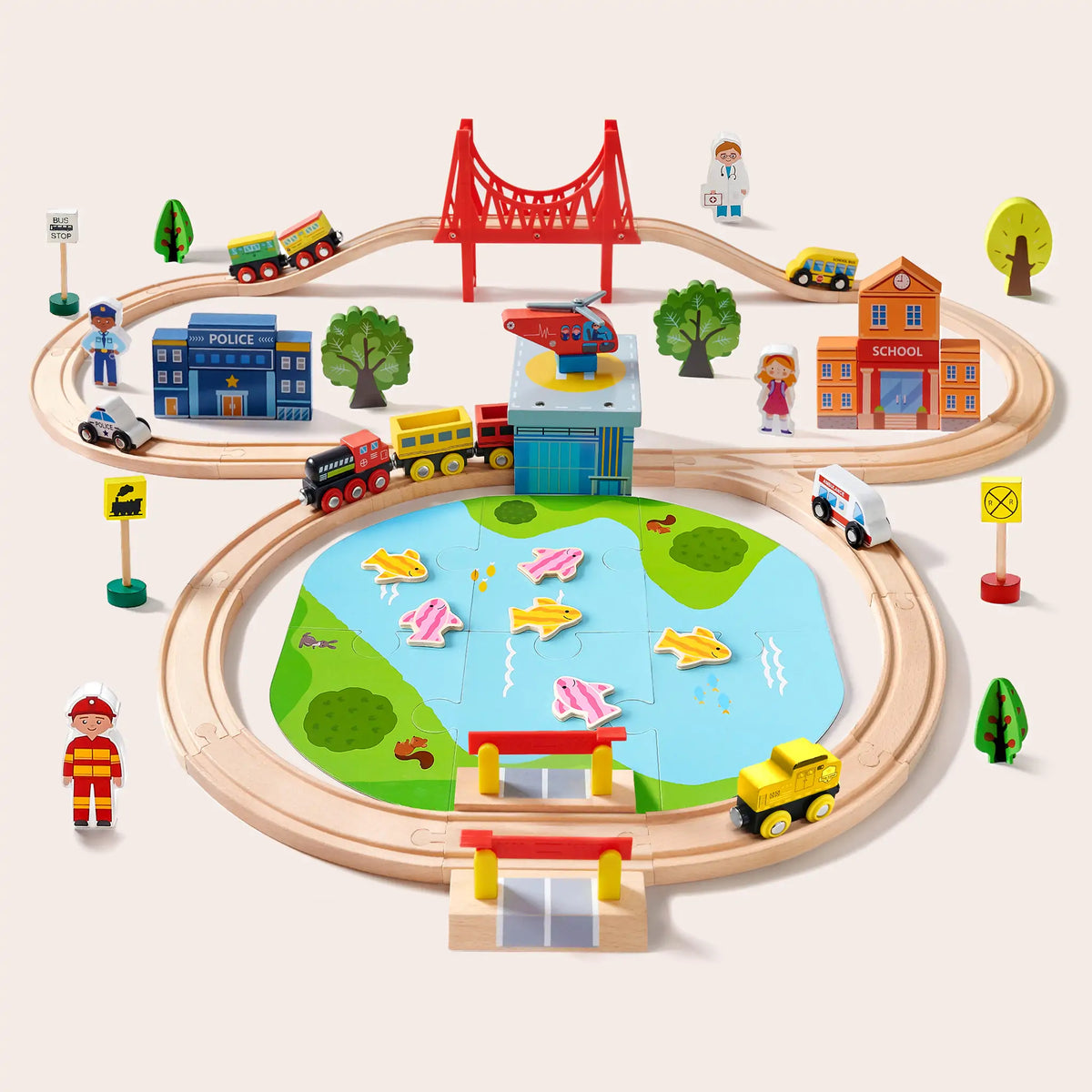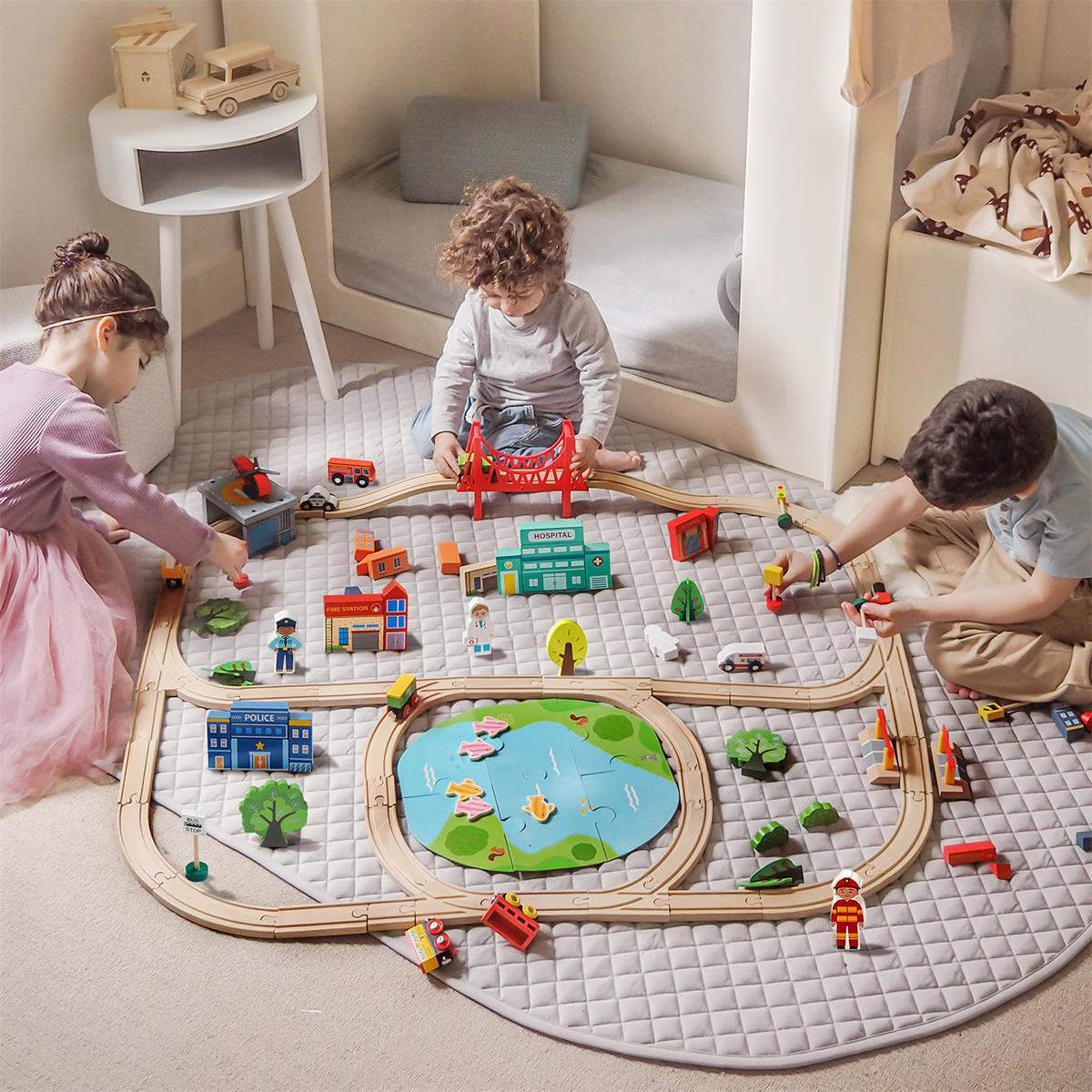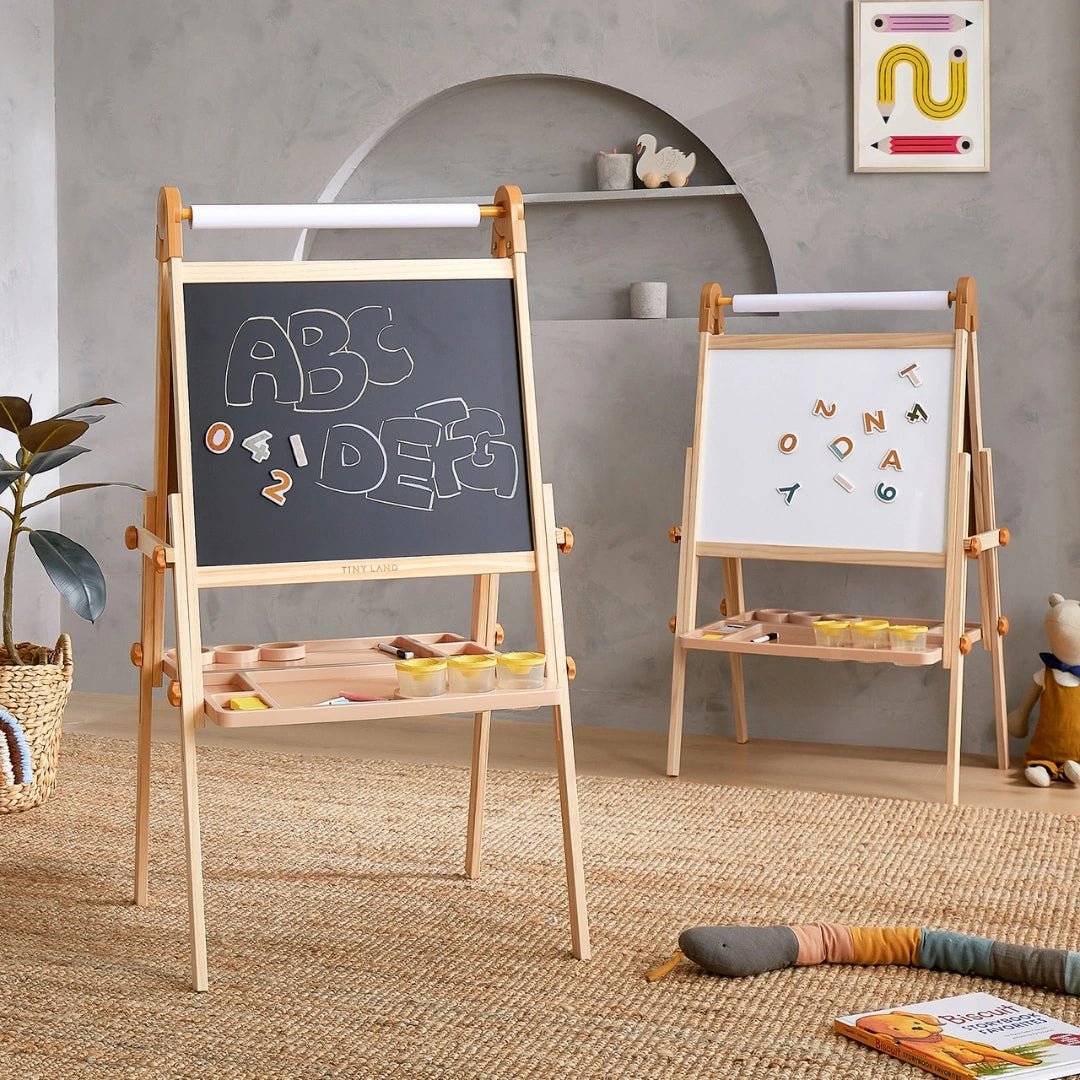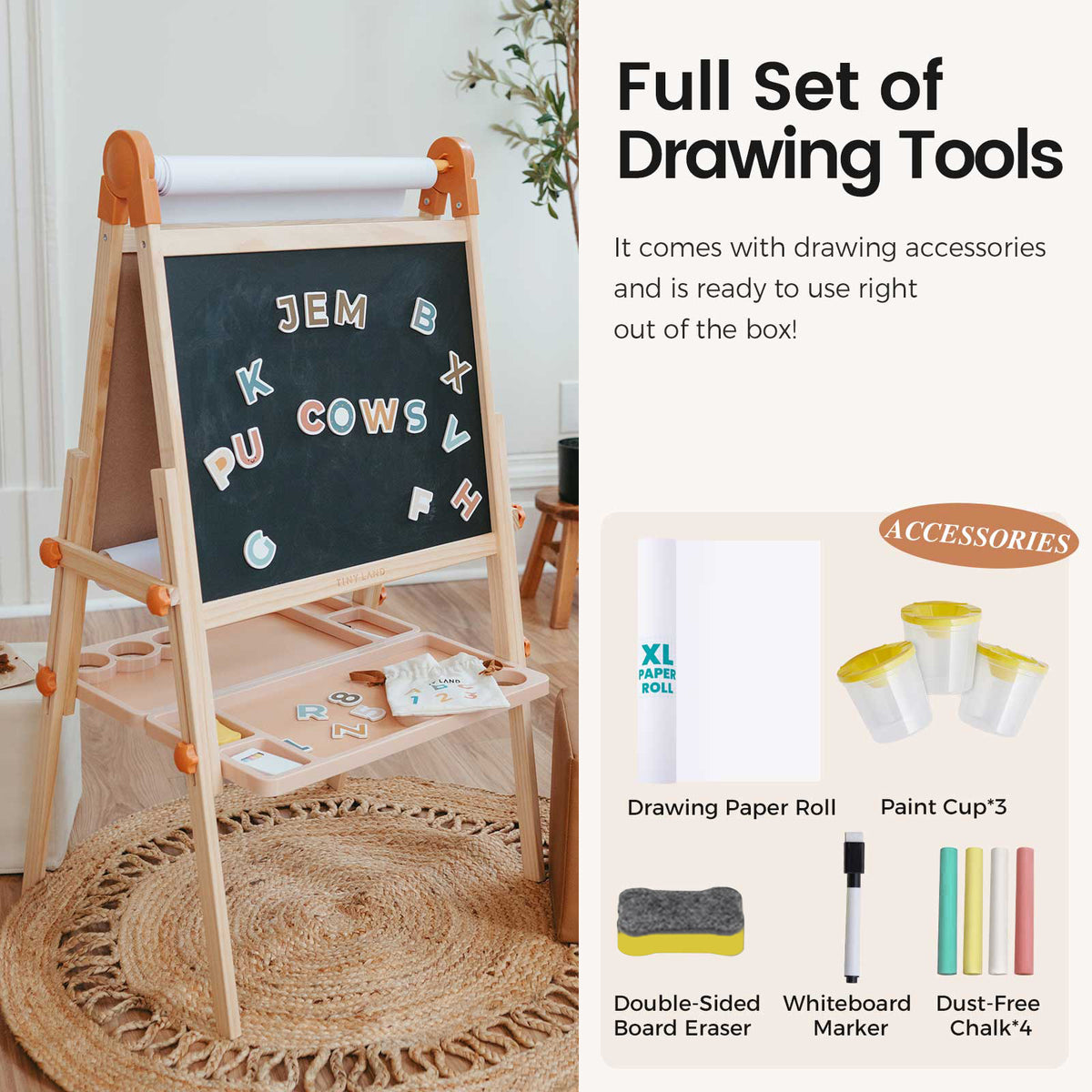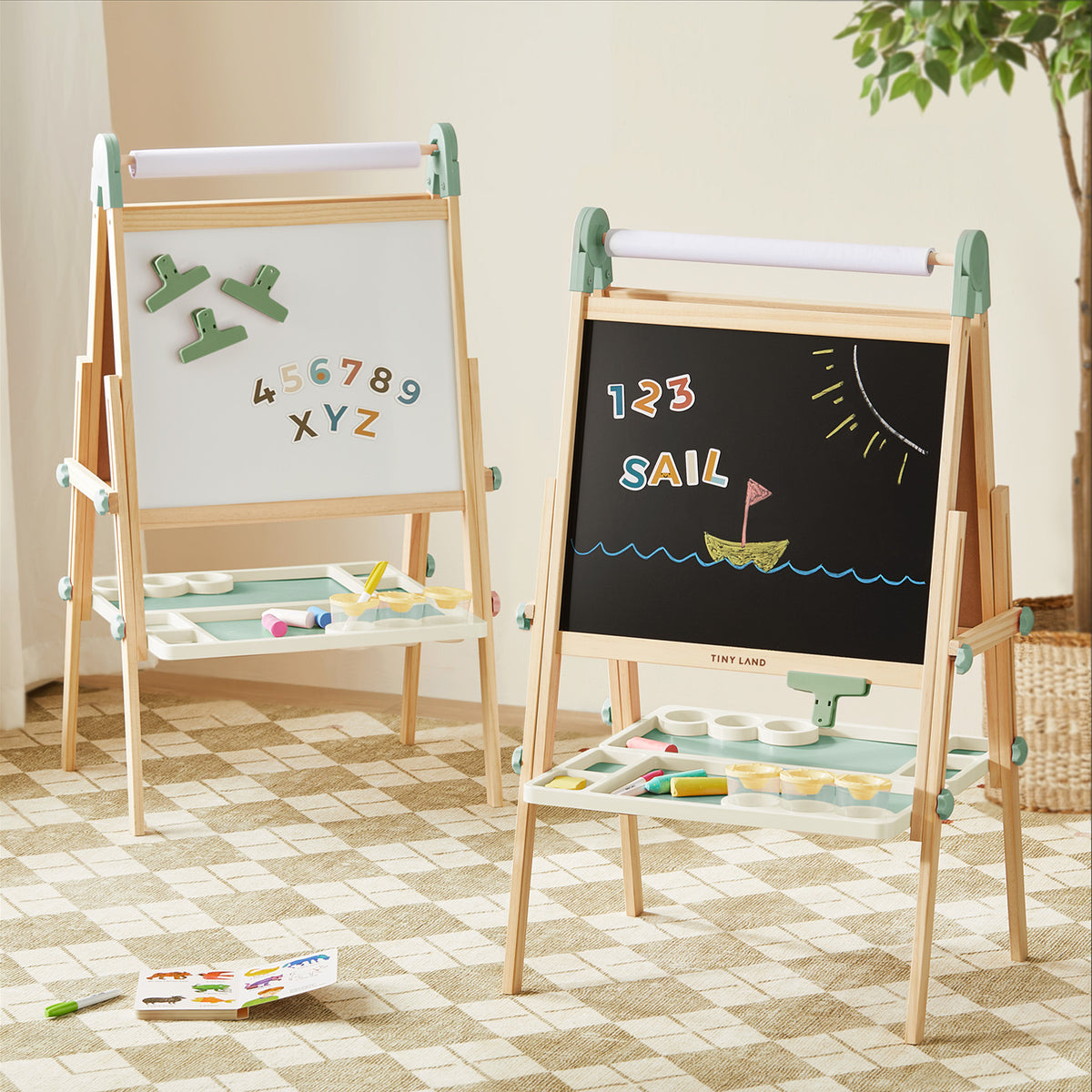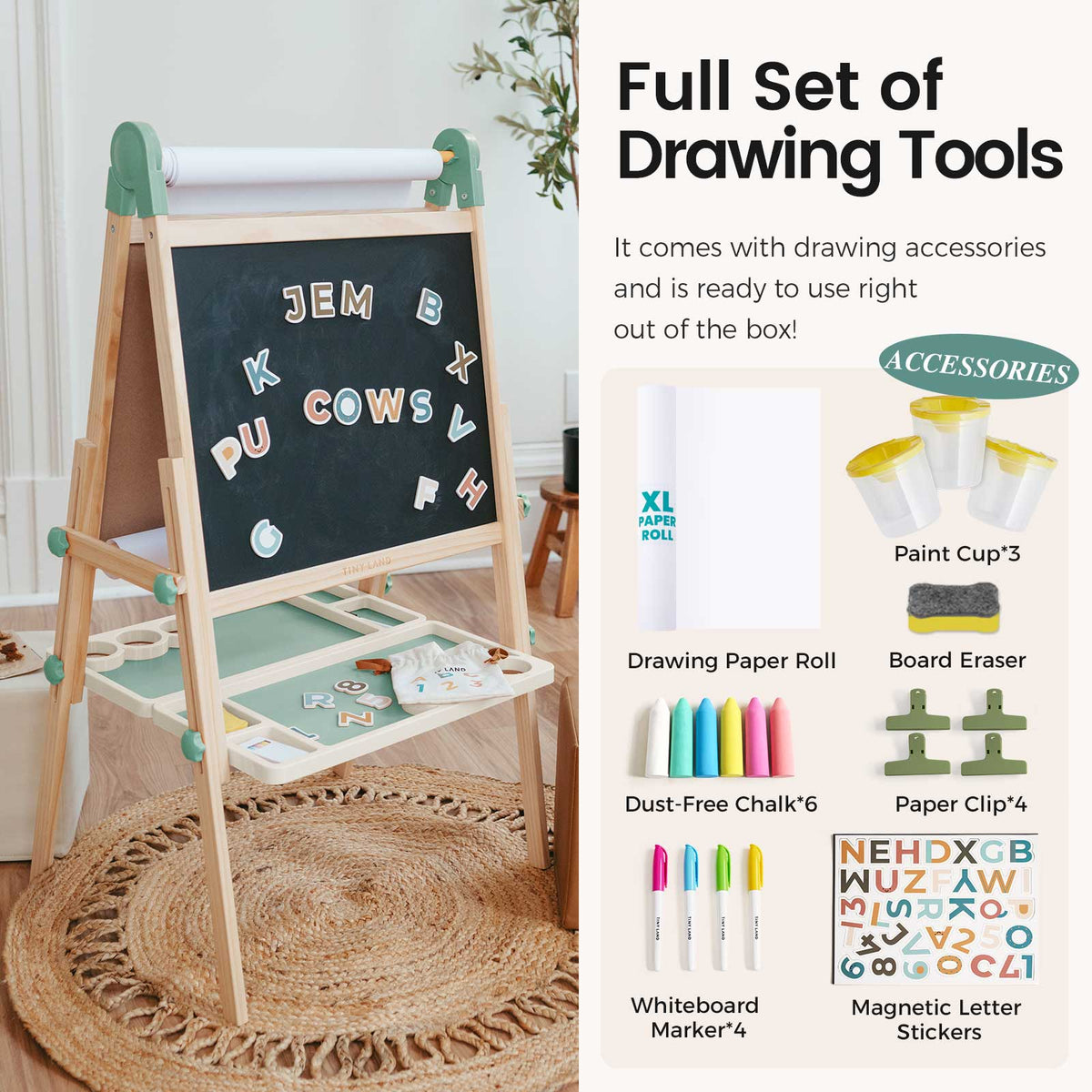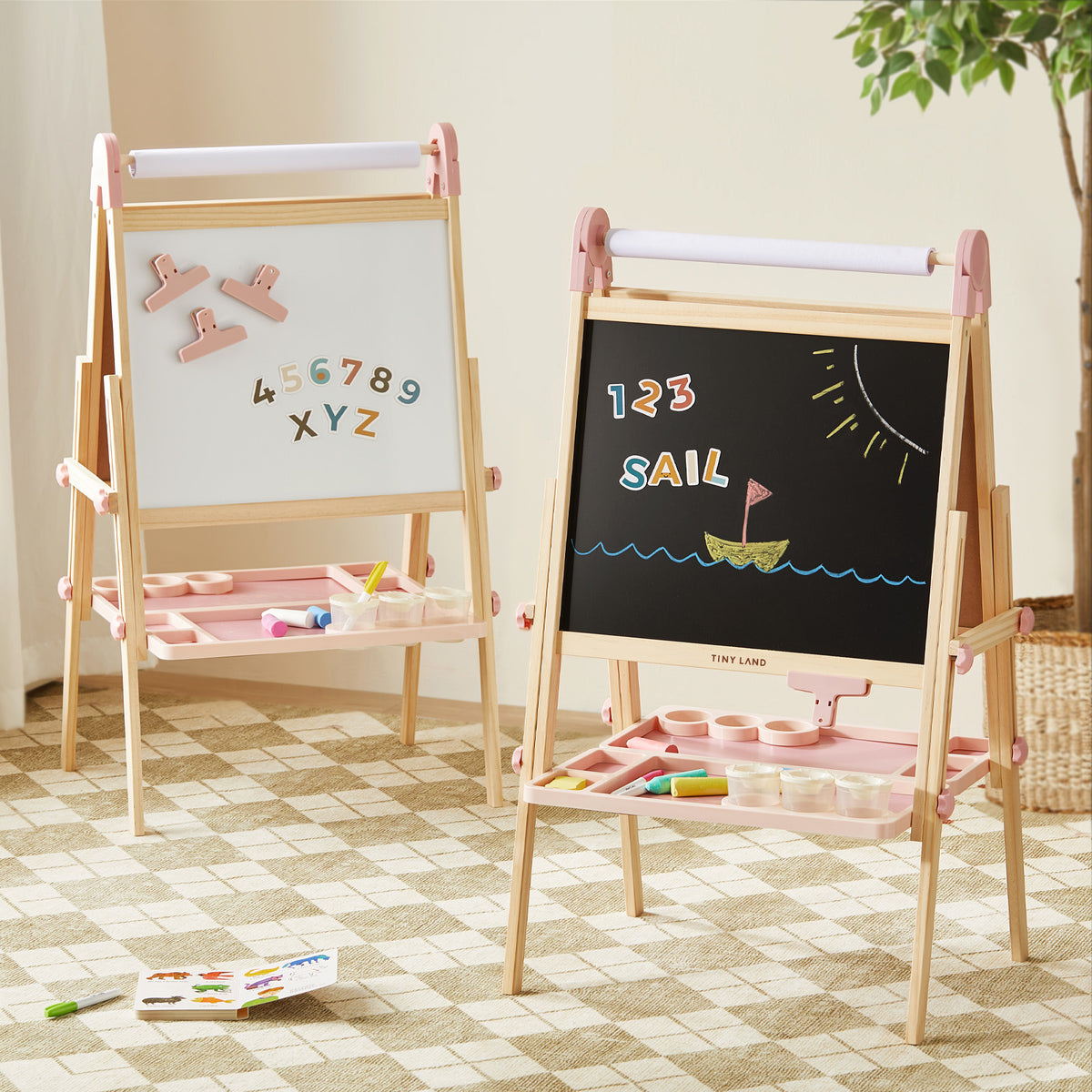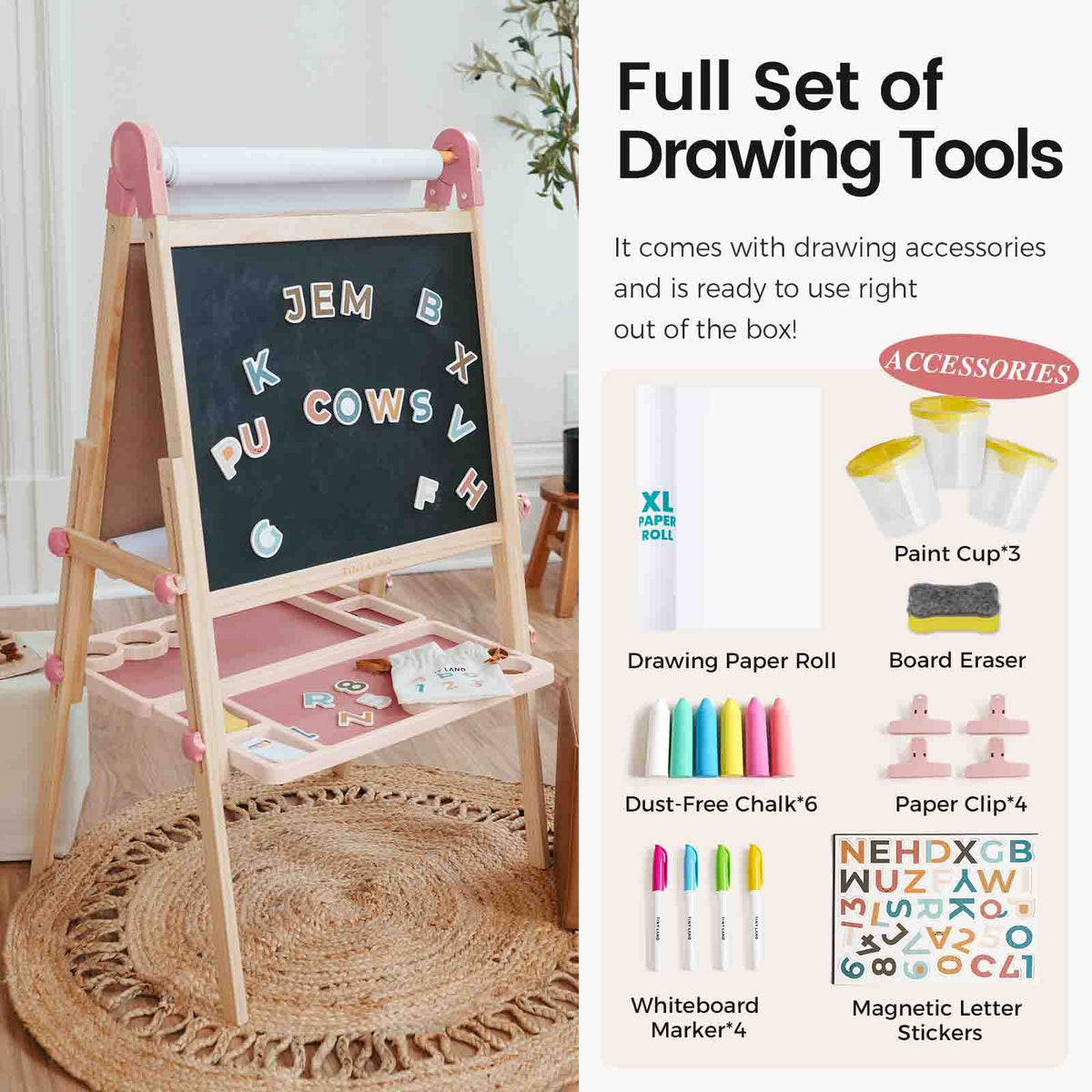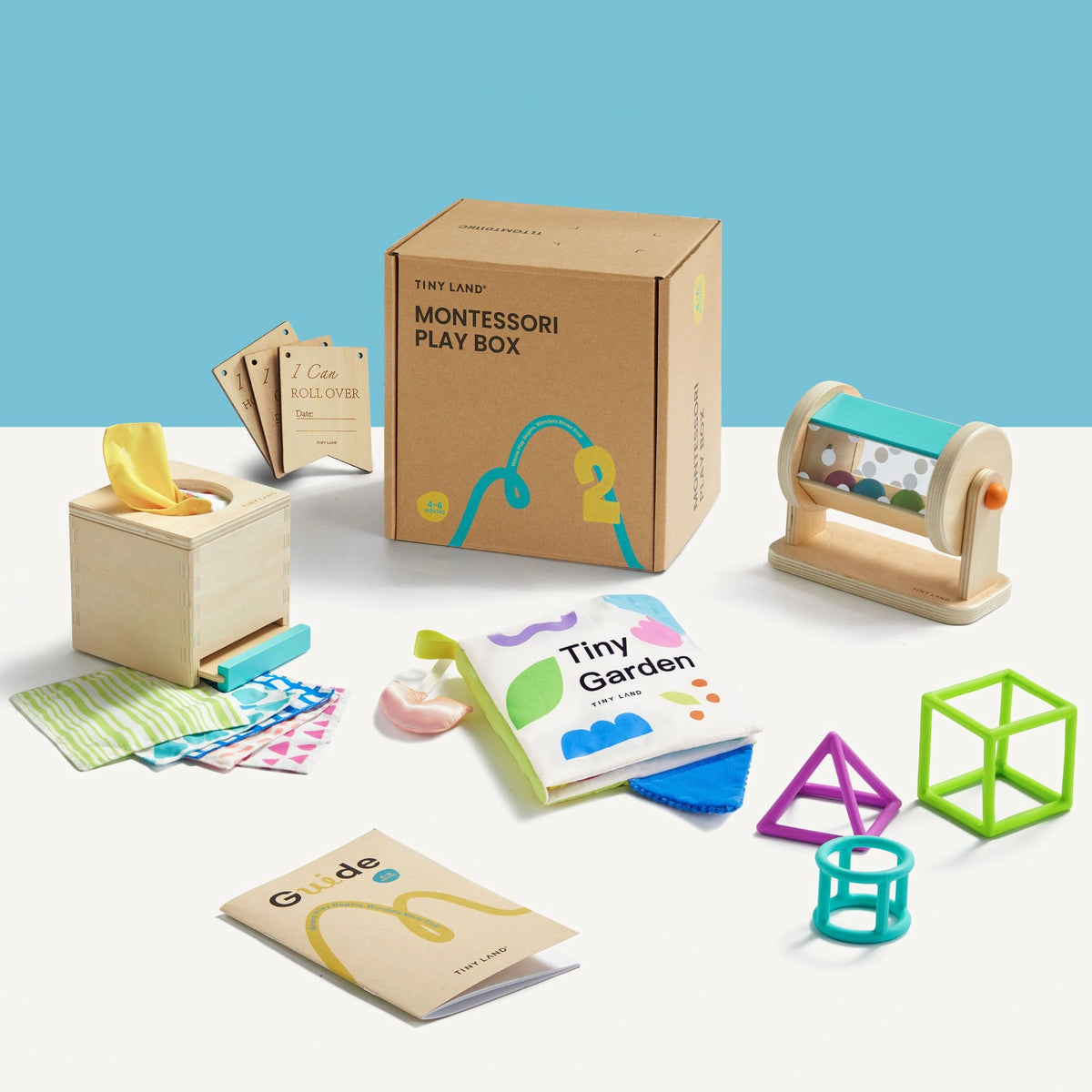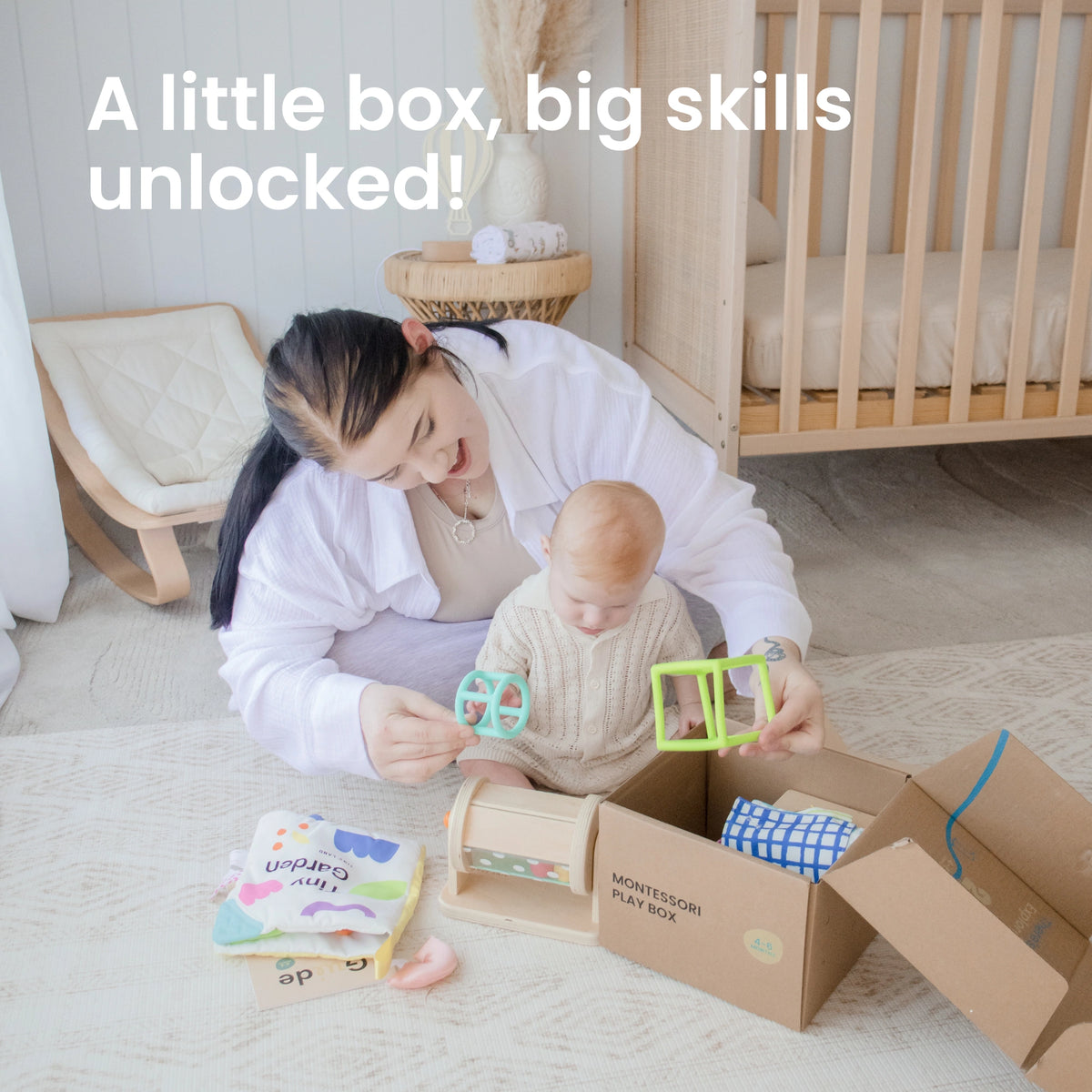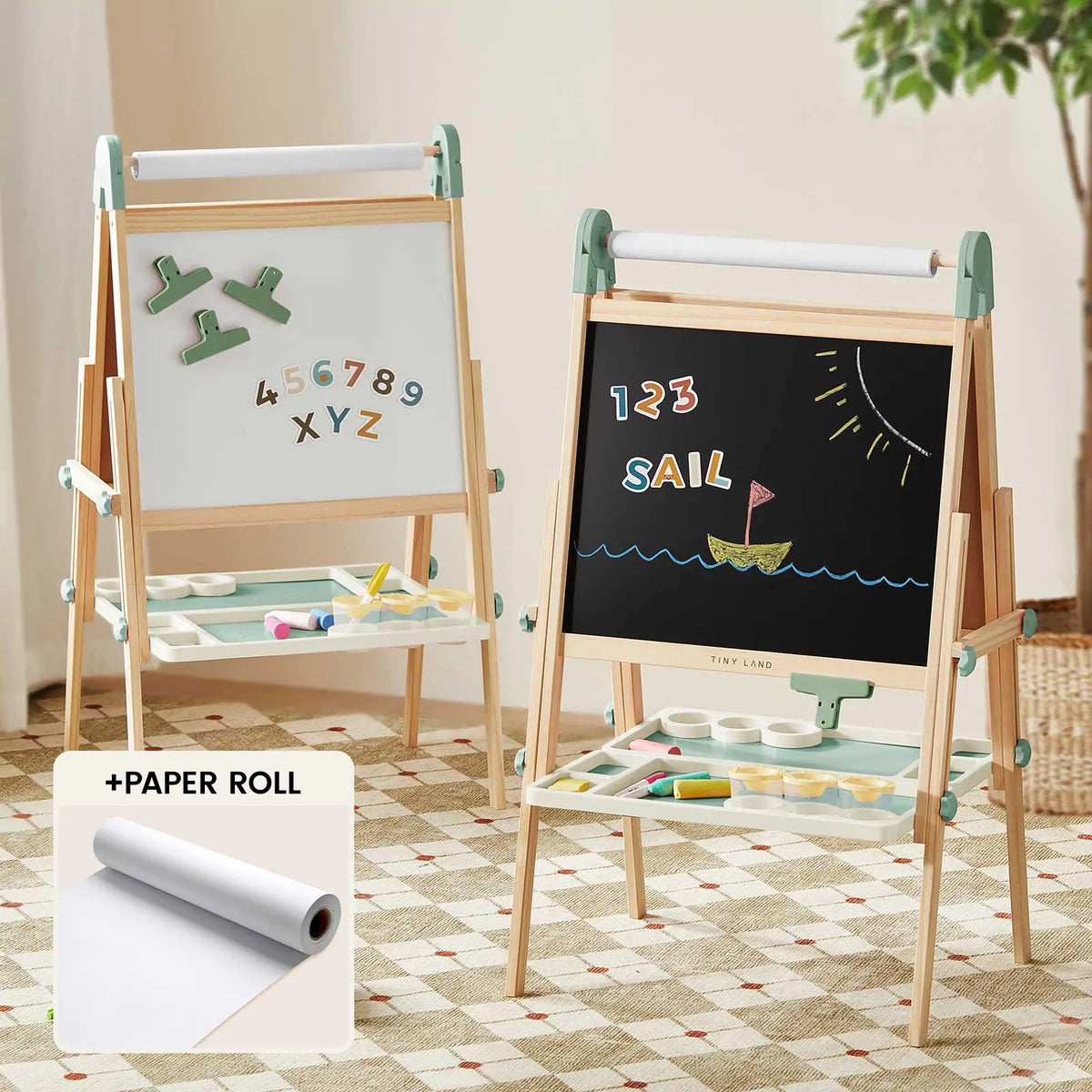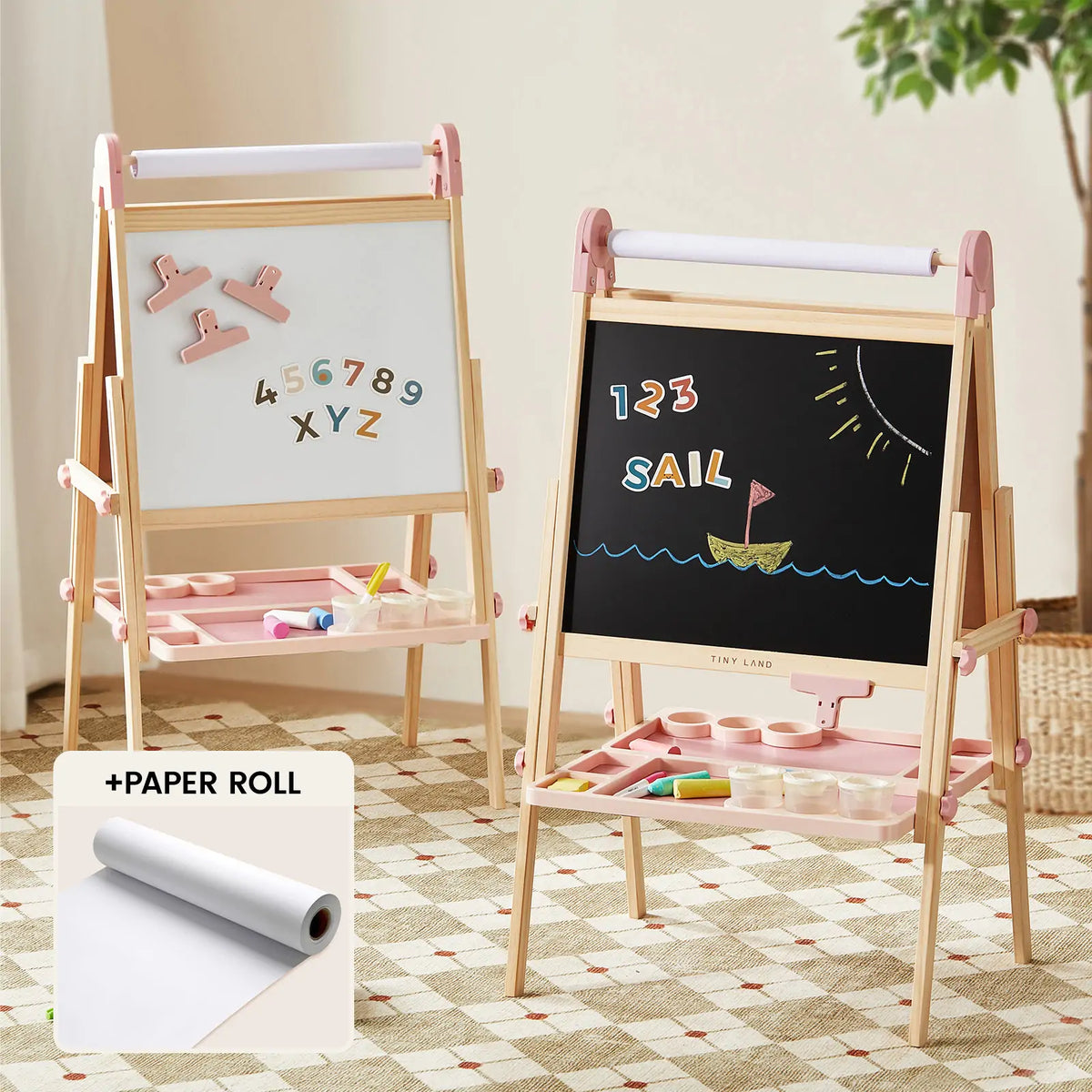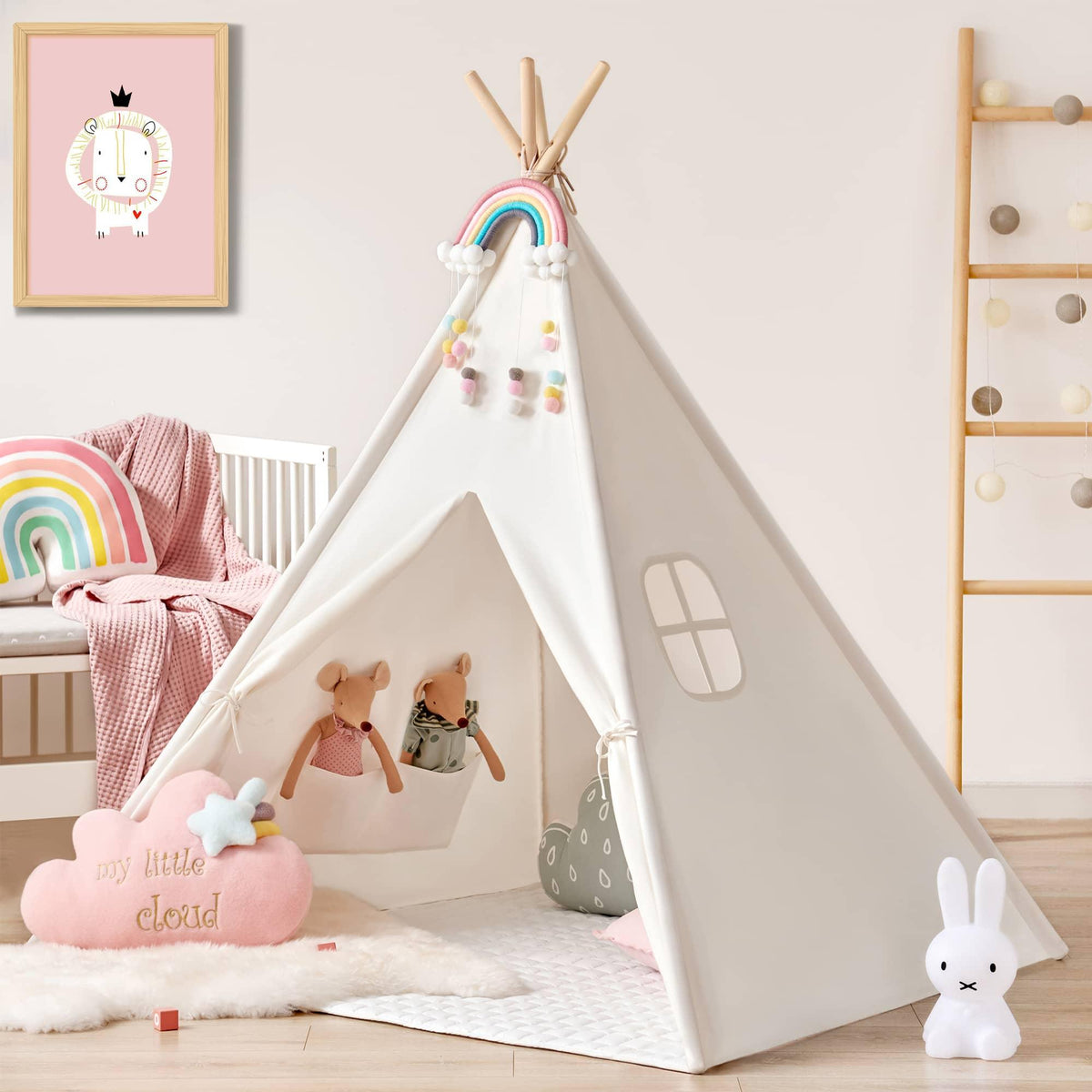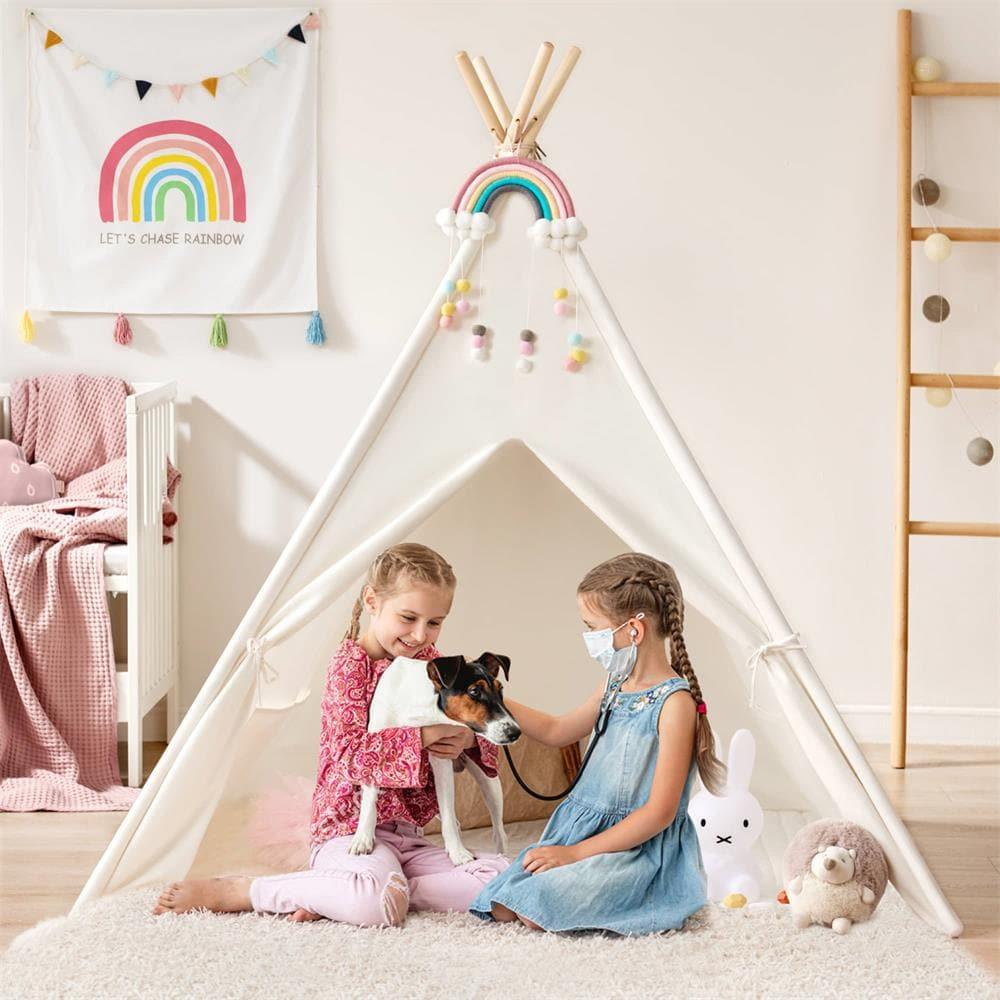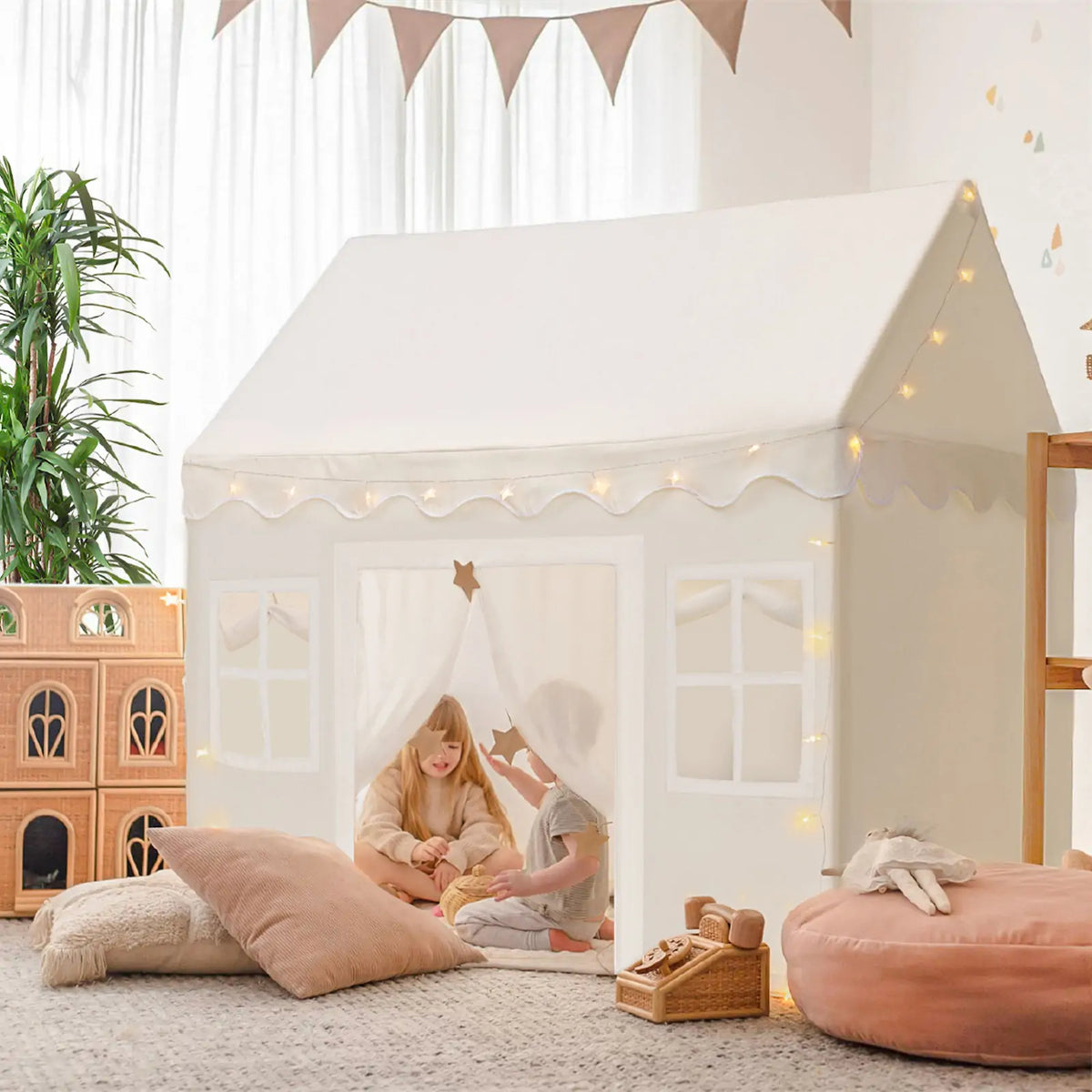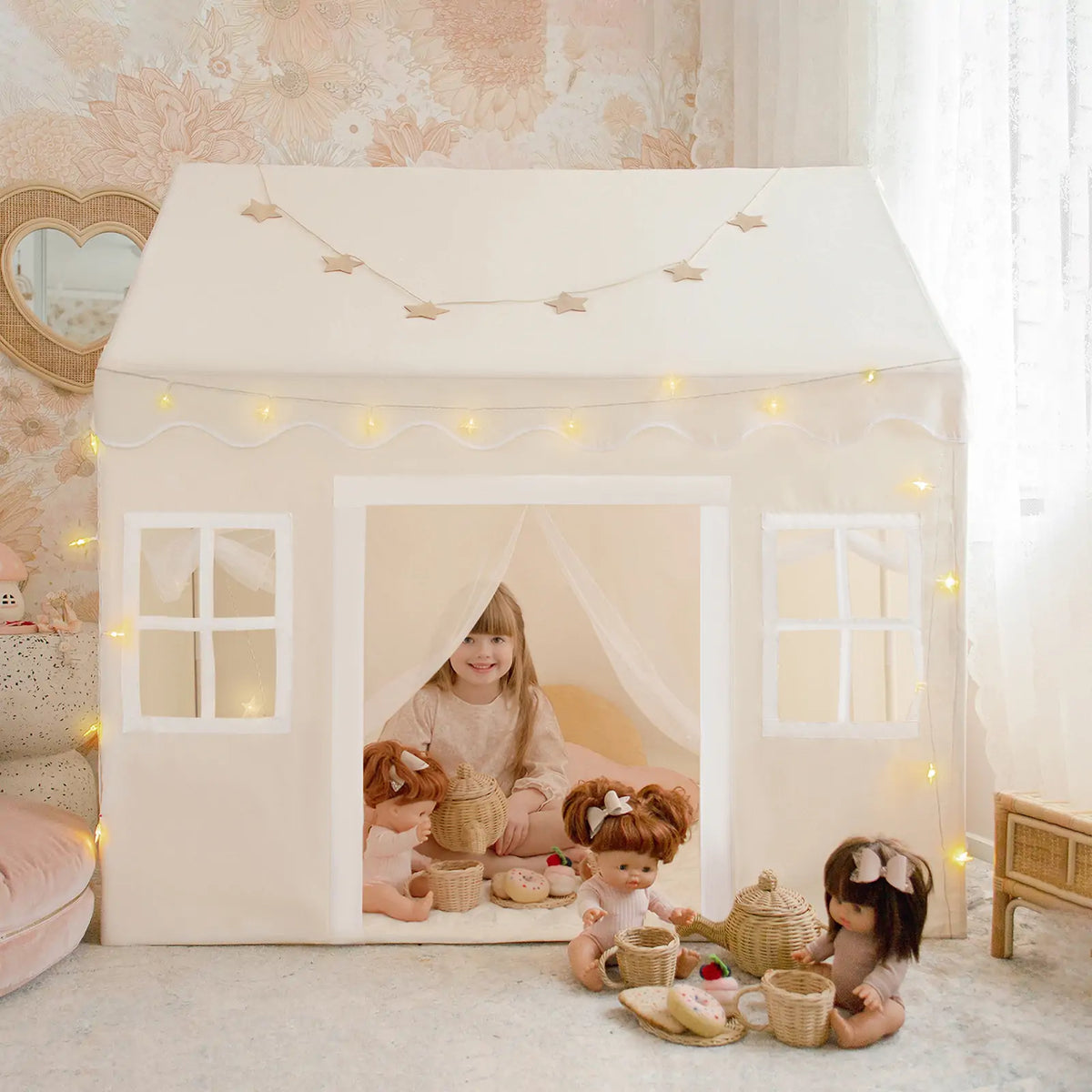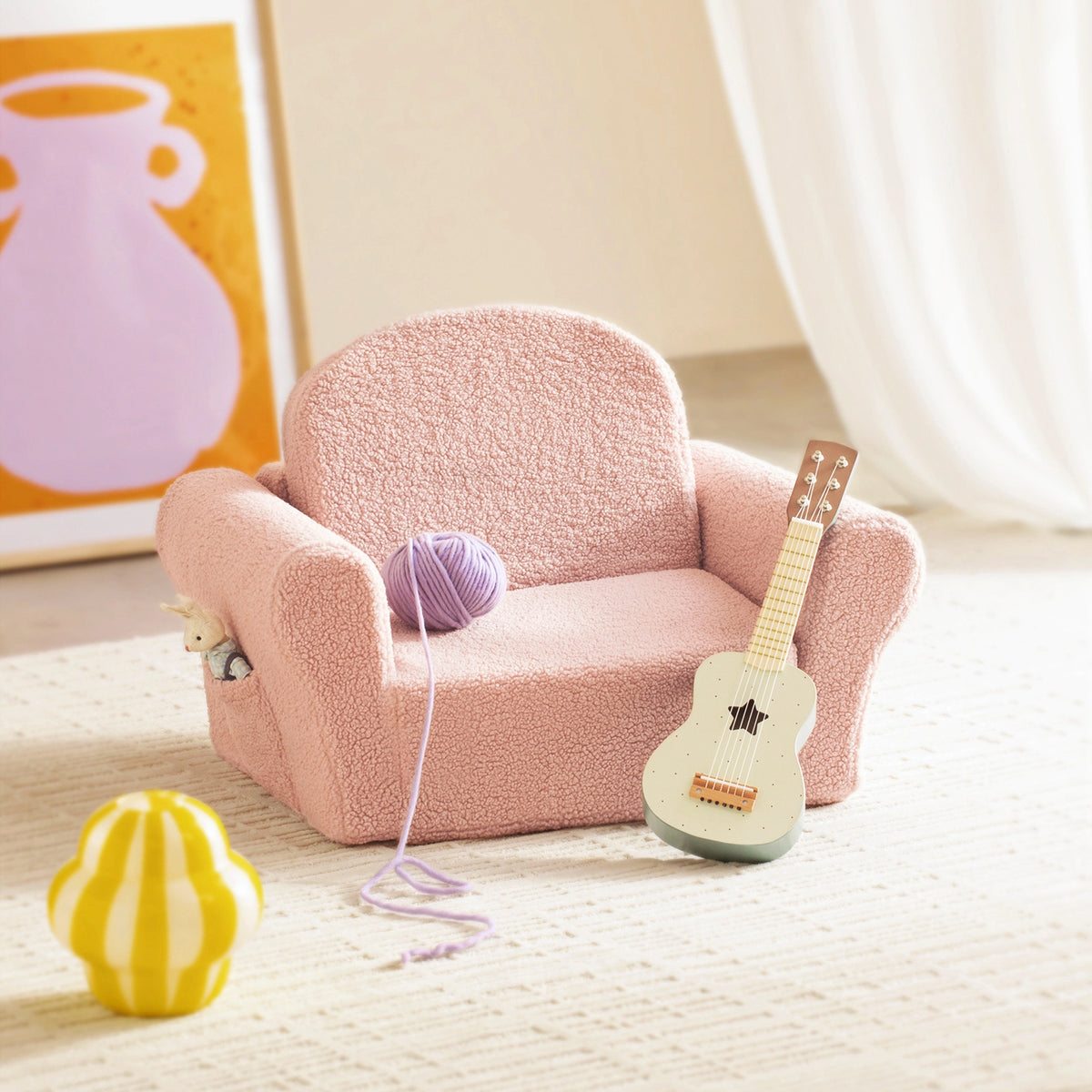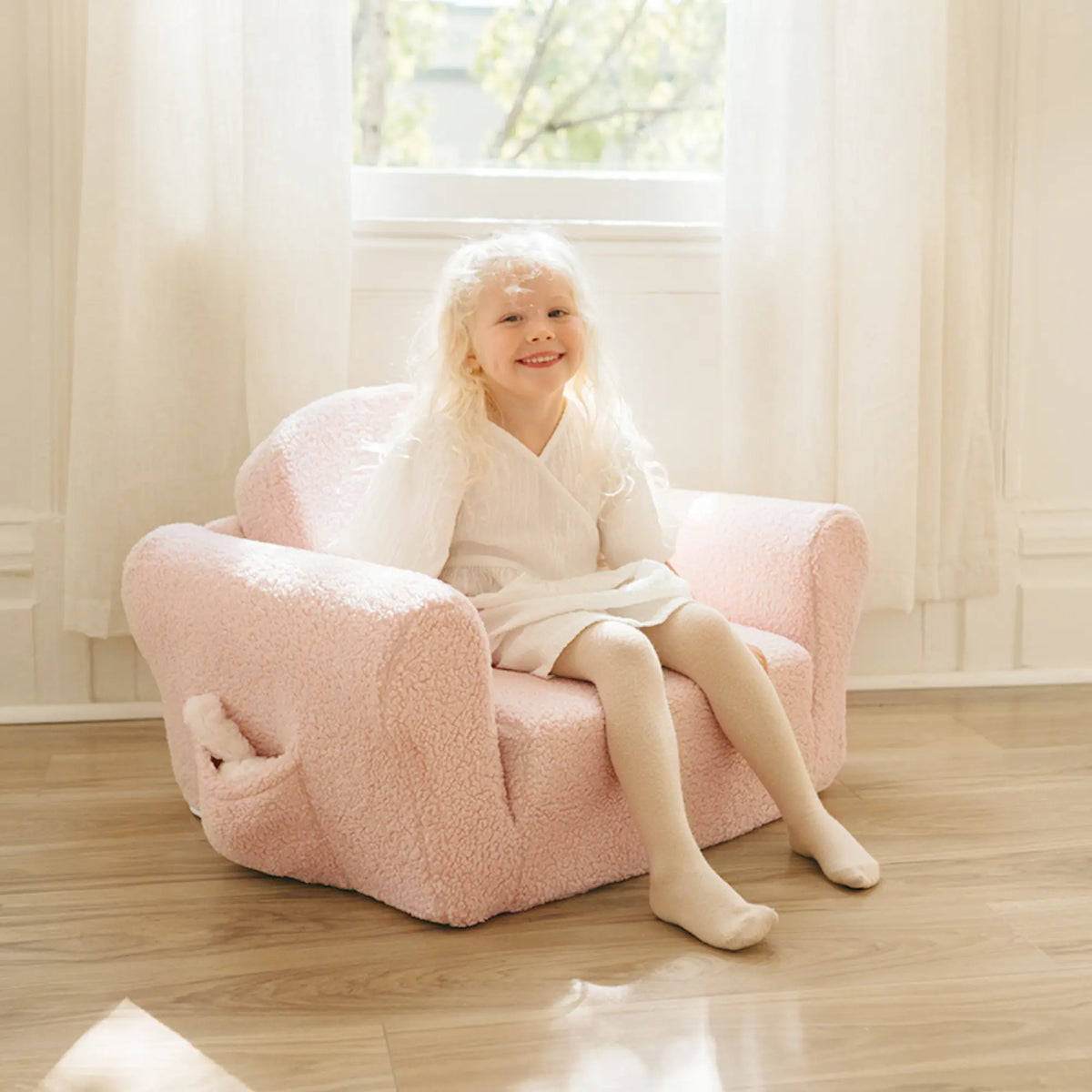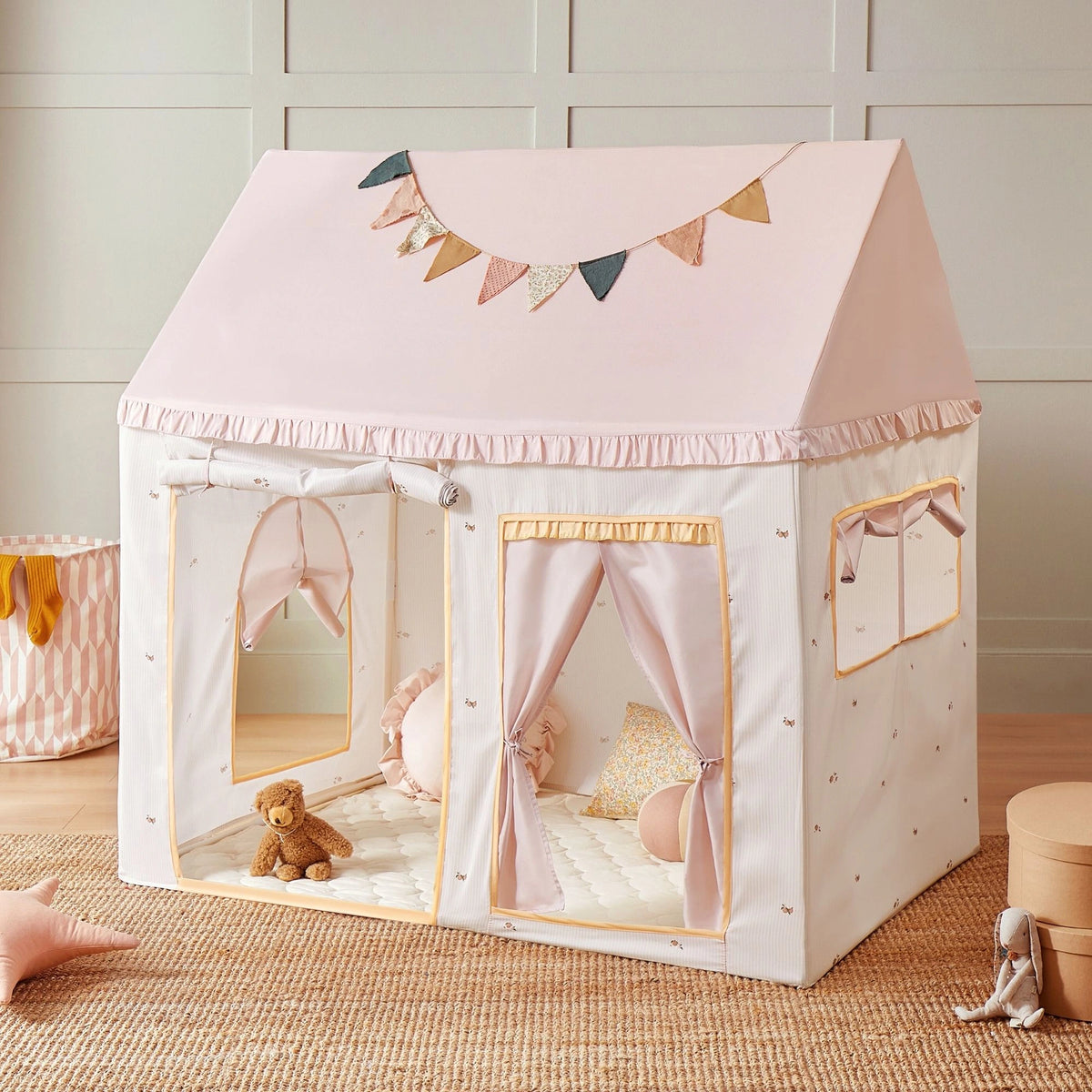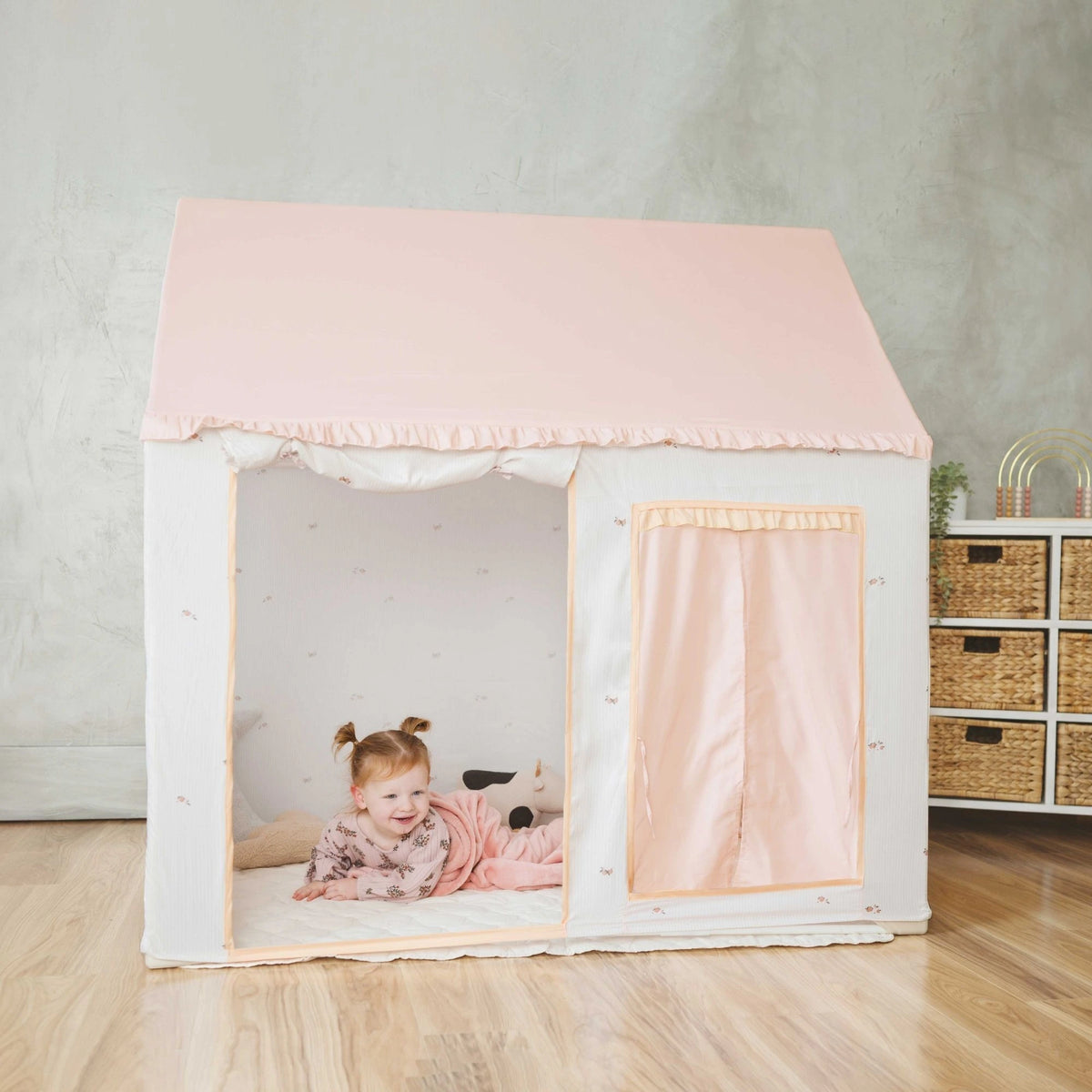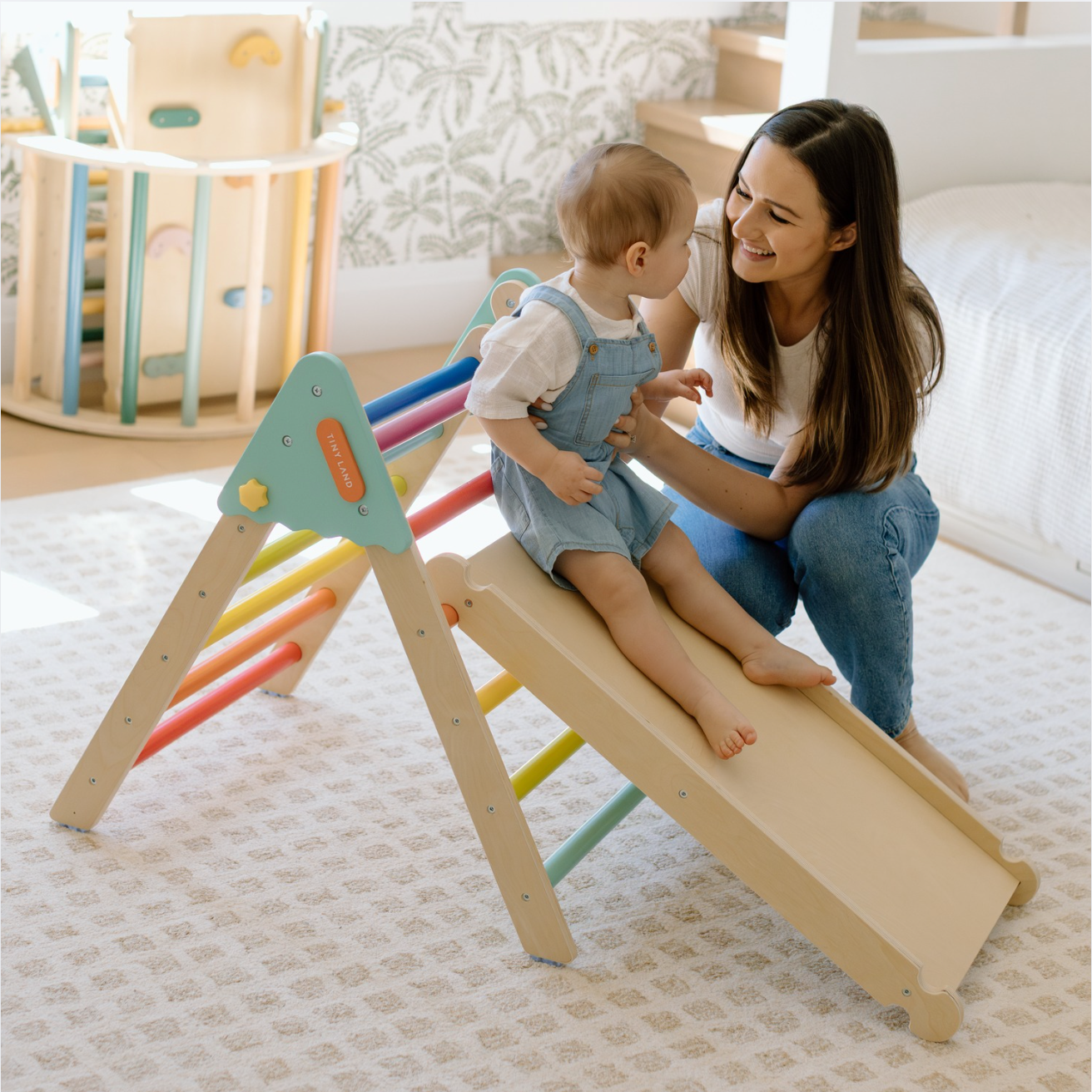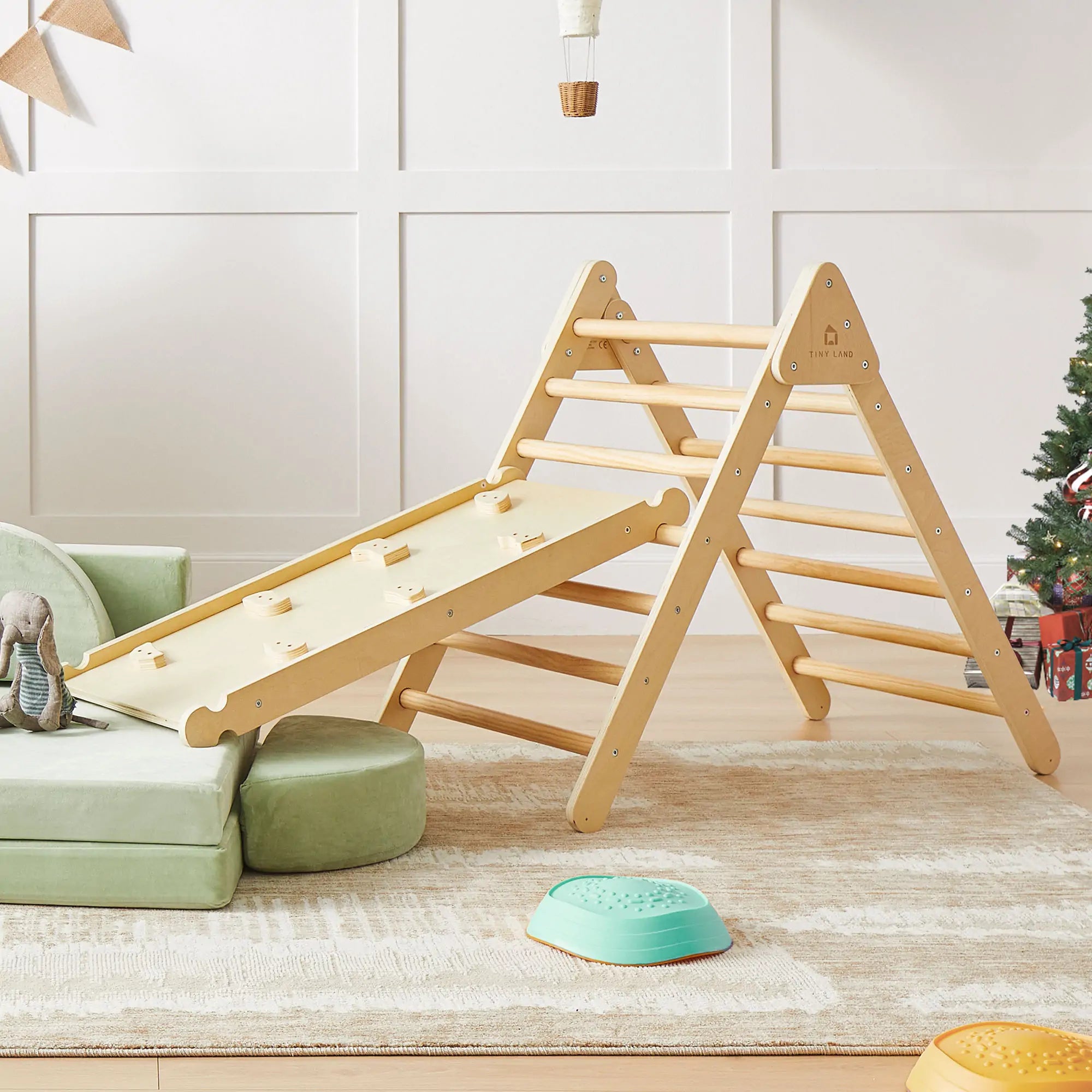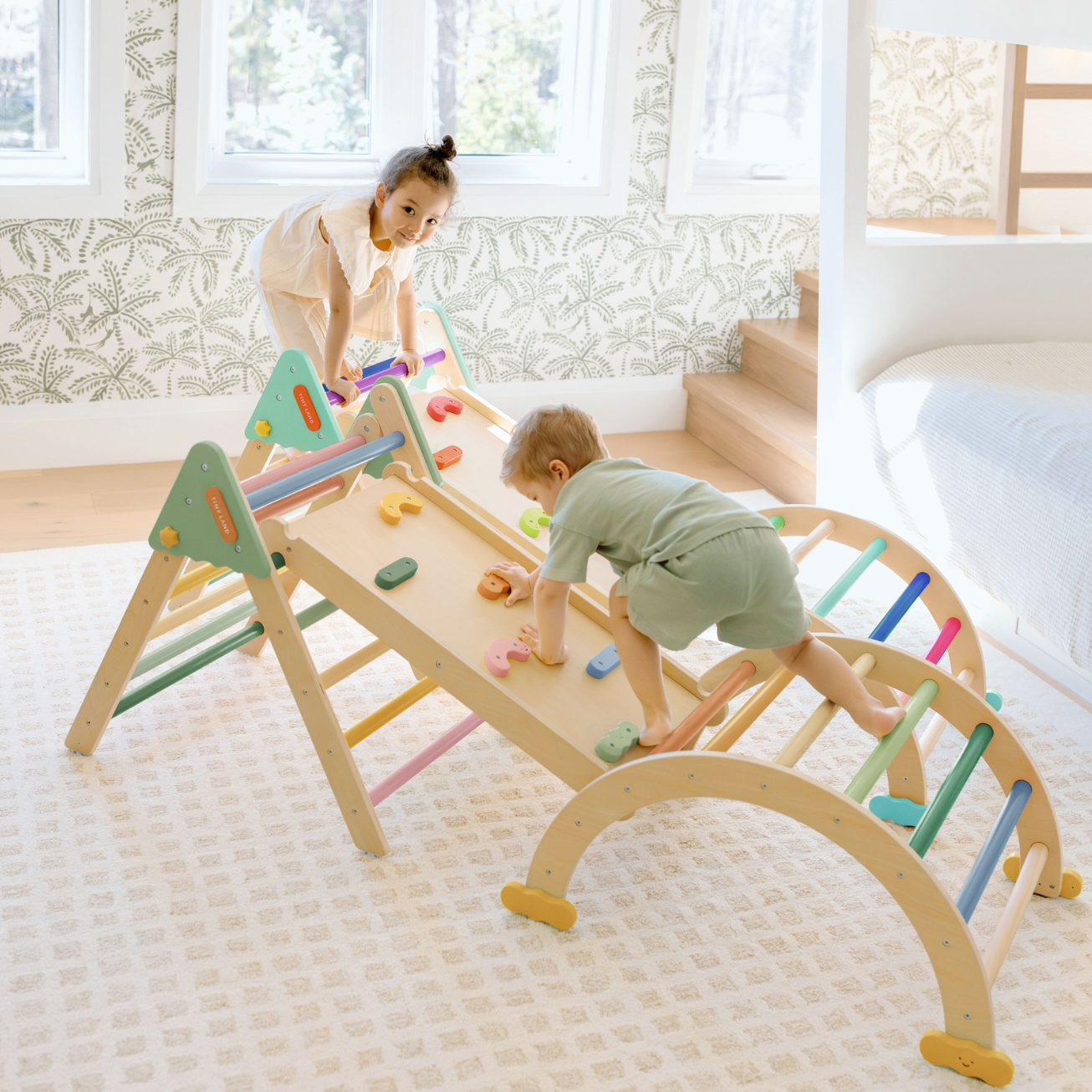Watching your toddler try to climb a chair or couch can be nerve-wracking and inspiring all at once. A well-designed montessori climbing triangle gives them a safer, purposeful outlet for that energy and curiosity. In this post, you’ll learn about pikler triangle uses, why it matters for child development, and how to pick one that fits your home and child.
We’ll also spotlight Tiny Land’s version so you can see how real features map to theory.

What Pikler Triangle Uses Support Growth?
- Climbing practice: letting kids pull, step, and ascend challenges their bodies.
- Bridging to imaginative setups: turn it into a fort, bridge, or hideout for imaginative play.
- Linking accessories: combine it with a climbing arch or ramp to vary movement.
- Balancing moments: children can pause mid-climb, improving stability in a safe and controlled environment.
The best part? It’s so much fun that children don’t realize they’re learning vital skills every time they play.

How It Strengthens Gross Motor Skills & Beyond
A climbing structure helps children use large muscles in legs, core, arms, and back — that’s the domain of gross motor skills. As they climb, they also refine small control, engage grip strength, and coordinate movement. Over time, they develop balance, strength, and spatial awareness in a fun, self-directed way.

Choosing Your Climbing Triangle with Purpose
Not all climbing triangles are equal — here are essential features to look for:
Durable Wooden Toys That Last
High-quality models use solid natural wood with smooth edges and secure joints.

Foldable & Space Saving Design
For apartments or smaller homes, a foldable Pikler triangle keeps things tidy. The best Pikler triangle folds flat in seconds for storage or travel.
Designed for Older Toddlers Too
Choose pieces whose height or tilt can grow with children who are more confident climbers.
Encouraging Independent Play & Self Confidence
A good triangle empowers kids to try, fail, rest, and try again — all under your watchful eye.
Allowing Creative Play Combinations
Sets that support ramps or arches allow more interesting setups and movement paths.

The Role in Child Development
- Encourages self-paced exploration and decision-making
- Bridges movement and imaginative contexts
- Lets kids test boundaries in a low-stakes setting
- Helps integration of fine motor skills (grips, small shifts) into gross movement
- Fosters self-confidence when they accomplish a climb

Spotlight: Tiny Land’s Montessori Pikler Triangle Set
Tiny Land 7‑in‑1 Montessori Climbing Set – How to set up the Montessori Climbing sets?
This model is made from premium wooden toys materials, offers multiple play modes (triangle + ramps + slide + arch), and is designed with a foldable Pikler triangle mechanism so you can store it easily. Its design supports imaginative play and graduated challenge across ages, making it well-suited for older toddlers and younger ones alike. ✨ According to product descriptions, it was built to help motor skills development and confidence in kids.
Because of its modular parts, it gives flexibility to keep play fresh and engaging, which aligns with the idea of many Pikler triangles variants in the market.

Tips for Safe & Engaging Use
- Start with the ladder / lowest bars first — give kids confidence.
- Place a soft mat below to cushion stumbles.
- Encourage periods of rest — climbing isn’t a race.
- Combine with a climbing arch or ramp for variety.
- Let them lead, but always observe for supervision and safety.

FAQ
What is a Pikler triangle used for?
It is used to support climbing, coordination, strength, balance, and imaginative configurations by children. It gives a structured tool for movement play that also encourages creativity.
When can babies use a Pikler triangle?
Many babies begin to safely engage around 6 months, when they start pulling to stand or exploring support with their hands. Tiny Land also discusses this in their “What Age Is Best” blog.

A well-chosen climbing triangle becomes more than a toy — it becomes a foundation for growth, independence, and joyful movement. When you match features like foldability, wood quality, and modular play, you give your child a tool that supports child development at every stage.
If you’re looking for a versatile, thoughtfully designed set, the Tiny Land 7-in-1 Montessori Climbing Set is a model worth checking out.


